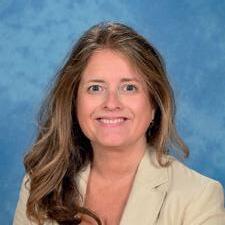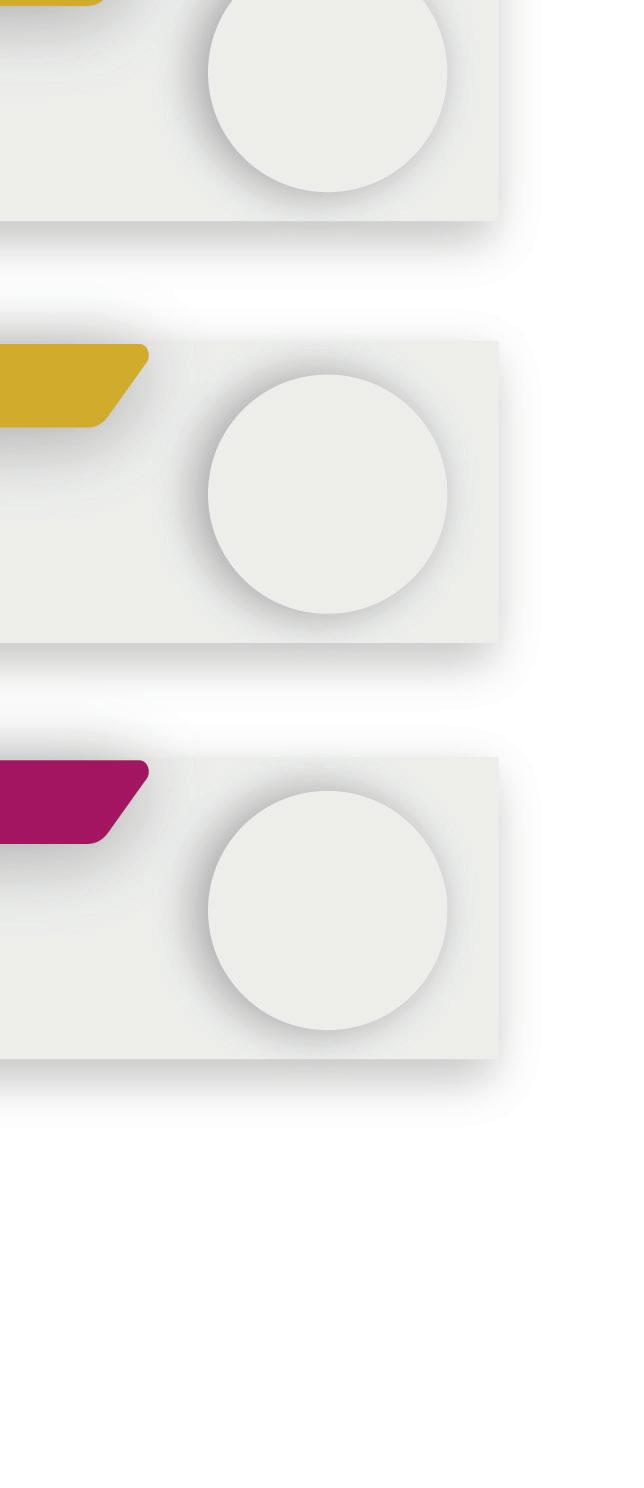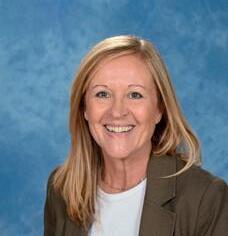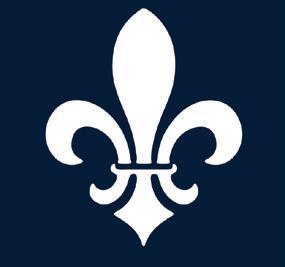


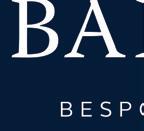
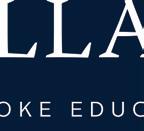
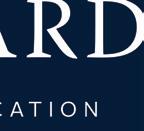
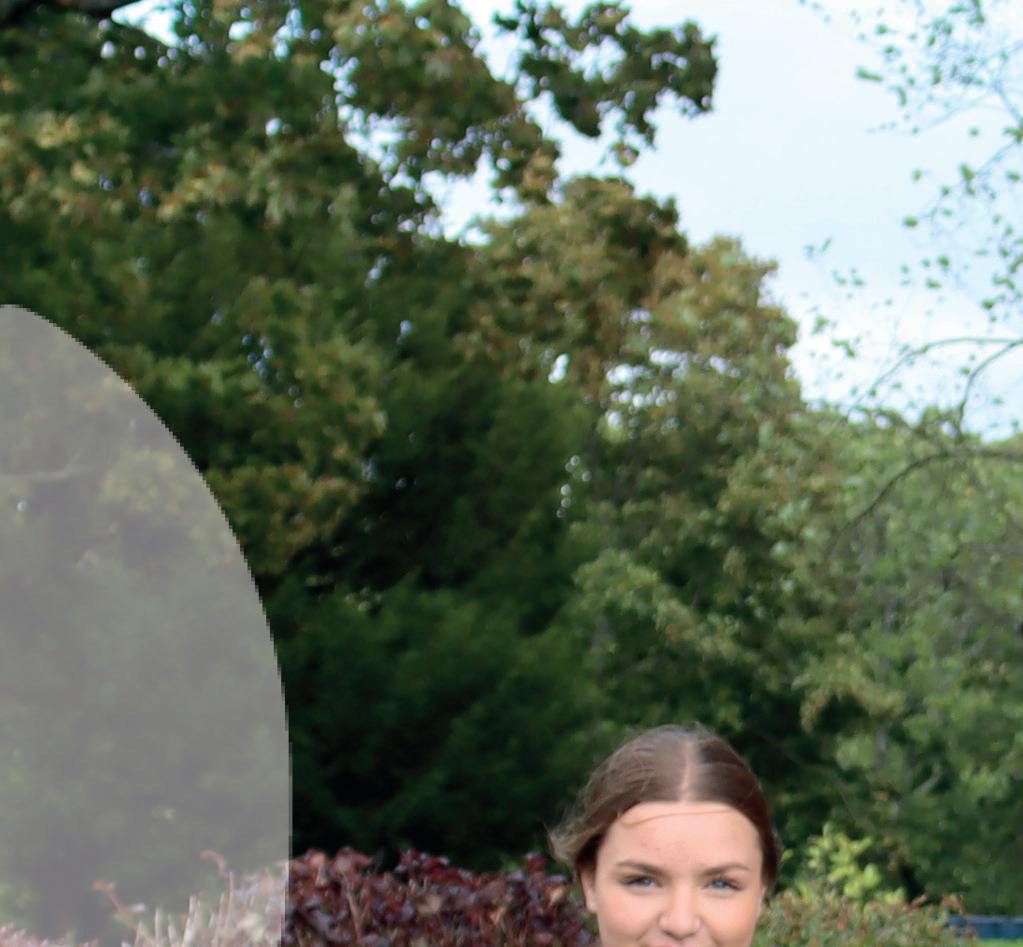
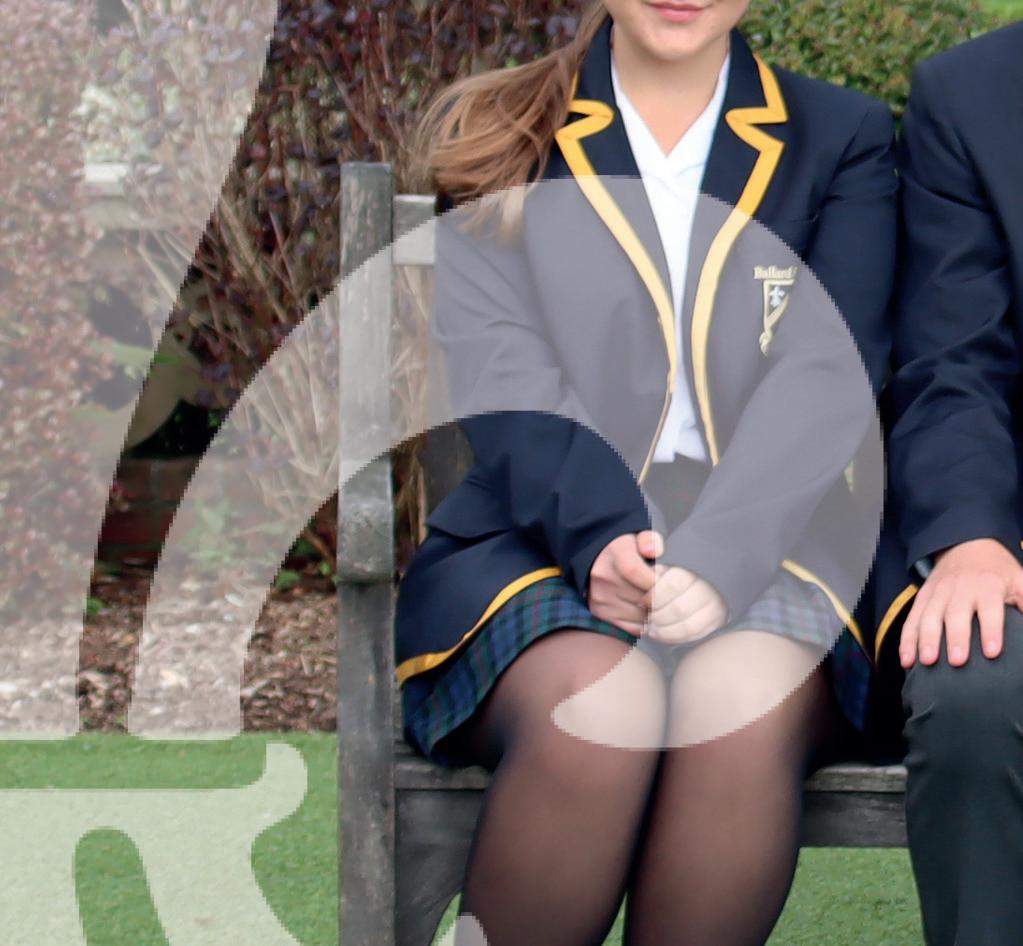


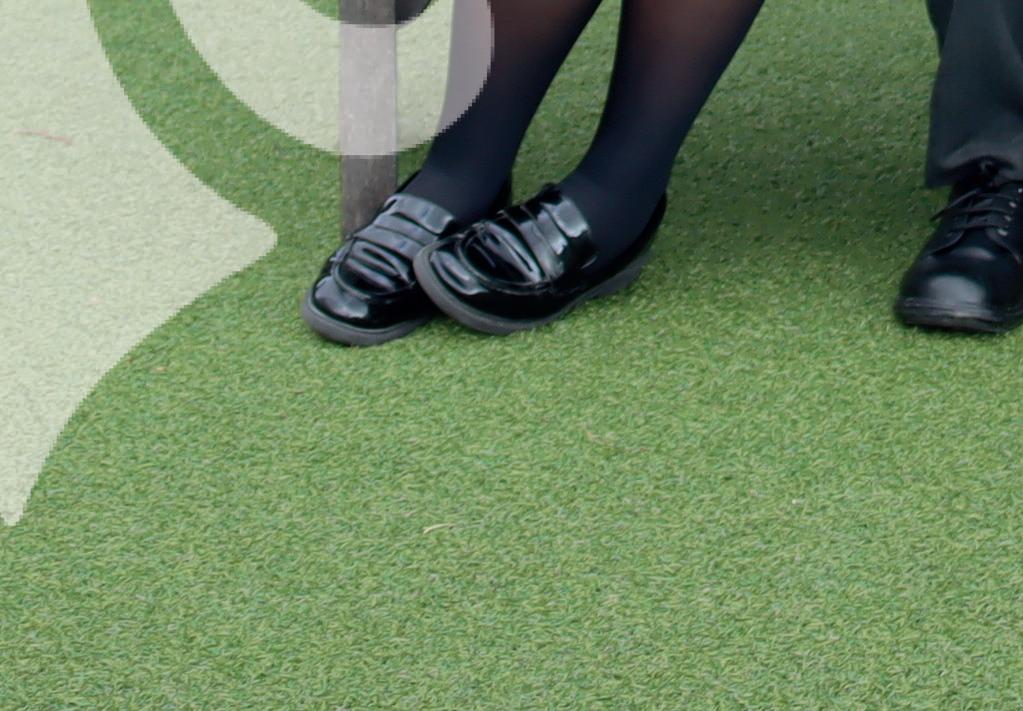
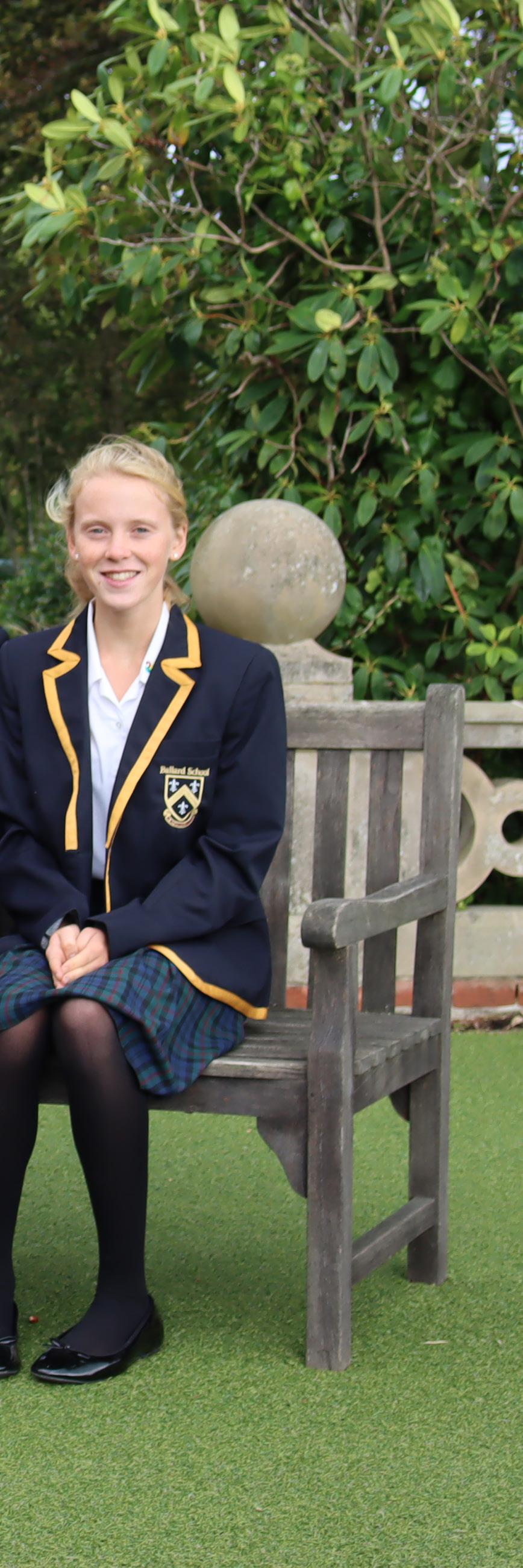













Years 10 and 11 are an important and exiting new phase in our pupils' lives. Their education takes on a different format, and leads to national examinations at GCSE level. We aim to provide each pupil with a course of study which offers both breadth and balance and enables all pupils to gain the appropriate qualifications for their post-16 pathways and life after Ballard.
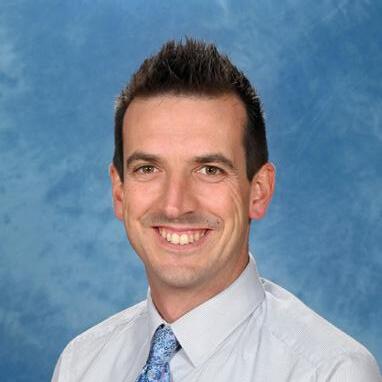
Mr Oliver Rose Director of Teaching & Learning oliver.rose@ballardschool.co.uk
The options process presents an exciting opportunity to optimise pupils’ chances of success in subjects they enjoy and in which they have ability and interest. Our goal is to ensure all our pupils receive a challenging, broad and balanced education that stimulates their passion for learning and also prepares them for future success at post-16 and beyond.
This selection of subjects presents pupils with exciting choices to make but this can also seem daunting. As a school, we pride ourselves in the support we offer our pupils and the guidance we give to make the right choices. This guide is intended as a first port of call to support pupils and their parents, together with members of staff, in planning the next two years of education.
We wish our pupils the very best of luck as they make these important choices for their future. This is an exciting time, and we encourage all pupils to explore their options thoughtfully, remembering that we are here to support and guide them every step of the way.
Director of Teaching & Learning
PASS RATE ART, BIOLOGY, CHEMISTRY, DRAMA, DESIGN, FOOD TECHNOLOGY, MUSIC, PHYSICS, & TEXTILES 100%
GRADE 9-4 ACROSS ALL SUBJECTS 24.9% ABOVE NATIONAL AVERAGE* 92%
PUPILS ACHIEVED TOP GRADES (9-7) MORE THAN DOUBLE THE NATIONAL AVERAGE* 49%
A 0.9 value added score means that, on average, pupils achieved almost one grade higher per subject than expected from their prior attainment in 2025. This strong result highlights the school’s positive impact on progress and places outcomes well above national expectations.
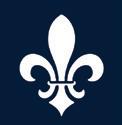
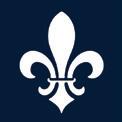

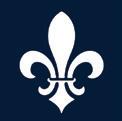
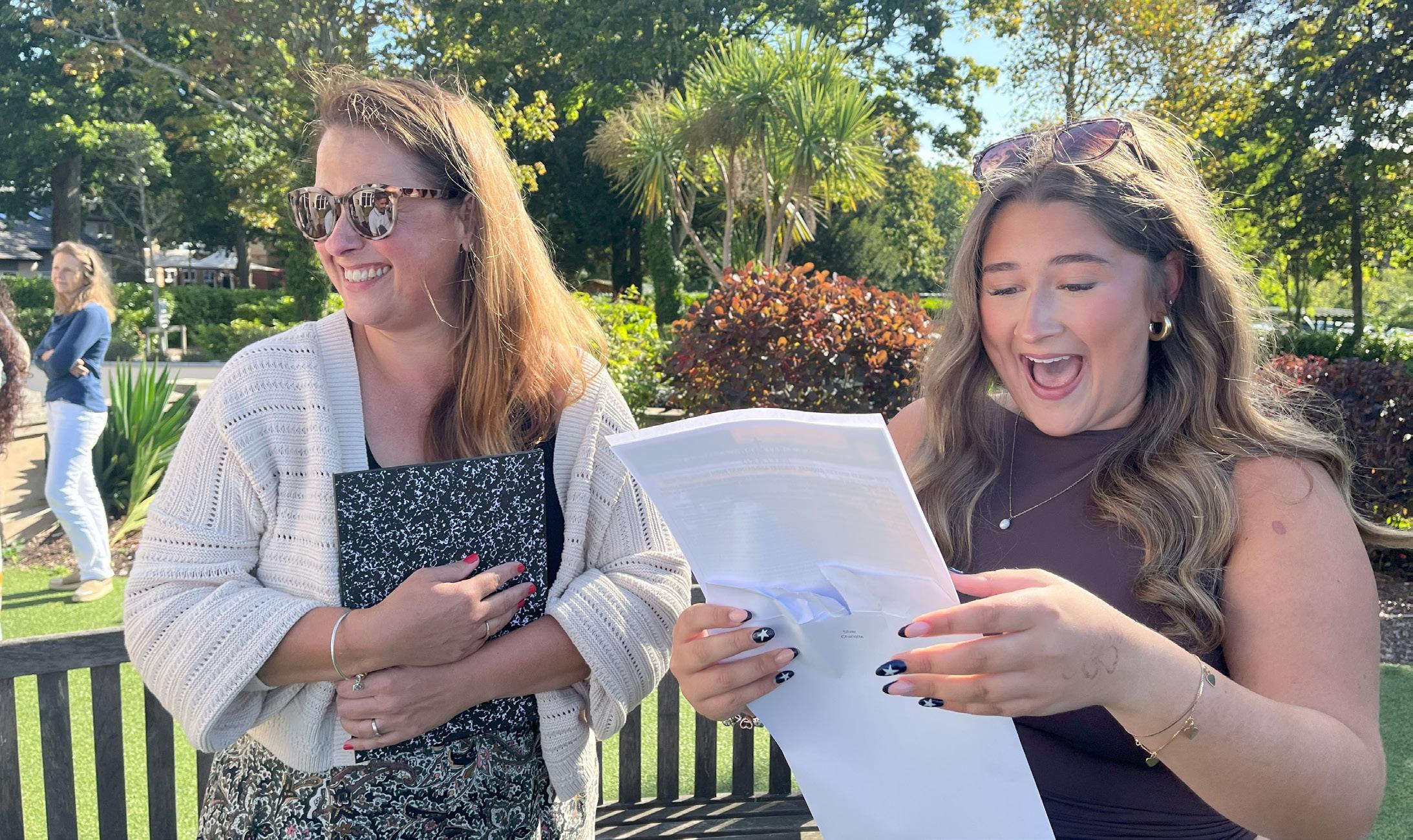
By the Spring Term, all pupils will have selected their GCSE options. We have a thorough and supportive process in place to help guide pupils to reach these important final decisions. There will be opportunities throughout the process to ask questions and explore proposed option choices with a range of staff.
Pupils at Ballard can choose four out of any of the optional subjects offered at Ballard. Pupils need to select four options and one reserve using the Microsoft Form which will be shared with parents and pupils in the Spring Term.
Using this information, option blocks will be established to allow the largest number of pupils to study their preferred subject choices. Every year a small number of pupils will not receive all four of their first-choice GCSE options due to option block clashes or a course not running due to low levels of interest. We hope to offer the reserve option in this case. However, If the reserve option isn’t possible, we will contact families to discuss suitable alternatives.
Pupils will receive confirmation of their final options as early as possible in the Spring Term to give them peace of mind. Please note, once the option blocks have been established, they cannot be changed. If pupils wish to change an option after this date, they will have to choose from the newly created option blocks. Please refer to the Options Timeline on page 7 for more details
September

October
November
January
February
March
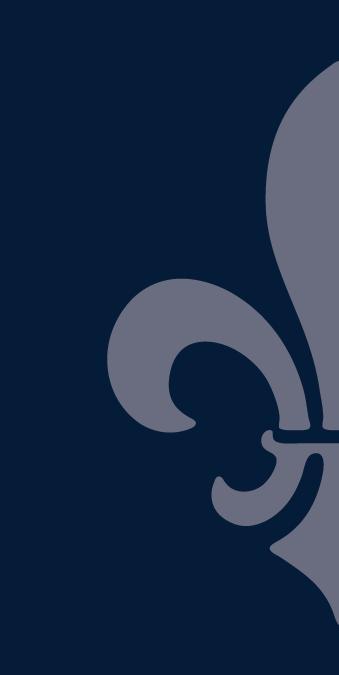
GCSE Options assembly
Post-16 Careers exhibition 1 to 1 Careers guidance begins
Option Guide goes live on MSP & Website GCSE options launch in PSHE
GCSE options evening GCSE options presentations (in lessons)
Guided discussions with pupils
Final Year 9 Parents' Evening Options choices deadline
Confirmation of final GCSE Options to parents & pupils
All pupils will study a core curriculum which includes iGCSE English Language, English Literature, Mathematics and GCSE Combined Science, as well as recreational Core Physical Education and PSHE.
Where Separate Science is taken as an option subject, this will add an extra three lessons a week to the six Core Science lessons, reducing further option choices to three additional subjects.
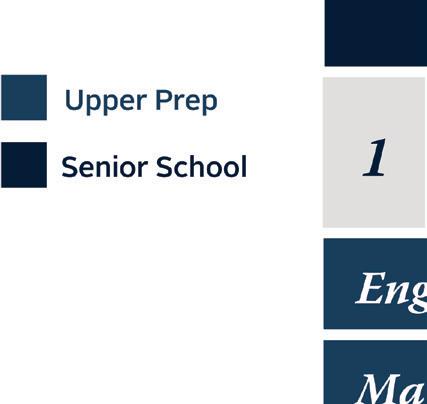
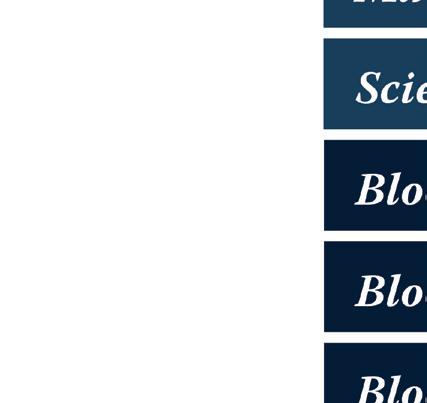
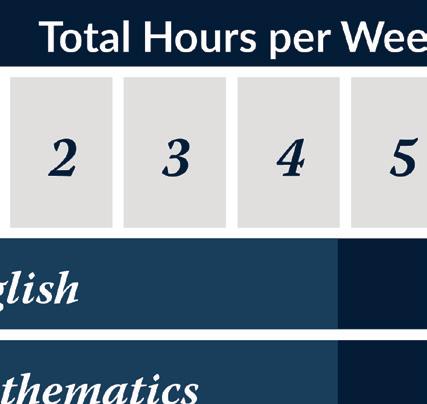
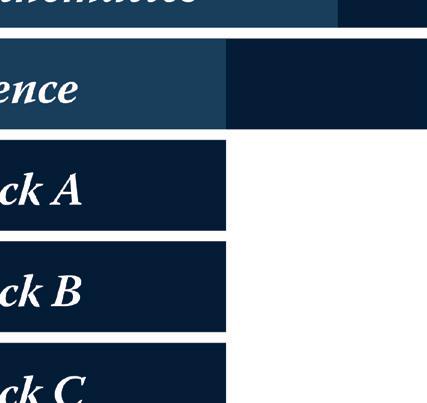

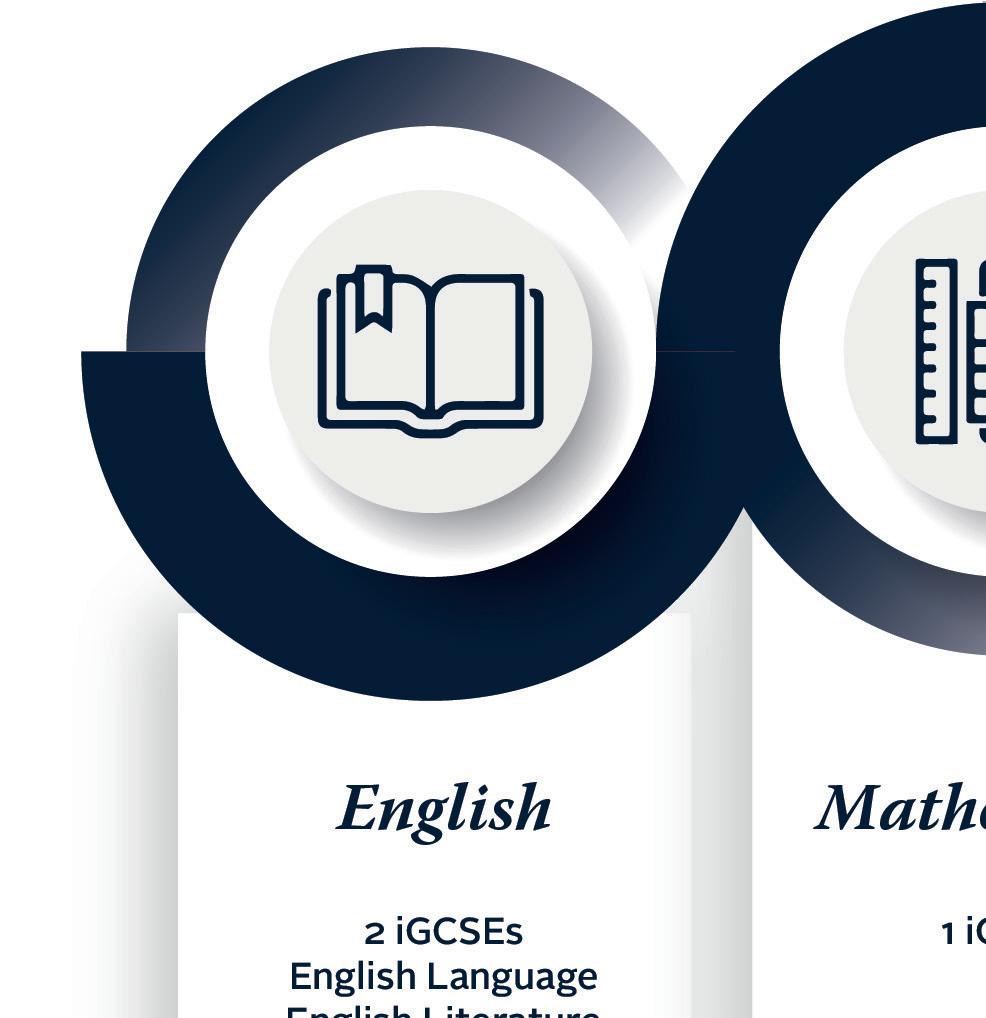
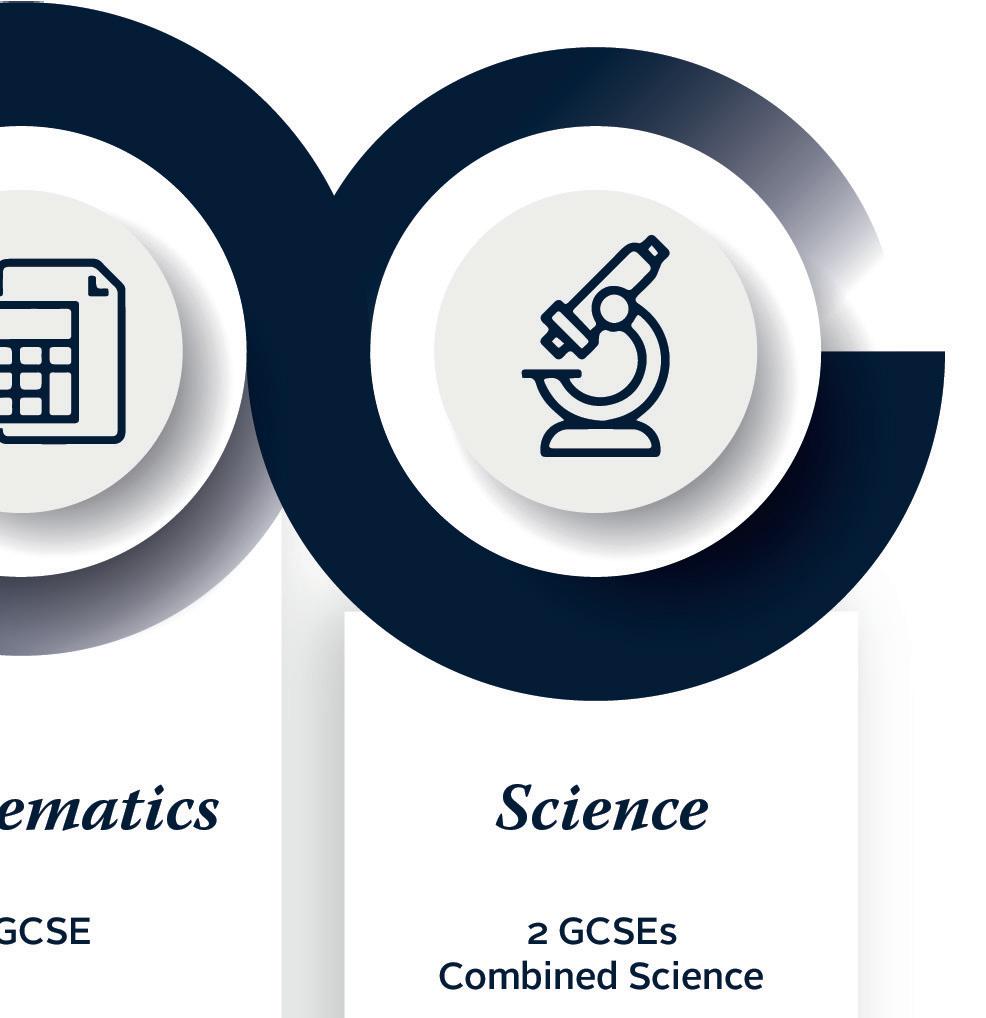


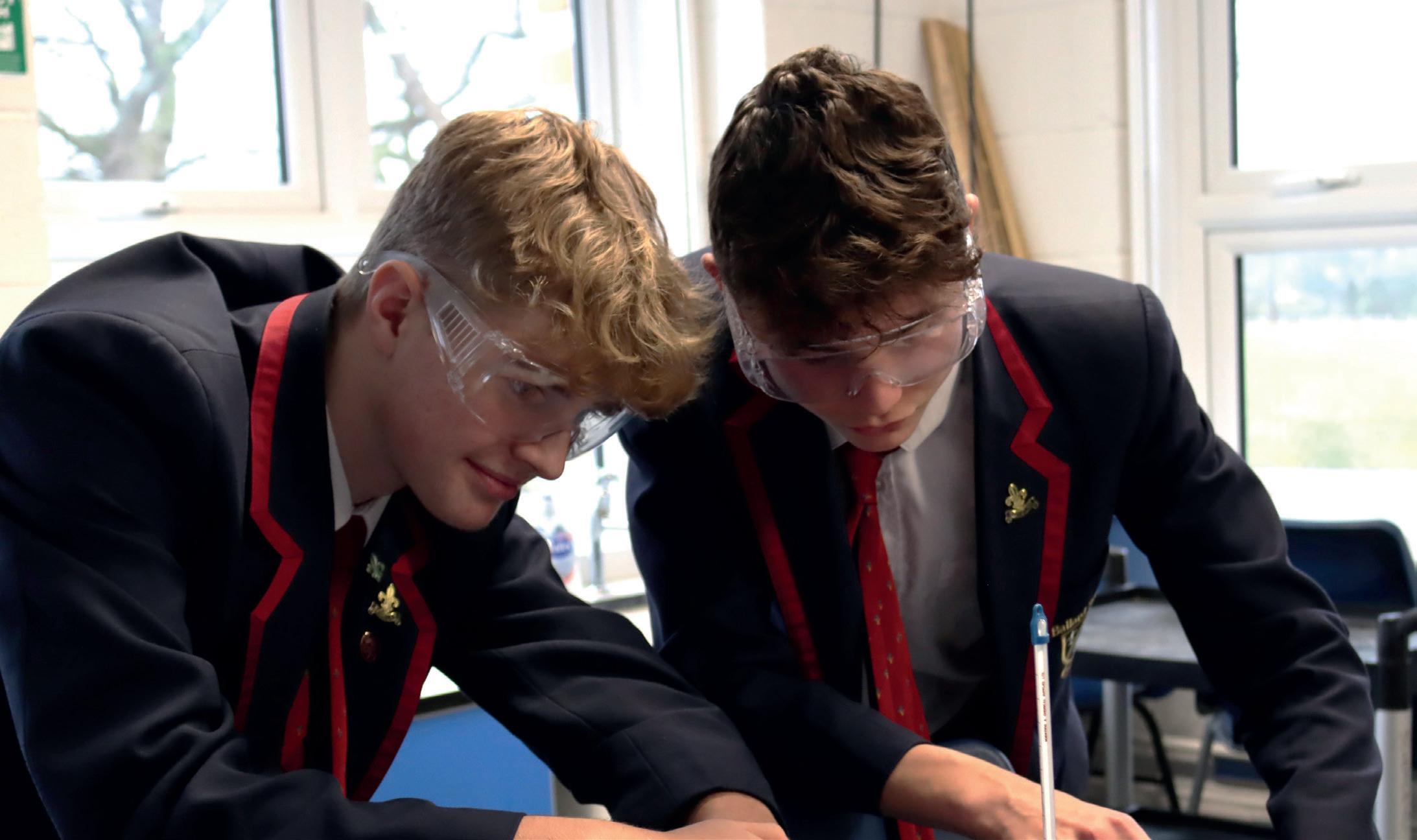
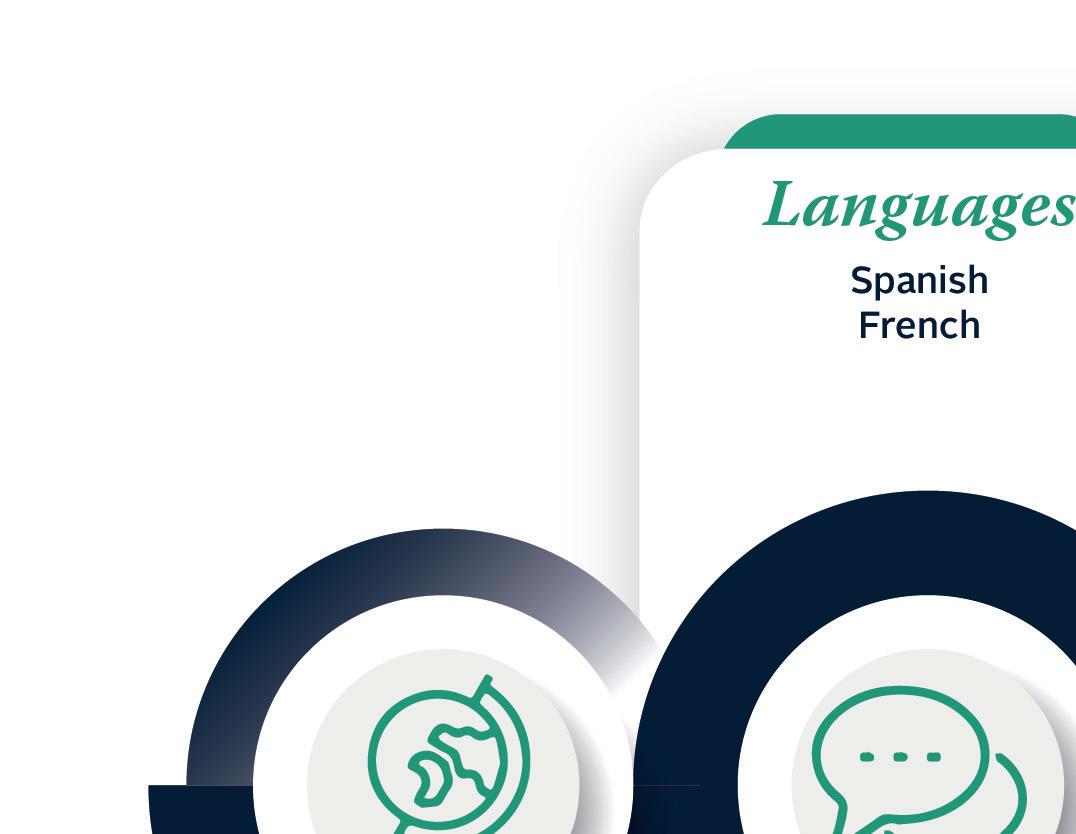
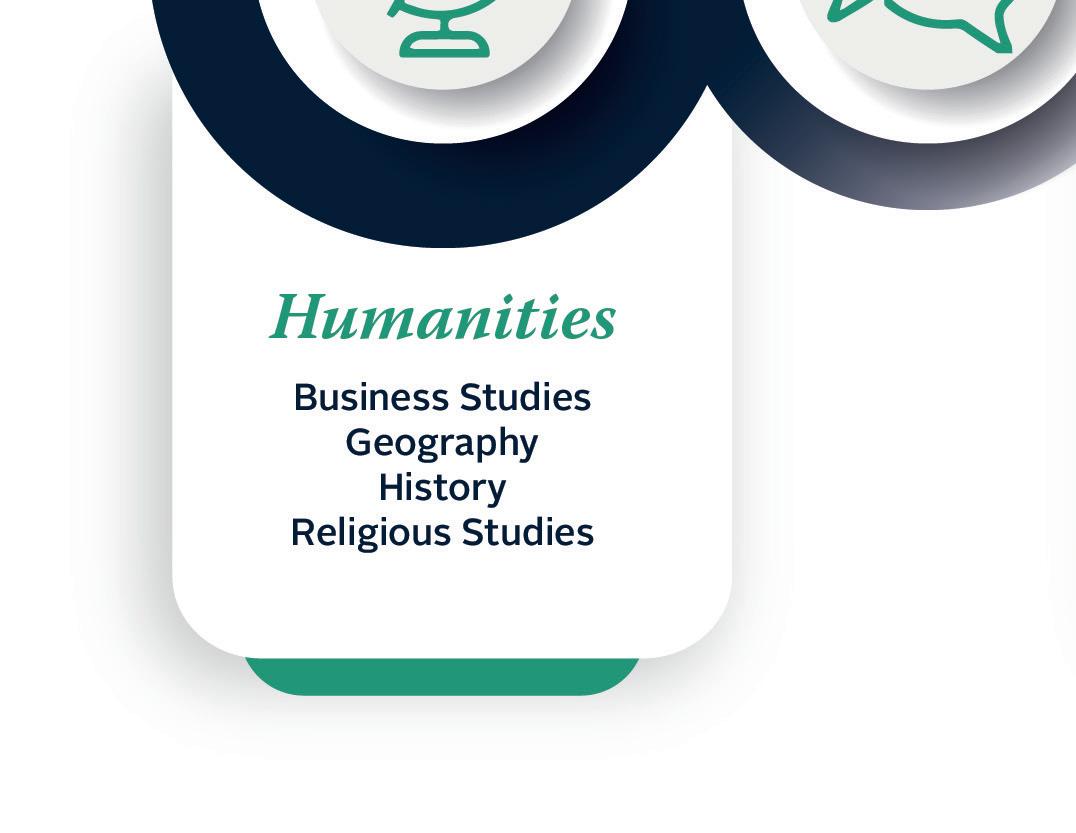
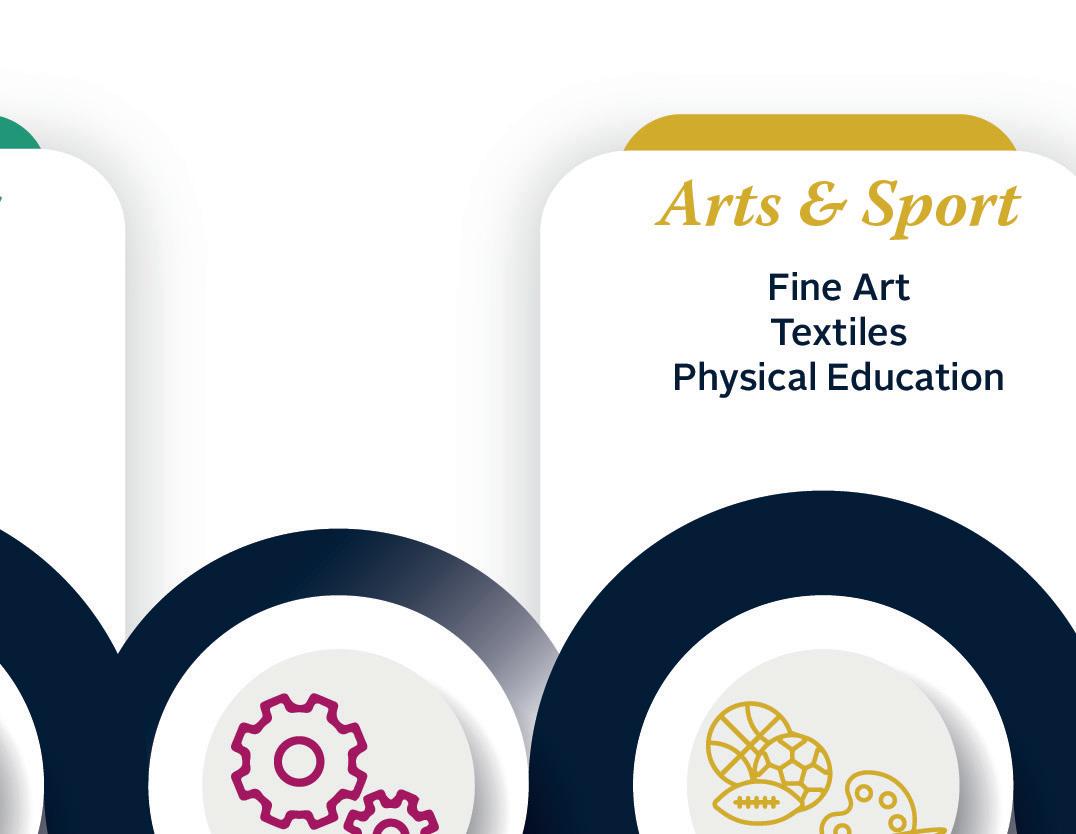

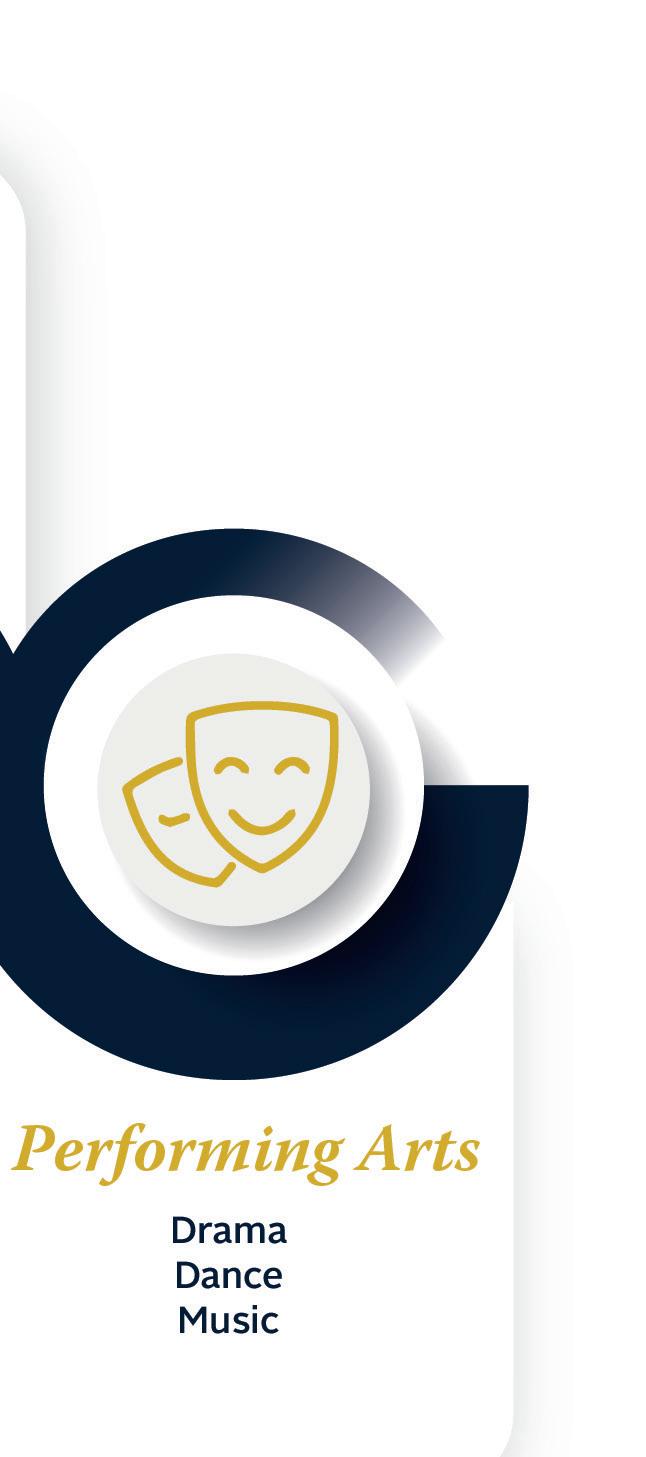

All pupils have the choice of four option subjects from five disciplines: Humanities, Languages, STEM, Arts & Sport and Performing Arts. Each subject takes up 3 lessons per week to a total of 12 lessons for optional subjects.
*The separate science pathway is classified as an option choice, leaving three other option choices to choose from.



When considering your GCSE options, it's important to keep in mind that most A-Level and Post16 courses require at least 5 strong GCSE passes (grade 5 or higher). Additionally, some A-Level subjects may expect you to have already studied the subject at GCSE level.
• Choose subjects you enjoy: passion for a subject can keep you motivated
• Play to your strengths: select subjects that match your skills and abilities
• Consider your performance: pick subjects where you tend to do well
• Look for subjects that complement each other: think about how they might work together
• Think ahead: choose subjects that will lead to future options in Post-16 courses or careers
• Don’t choose a subject just because your friends are doing it: your choices should be personal
• Don’t pick a subject just because you heard it was easy: what is easy for one person may not be for you
• Don’t choose a subject solely because you like your current teacher: teachers may change
• Don’t pick a subject you don’t fully understand: make sure you know what the subject entails
Some career paths might require specific GCSEs, so research your future ambitions and plan accordingly.
Be mindful of picking too many subjects with Non-Exam Assessments (NEAs), as managing multiple coursework-heavy subjects can be overwhelming.
Keep your options open and make sure to research your choices thoroughly.
NEAs is the new name given to traditional coursework. Some of the GCSE subjects are assessed partly or wholly by NEAs, which give pupils the opportunity to demonstrate skills and techniques that could not be demonstrated through a final examination.
NEAs are assessed under controlled conditions as required by the Examination Boards and these can be set over several hours or days.
NEAs can take the form of:
• Projects and fieldwork
• Written work and essays
• Artwork
• Performances
To ensure you are making informed decisions that are right for you, talk to people including:
• Subject teachers
• Heads of Department
• Year 9 Form Tutors
• Head of Senior School – Mrs Guillen
• Careers Lead – Ms Hewison
• Director of Teaching & Learning – Mr Rose
• Director of Curriculum & Assessment – Mr Walter
• Leadership Team – Mr McCleave, Mr Jackson, Mrs Gray and Mrs Munro
• Pupils currently studying the subject in Year 10 or Year 11

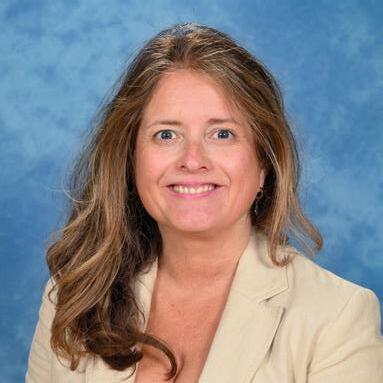
Ms Nichole Hewison Careers Advisor nichole.hewison@ballardschool.co.uk
As Year 9 pupils begin to consider their GCSE options, we provide tailored support to guide them through the process. This includes the annual Post-16 Exhibition, assemblies, form time sessions, PSHE lessons, one-to-one advice, and use of a wide range of online resources. Year 9 pupils benefit from specialist careers guidance from external careers providers, EBP South. These in-person pupil sessions offer a purposeful dialogue regarding education and career pathways.
Each session will last for 50 minutes and offers tailored advice for our young people, resulting in a digital Action Plan summarising the discussion and the next steps for the child to take, in terms of researching their future options.
These action plans will be shared with both pupil and parents after the meeting has taken place.
Each autumn, Ballard hosts its annual Post-16 Careers Exhibition, which continues to grow year on year. The event is well-supported by a wide range of local sixth-form providers, colleges, and increasingly, local employers such as JP Morgan, Berthon Boatyard, Frettens Solicitors, and The Army.
The evening offers a valuable opportunity for pupils and parents to explore the many post-GCSE pathways available. It also provides a real insight into life beyond Ballard, with several former pupils returning as exhibitors to share their experiences.
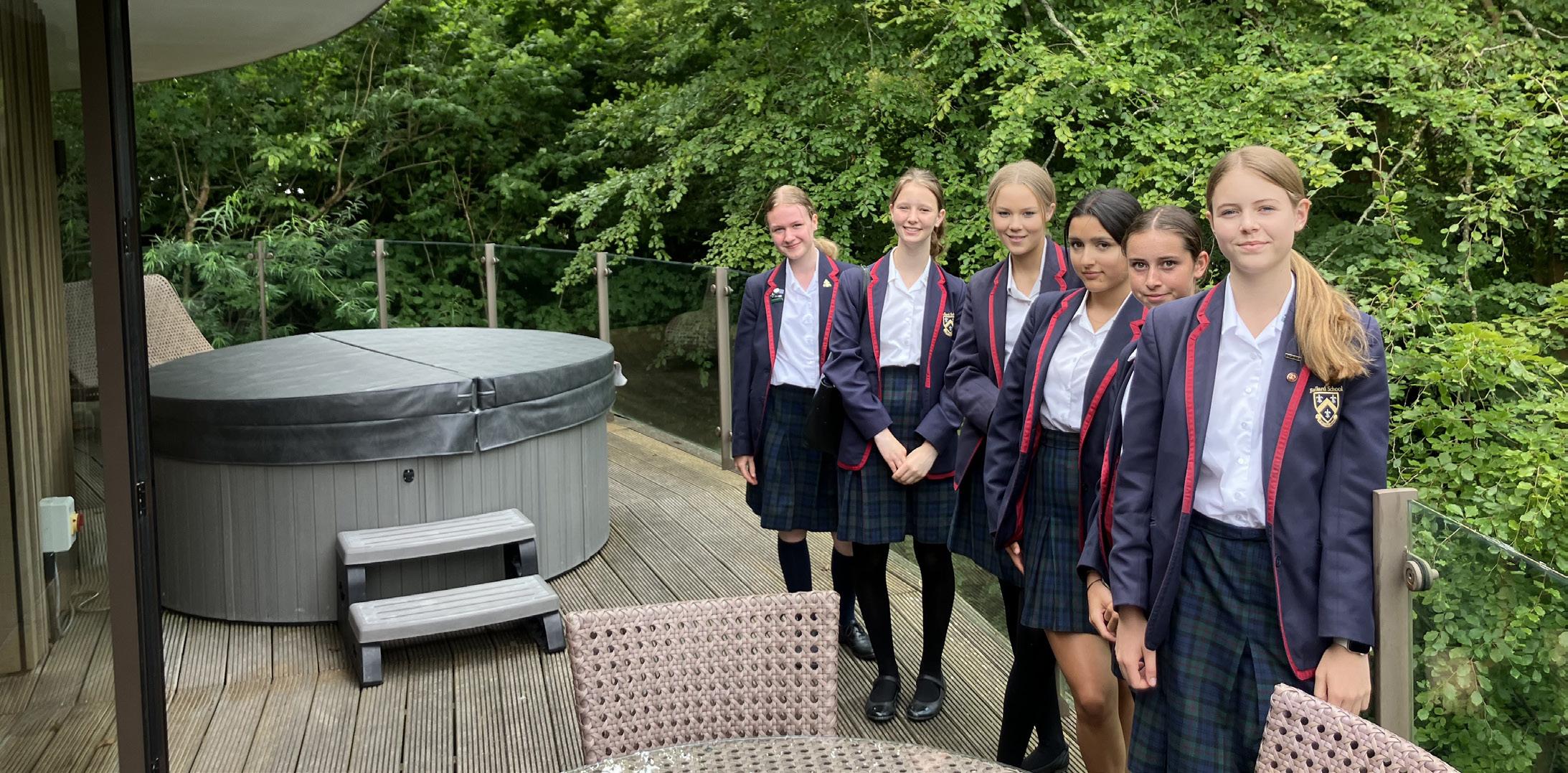
The internet is a powerful tool for researching GCSE subjects and exploring future career pathways. At Ballard, pupils are guided towards trusted websites such as Careerpilot, Springpod, The Student Room (TSR), and the National Careers Service.
These platforms offer up-to-date information, interactive tools, and real-life insights to help pupils understand how their subject choices can shape future opportunities. From career quizzes to virtual work experience, these resources support informed and confident decision-making.
As part of Trips Week, all Year 10 pupils take part in a full week of work experience. This is organised in partnership with EBP South, who offer access to their extensive database of local providers. The programme gives pupils a valuable first taste of the working world, helping them develop confidence and new skills.
Many pupils describe the experience as highly rewarding, and it often inspires them to think more deeply about their future careers. In some cases, it can even open the door to further placements and opportunities beyond school.
In Year 11, pupils receive dedicated support with writing their personal statements for post-16 applications. Staff guide pupils in presenting their strengths, achievements and ambitions clearly and effectively. To further prepare them, pupils also take part in practice interviews at the beginning of Year 11, helping them build confidence and refine their communication skills.

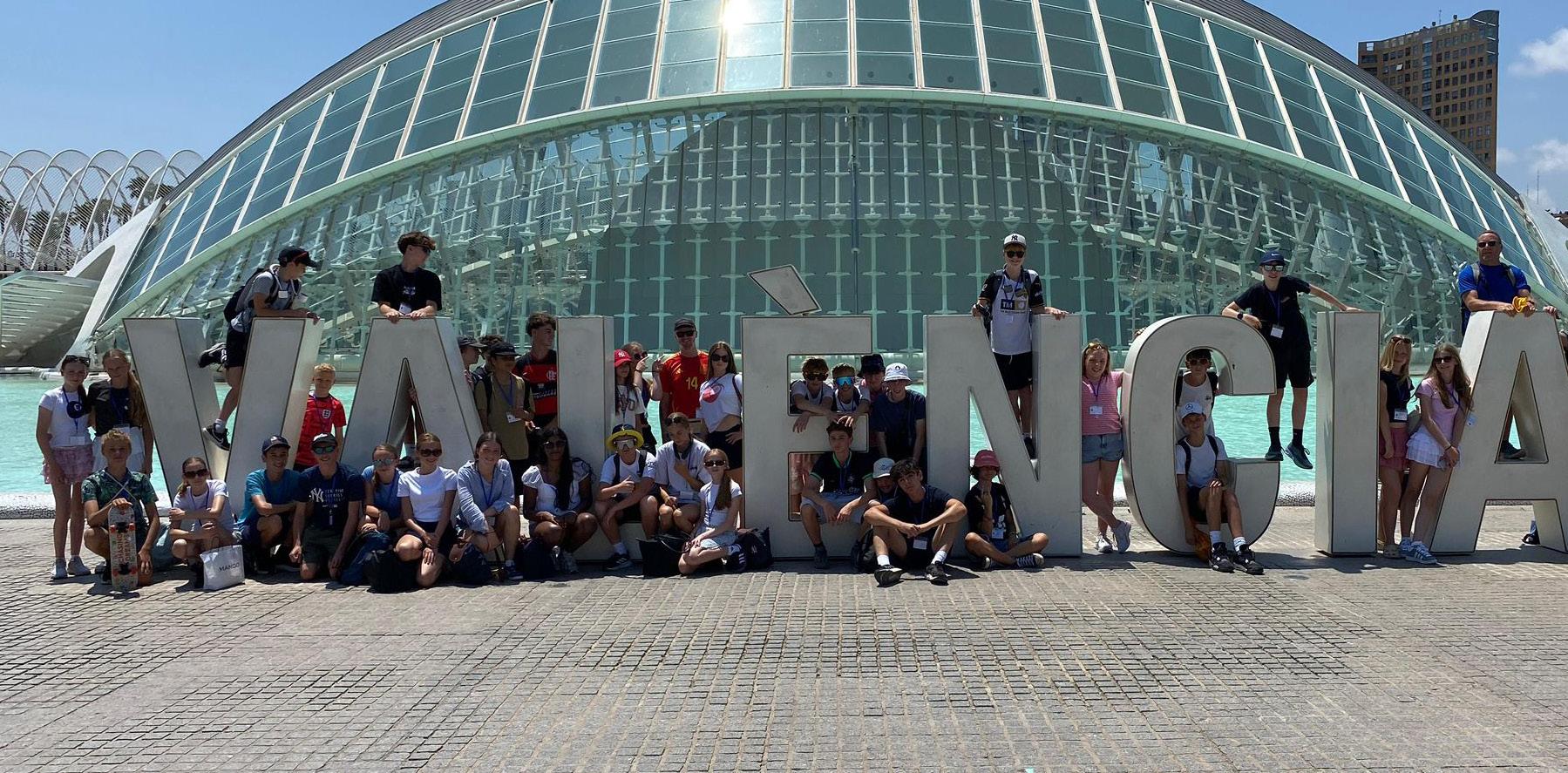
WITH A
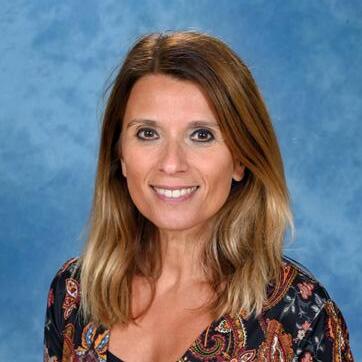
Mrs Angela Guillen Head of Senior angela.guillen@ballardschool.co.uk
The GCSE years are a crucial time in our children's development, both personally and academically. At Ballard, we want to ensure that our pupils are supported and their needs are properly identified and met. The role of the tutor and the pastoral team are fundamental. Pupils' needs are identified and action plans are put in place to support children's learning. Through assemblies, form time and PSHE, we emphasise the importance of having a trusted adult at school.
Our Senior School is a nurturing and vibrant environment. Pupils are taught by specialist subject teachers who are passionate about learning and the subjects they teach. In addition, our experienced tutors establish excellent relationships with their pupils during form times.
Regular assemblies celebrate different themes of the week and our pupils' contributions are always welcome and indeed encouraged.
In Year 11, pupils who would benefit from additional guidance after their mock exams are paired with an Academic Mentor, to offer personalised support and build confidence and strengthen learning. By setting goals, reviewing achievements, and developing effective study habits, they help pupils feel supported and ready to reach their full potential.
Our pastoral support and qualified Emotional Literacy Support Assistants (ELSAs) are always there to chat and offer a listening ear, to relieve anxiety and stress levels, at a crucial time for pupils.
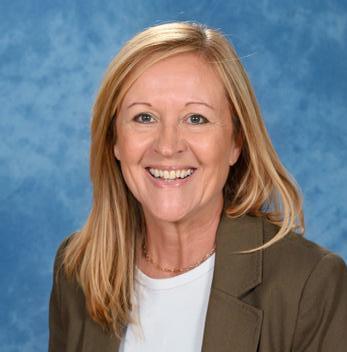
Mrs Jan Brook Head of Learning Support & SENCo jan.brook@ballardschool.co.uk
At Ballard, we pride ourselves on ensuring the correct access arrangements are in place to ensure a level playing field occurs for all pupils. Exam Access Arrangements (EAAs) are not for pupils who are slightly inconvenienced or have minor difficulties. EAAs are for the substantially disadvantaged or disabled, within the meaning of the Equality Act 2010. This means they have a physical or mental impairment which substantially affects their day-to-day activities that has lasted, or is likely to last, for a minimum of 12 months.
Access arrangements are adjustments that enable candidates with specific needs, such as special educational needs or disabilities (SEND), to access exams fairly. They allow pupils to demonstrate their knowledge and skills without altering the demands of the assessment.
If your child has additional needs, please inform the Head of Learning Support / SENCo as early as possible so that the right support can be considered. Parents and carers should also note any additional needs on the enrolment declaration form.
The SENCo will then work with teachers and the pupil to identify suitable arrangements. These might include support for difficulties with reading, writing, processing speed or concentration.
Not every pupil with additional needs will require access arrangements — these are only put in place where a difficulty has a direct impact on exam access.
Assessments are carried out by the Head of Learning Support or the school’s appointed assessor. For example, this may determine whether 25% extra time is appropriate.
In some cases, trial strategies such as rest breaks are considered first. If an external assessor is involved, their assessment must be arranged in consultation with the school so that the correct evidence is gathered. Medical specialists (such as consultants or psychiatrists) can provide a formal diagnosis, but the decision about access arrangements rests with the school.
Teachers also provide evidence to show how an arrangement supports learning in class, internal tests, and mock exams.
Some access arrangements require formal applications to the exam boards. For pupils with more complex needs, the school may discuss the arrangements directly with the awarding body.
All schools must follow the national regulations for access arrangements to ensure fairness for all candidates. These processes are closely monitored and arrangements will always be made in the best interests of pupils while staying within the required guidelines.

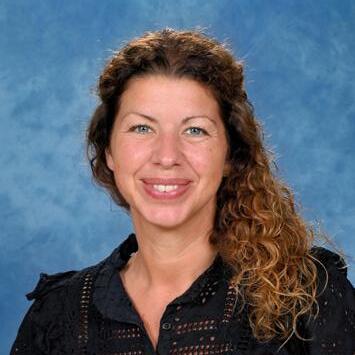
Mrs Victoria Gray Deputy Head Co-Curricular & Operations victoria.gray@ballardschool.co.uk
Co-Curricular activities remain an important part of the timetable for Senior pupils as they go through their GCSE studies at Ballard. Participation in DofE, Performing Arts, Sports and other valuable hobbies are valued by further education establishments and employers and forms an important element of the pupils’ personal statements as they apply for College and beyond. More than that, however, these activities provide a valuable ‘brain break’ from academic studies, help pupils develop skills that will prepare them for life beyond Ballard and create unforgettable memories and experiences.
Some GCSE courses, particularly those with a practical element, will require pupils to participate in the Co-Curricular activities programme. This might include music ensembles and sporting teams. Senior pupils are actively encouraged to remain involved in sports teams, productions, plays and concerts. The programming of these events is done in conjunction with the academic team to ensure it complements lessons and examinations.
Ballard pupils will always be given the opportunity to receive support with their GCSE studies to reach their potential grade, or challenge themselves to go further. This support can happen as part of the raising attainment programme, but should be balanced with other activities.
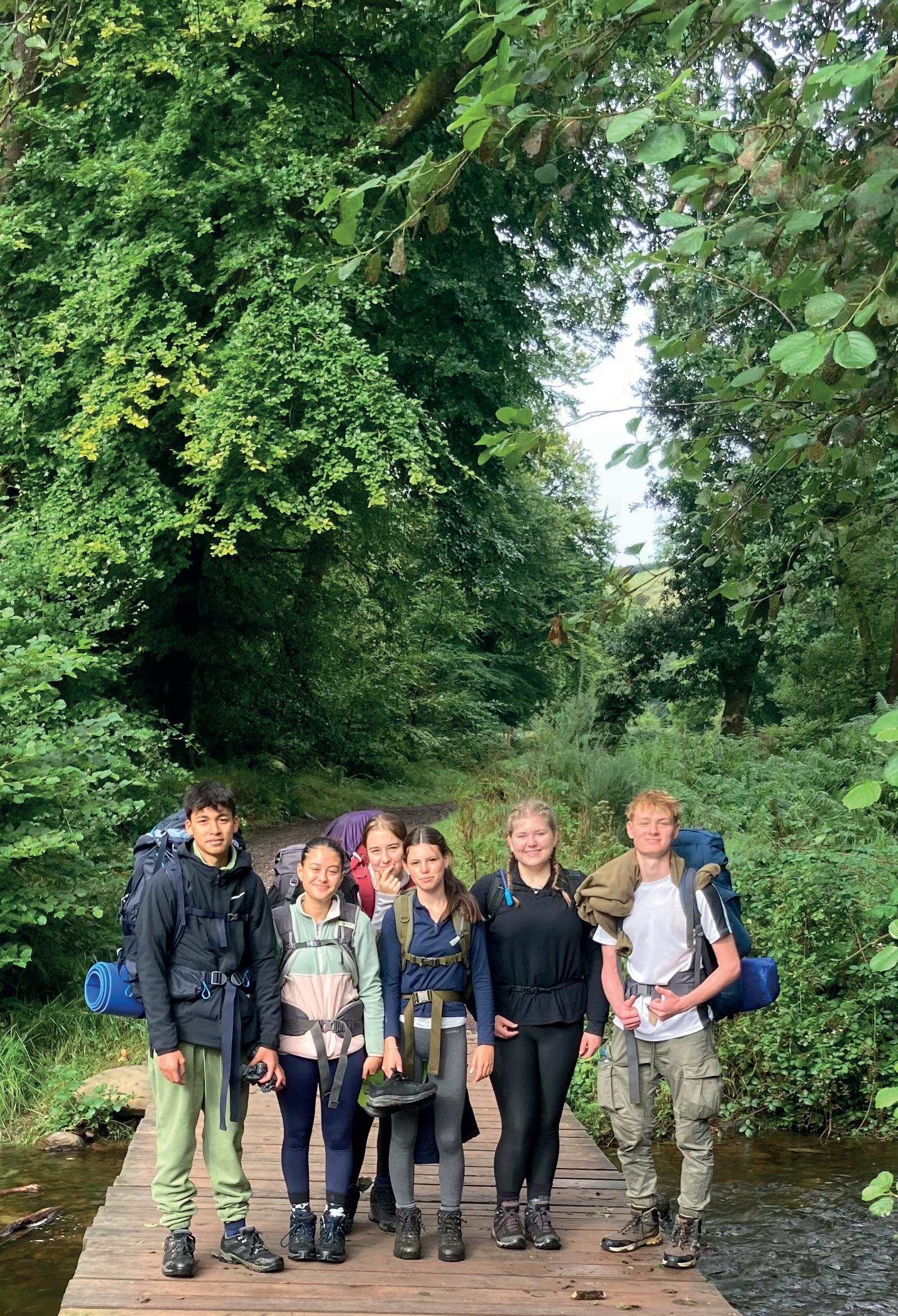
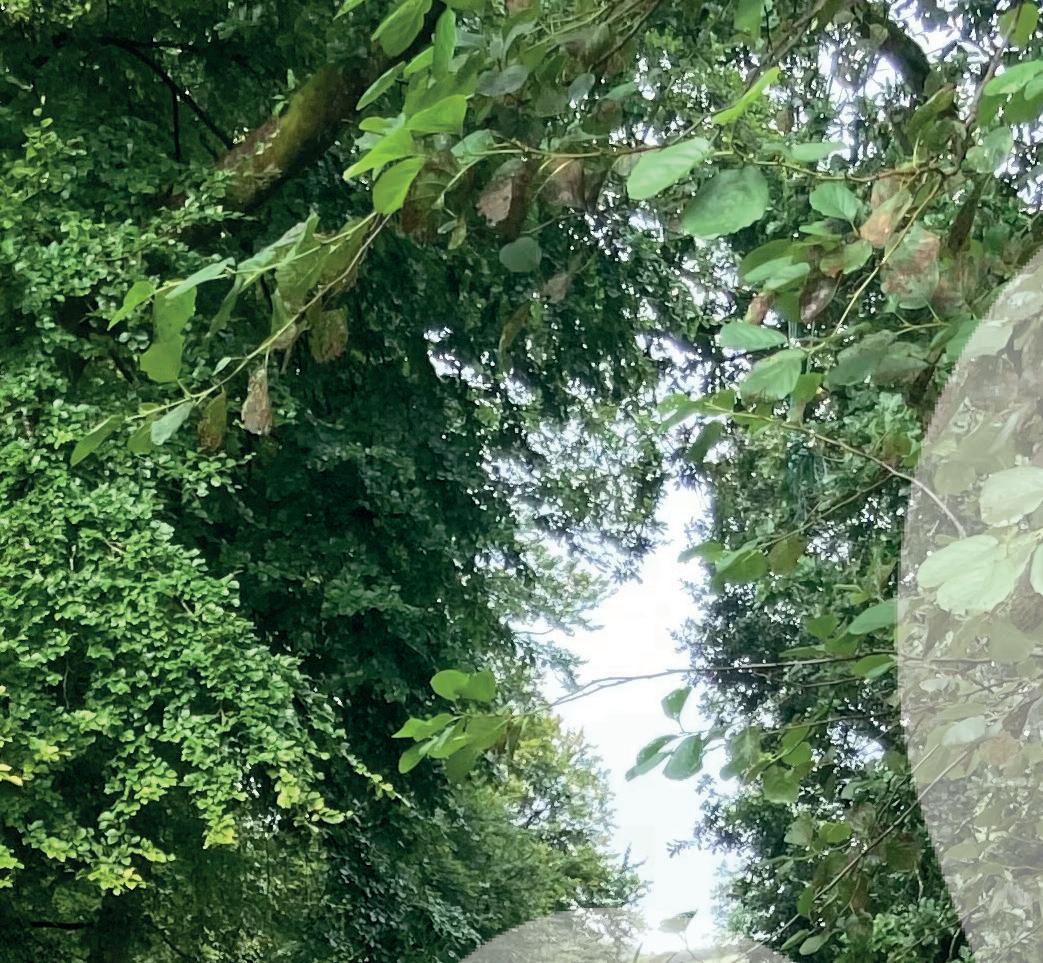
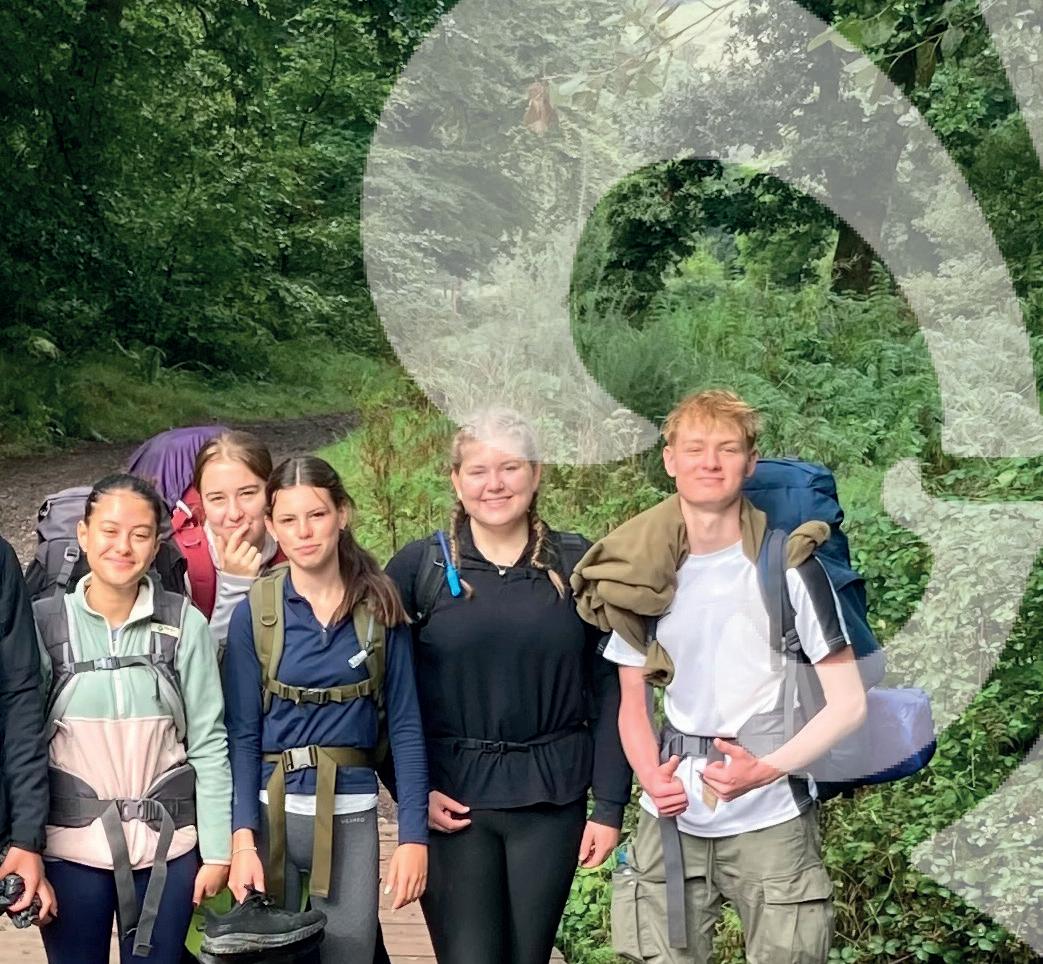


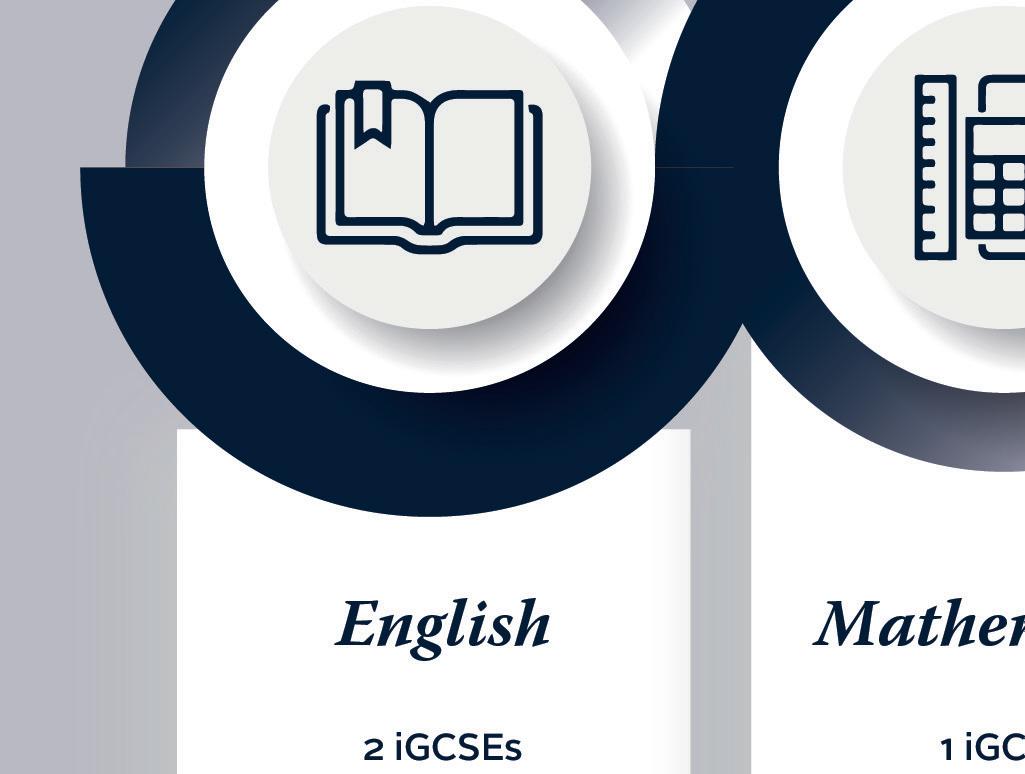


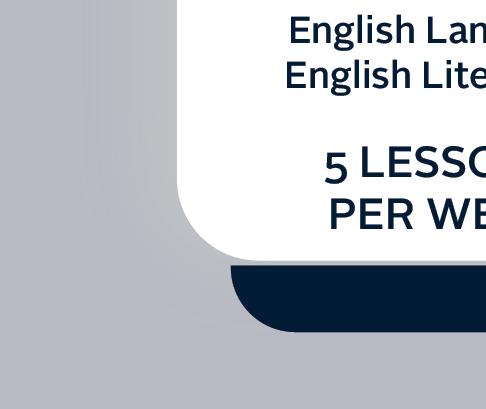

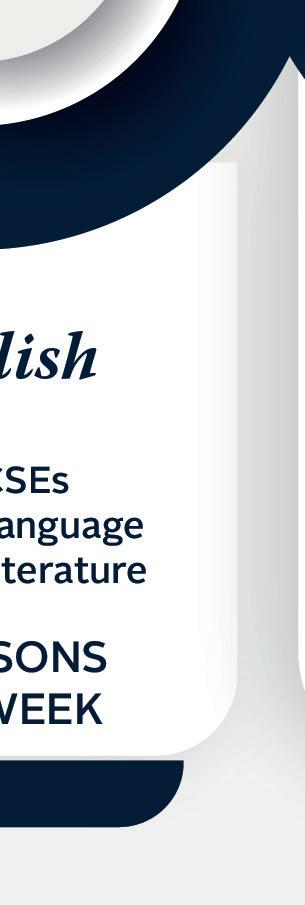

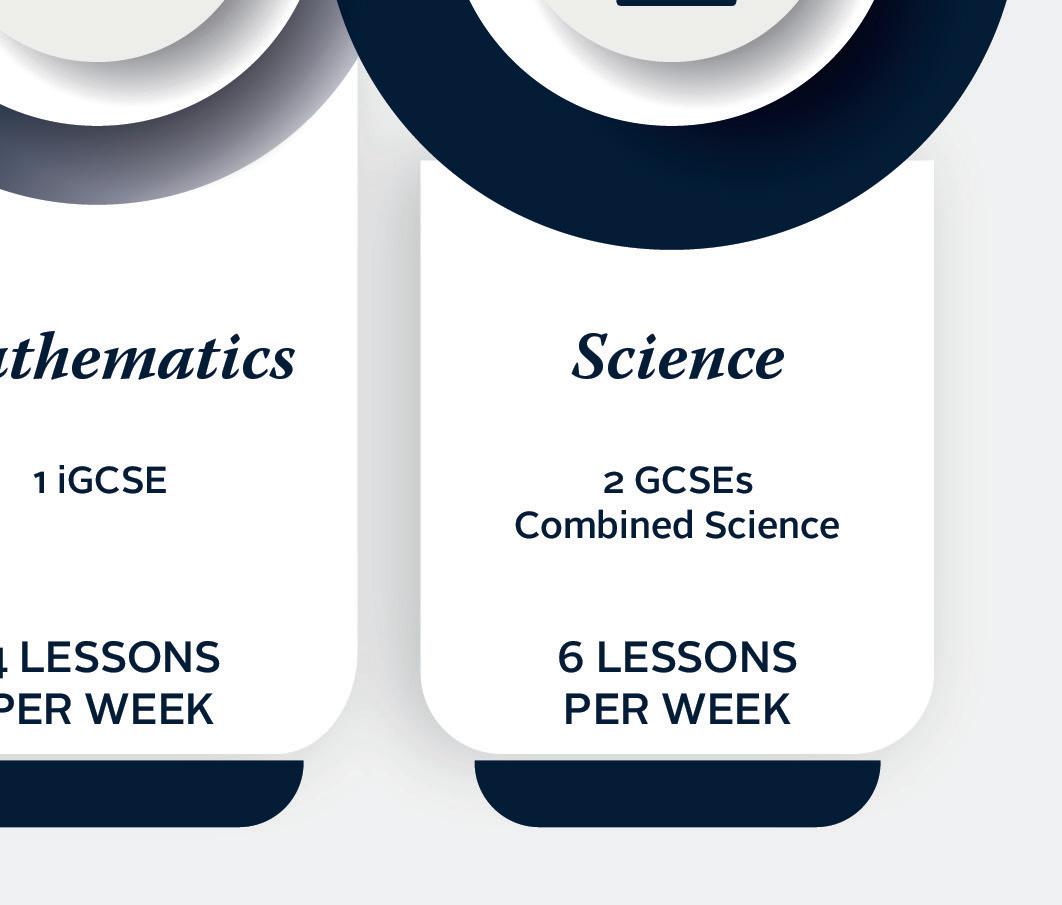
Assessment:
• Written Paper - Reading: (2 hours) 50% of final mark
• Component 3 - Coursework Portfolio: Internally assessed and externally moderated 50% of final mark
This is a two-year course assessed by a combination of course work and final exam.
Reading: The externally examined unit for English Language iGCSE is a Reading Paper (2 hours) comprising:
• Reading three non-fiction texts
• Writing in response to the texts
• Language analysis
• Summary writing
• Reading and understanding short and extended response questions
Coursework Portfolio: Candidates submit a portfolio of three assignments, each of about 500–800 words, to be completed by the end of the Summer term in Year 10. The assignments may be completed in any order, and are:
• Assignment 1: writing to discuss, argue and/or persuade in response to a text or texts
• Assignment 2: writing to describe
• Assignment 3: writing to narrate
Cambridge International iGCSE (9–1) First Language English is designed for learners whose first language is English. Learners are also encouraged to read widely, both for their own enjoyment and to further their awareness of the ways in which English can be used. Cambridge IGCSE (9–1) First Language English also develops more general analysis and communication skills such as inference and the ability to order facts and present opinions effectively.
QUALIFICATION: iGCSE 9-1
CODE: 0990
EXAMINATION BOARD: CAMBRIDGE INTERNATIONAL
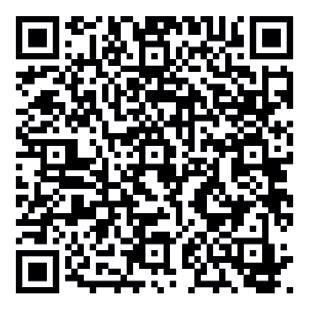
• Enhance personal skills of reading, writing, speaking and listening
• Develop interpersonal skills
• Critical thinking
• Develop reasoning/argumentation
• Enhance creativity
English is the gold standard qualification across careers. Identified as a very desirable subject for employers, English offers a wide variety of skills transferable to numerous A-Level and vocational courses available at college. More specifically, English is a requirement in the field of:
• Advertising
• Publishing
• Digital Copywriter
• Editor
• English Teacher
• Web Content Manager
• Journalist
• Scriptwriter
• Marketing and Communications
• Social Media Management
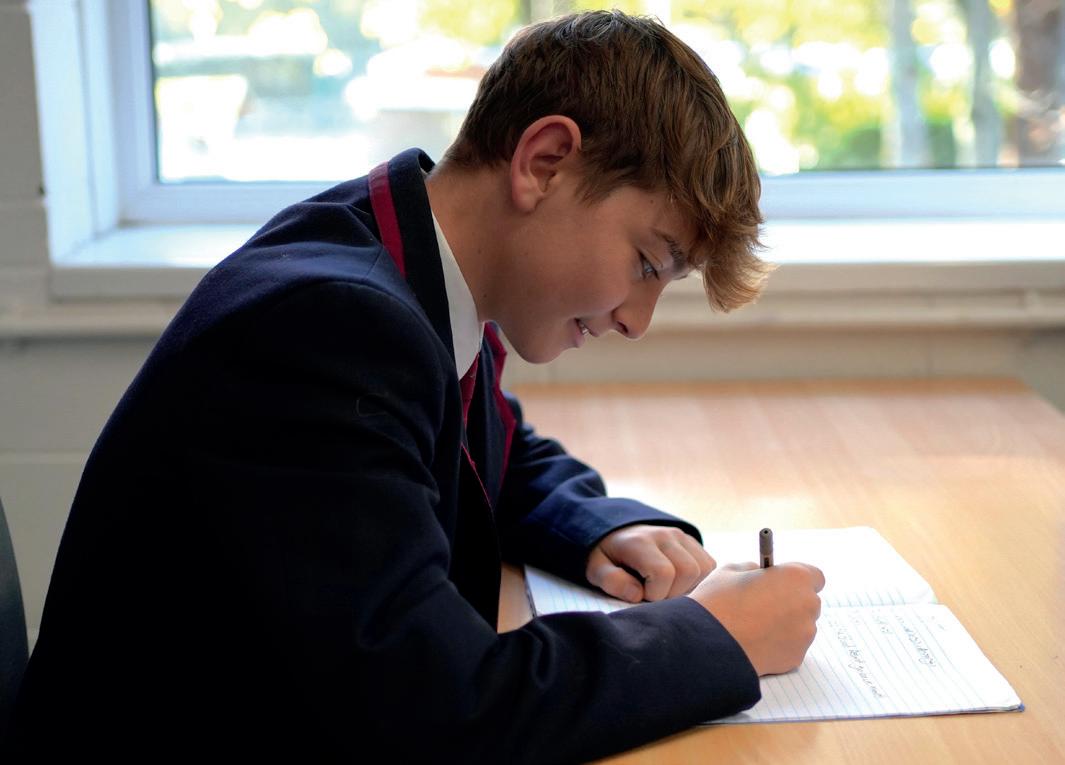
Ms Carly Maughan Head of English
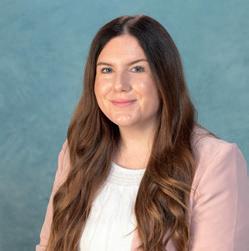
Assessment:
• Paper 1 - Poetry and Modern Prose: Reading (2 hours) 60% of final mark
• Paper 2 - Modern Drama and Literary Heritage Texts: Internally assessed and externally moderated 40% of final mark
This is a two-year course assessed by a combination of course work and a written exam.
Poetry and Modern Prose: Assessed components:
• Section A: Unseen Poetry: one 20-mark essay question exploring the meaning and effects created in an unseen poem. The poem will be reproduced in the question paper
• Section B: Anthology Poetry: one 30-mark essay question from a choice of two, comparing two poems from Part 3 of the Pearson Edexcel International GCSE English Anthology
• Section C: Modern Prose: one 40-mark essay question from a choice of two on each of the set texts
Modern Drama and Literary Heritage Texts: The assessment of this component is through two coursework assignments, internally set and assessed, and externally moderated by Pearson
• Assignment A – Modern Drama: one essay response to a teacher-devised assignment on the studied text
Assignment B – Literary Heritage Texts: one essay response to a teacher-devised assignment on the studied text
Course specification:
English Literature aims to encourage pupils to read a wide range of classic literature fluently with good understanding and make connections across their reading. They will read in depth, critically and evaluatively, so that they can
QUALIFICATION: iGCSE 9-1
CODE: 4ET1
EXAMINATION BOARD: PEARSON EDEXCEL
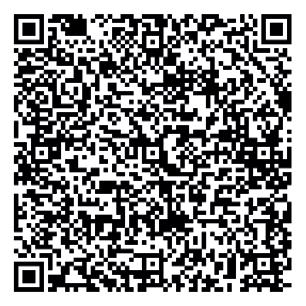
discuss and explain their understanding and ideas. It is hoped that pupils learn to appreciate the depth and power of the English Literary Heritage and develop their cultural capital.
Where possible, theatre trips or visiting theatre companies are arranged to complement their studies. Pupils buy their own course books as they will need to annotate the texts with their own personal notes to aid revision; these costs in total are in the region of £25.
• Develop skills to maintain a critical style and informed personal response
• Independent working
• Time management and organisation
• Planning and researching written work
• Articulating knowledge and understanding of texts, concepts and theories
• Leading and participating in discussions
Linked careers:
• Digital copywriter
• Editor
• English teacher
• Web content manager
• Journalist
• Scriptwriter
• Marketing and communications
• Social media management
Mrs Carly Maughan

QUALIFICATION: iGCSE 9-1
CODE: 4MA1
EXAMINATION BOARD: PEARSON EDEXCEL
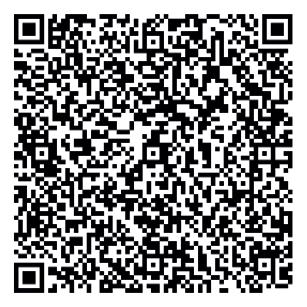
Assessment:
• Paper 1 - Written Exam (2 hours) 50% of final mark
• Paper 2 - Written Exam (2 hours) 50% of final mark
Key information:
Entries for this iGCSE are at two levels; Higher Tier or Foundation Tier, and are assessed externally at the end of Year 11.
Pupils will be entered for linear iGCSE Mathematics at a level appropriate to their ability and ambitions. The qualification will be graded and certificated on a nine-grade scale from 9 to 1 using the total mark across two papers where 9 is the highest grade. Foundation tier: grades 5 to 1. Higher tier: grades 9 to 4.
The course comprises two equally weighted two-hour exam papers which are assessed at the end of the course. Each paper will cover all the assessment objectives within the course and there is no coursework element to the qualification. Both papers must be the same tier of entry and must be completed in the same assessment series. Candidates must be able to demonstrate the following assessment objectives:
Assessment objective 1: Demonstrate knowledge, understanding and skills in number and algebra
Assessment objective 2: Demonstrate knowledge, understanding and skills in shape, space and measures
Assessment objective 3: Demonstrate knowledge, understanding and skills in handling data
Course specification:
Our aim is to develop Mathematical knowledge in oral, written and practical situations and to encourage confidence, understanding and enjoyment in the subject. The syllabus focuses on mathematical skills, techniques and concepts and how to use them to solve problems.
Mr Owen Thomas Head of Mathematics owen.thomas@ballardschool.co.uk

Enrichment program:
As part of the Maths Enrichment program, we also celebrate Women in Engineering Day, World Maths Day and the UK Maths Challenge (for our Year 10 Pupils).
• Adept at solving quantitative problems
• Ability to understand both concrete and abstract mathematical concepts
• Proficient in communicating mathematical ideas
• Ability to make critical observations
• Accurately organise, analyse, and interpret data
• Extract important information and patterns
• Assess and solve complex problems
• Able to work independently and on a team
• Banking
• Medicine
• Insurance
• Tax
• Investments
• Stockbroking/trading
• Engineering
• Accounting, economics
• Quantitative analysis/risk analysis
• Financial engineering
• Project management
Assessment:
• Paper 1 - Non Calculator: Written Exam (1 hour 45 mins) 50% of final mark
• Paper 2 - Calculator: Written Exam (1 hour 45 mins) 50% of final mark
Key information:
The course content is offered through the Co-Curricular programme for our most able pupils in Year 11. The following areas will be covered throughout the course: numbers and the number system, algebra, geometry and trigonometry, calculus and matrix transformations.
Two exam papers, including a mix of question styles, from short, single-mark questions to multi-step problems. The mathematical demand increases as a pupil progresses through the paper. Content from any part of the specification may be assessed.
The specification content is set out in six distinct topic areas although questions will be asked that range across these topics:
• Number
• Algebra
• Coordinate Geometry (2 dimensions only)
• Calculus
• Matrix Transformations
• Geometry
This course is offered to very high-ability mathematicians in Year 11 as an additional GCSE qualification. Studied over one year as a co-curricular activity, it provides an exciting opportunity for pupils to extend their mathematical knowledge and further develop their problem-solving skills.
QUALIFICATION: GCSE 9-1
CODE: 8365
EXAMINATION BOARD: AQA
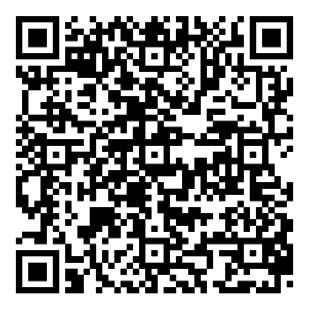
It is intended as an additional qualification to GCSE Mathematics, rather than as a replacement. The content assumes prior knowledge of the Key Stage 4 Programme of Study and covers the areas of algebra and geometry, which are crucial to further study in the subject in greater depth and breadth.
This qualification places an emphasis on higher order technical proficiency, rigorous argument and problem-solving skills. It also gives an introduction to calculus and matrices and develops further skills in trigonometry, functions and graphs. Learners should be encouraged to reason logically and recognise incorrect reasoning, and to appreciate the power of generalisation and mathematical proof. They should be encouraged to see algebra as a natural tool for communicating mathematically and for solving a range of problems.
• Deep reasoning skills
• Resilience
• An ability to be reflective in your own practice
• An ability to communicate complex ideas
• An ability to work under pressure and on your own initiative
• Tax
• Investments
• Stockbroking/trading
• Engineering
• Accounting, economics
• Quantitative analysis/risk analysis
• Financial engineering
• Project management
Mr John Paul Fenton
Further Maths Coordinator johnpaul.fenton@ballardschool.co.uk
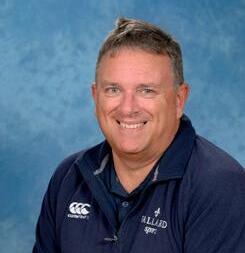
Assessment:
• Paper 1 - Calculator: Written Exam (1 hour 30 minutes) 50% of final mark
• Paper 2 – Calculator: Written Exam (1 hour 30 minutes) 50% of final mark
The course content is offered through the co-curricular programme for our most able pupils in Year 10. The two papers will assess the following content:
• The collection of data
• Processing, representing and analysing data
• Probability
This course is offered to very high-ability mathematicians in Year 10 as an additional GCSE qualification. Studied over one year as a co-curricular activity, it provides an exciting opportunity for pupils to extend their mathematical knowledge and further develop their problem-solving skills.
• Non-routine problem solving – expert thinking, metacognition, creativity
• Systems thinking – decision making and reasoning
• Critical thinking – definitions of critical thinking are broad and usually involve general cognitive skills such as analysing, synthesising and reasoning skills
• ICT literacy – access, manage, integrate, evaluate, construct and communicate
• Communication – active listening, oral communication, written communication, assertive communication and non-verbal communication
• Relationship-building skills – teamwork, trust, intercultural sensitivity, service orientation, self-presentation, social influence, conflict resolution and negotiation
QUALIFICATION: GCSE 9-1
CODE: 1ST0
EXAMINATION BOARD: PEARSON EDEXCEL
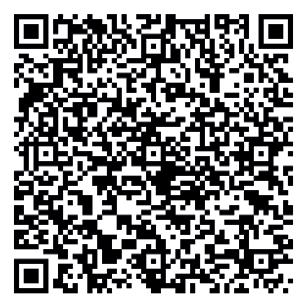
• Collaborative problem solving – establishing and maintaining shared understanding, taking appropriate action, establishing and maintaining team organisation
• Adaptability – ability and willingness to cope with the uncertain, handling work stress, adapting to different personalities, communication styles and cultures, and physical adaptability to various indoor and outdoor work environment
• Self-management and self-development – ability to work remotely in virtual teams, work autonomously, be self-motivating and self-monitoring, willing and able to acquire new information and skills related to work
• Data analysis
• Finance
• Market research
• Statistics
• Accounting
• Engineering
• Consultancy
• Insurance
Mr Owen Thomas Head of Mathematics
owen.thomas@ballardschool.co.uk

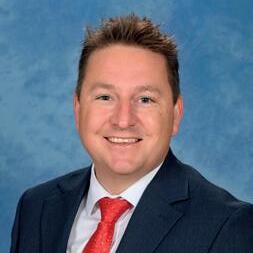


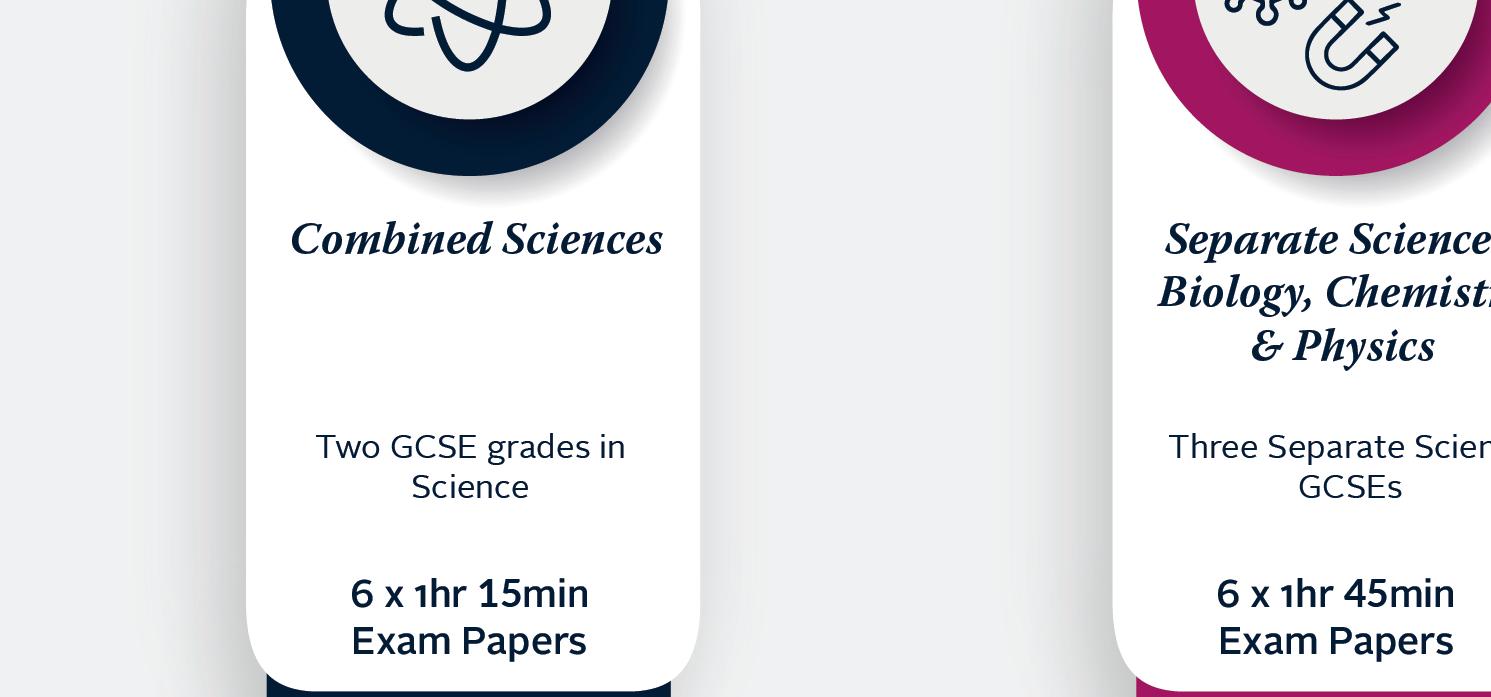
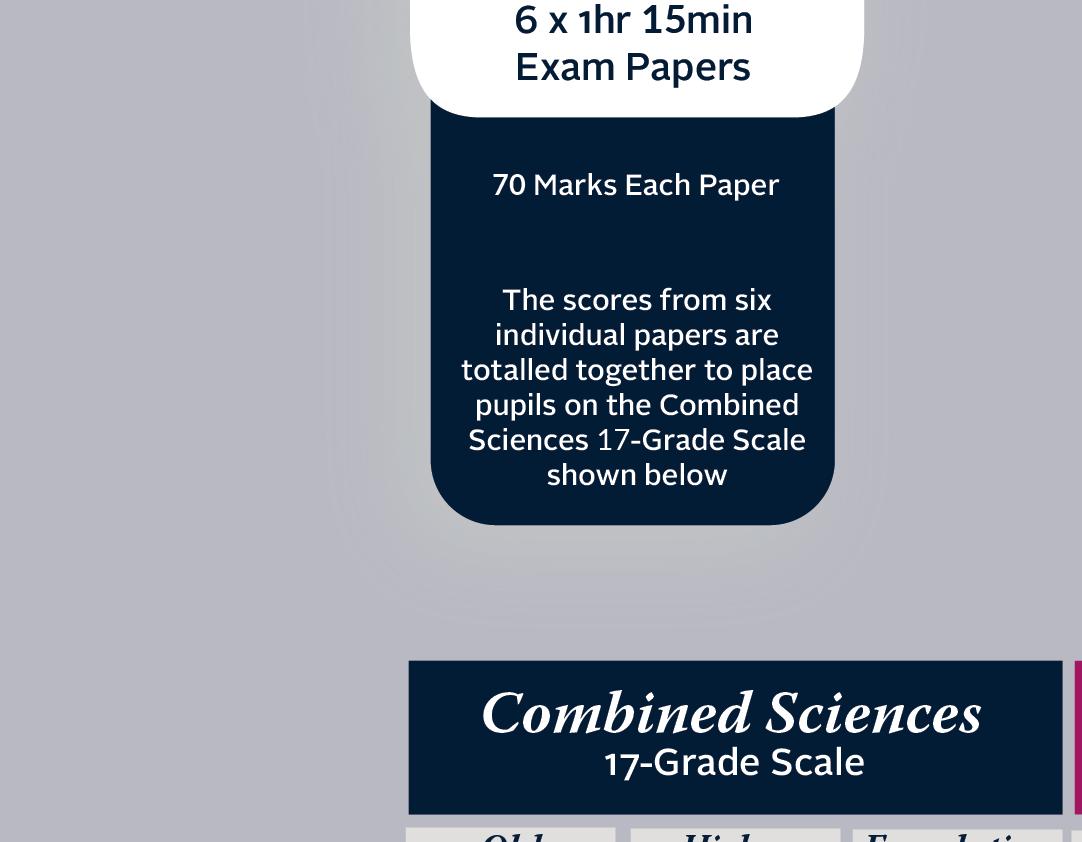
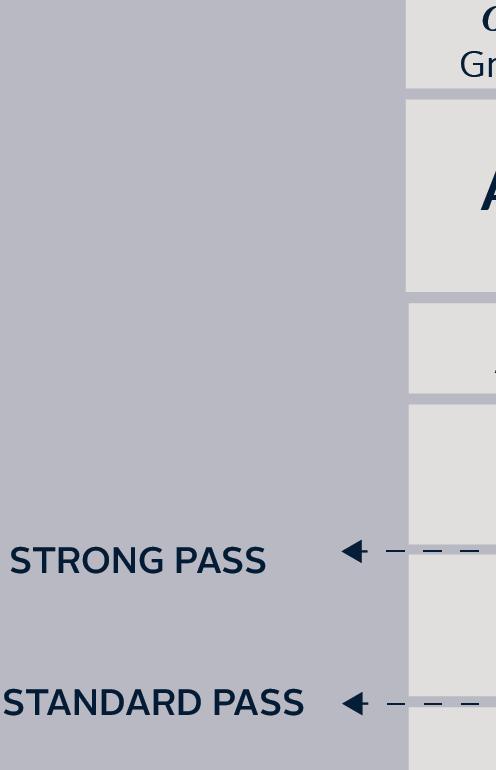


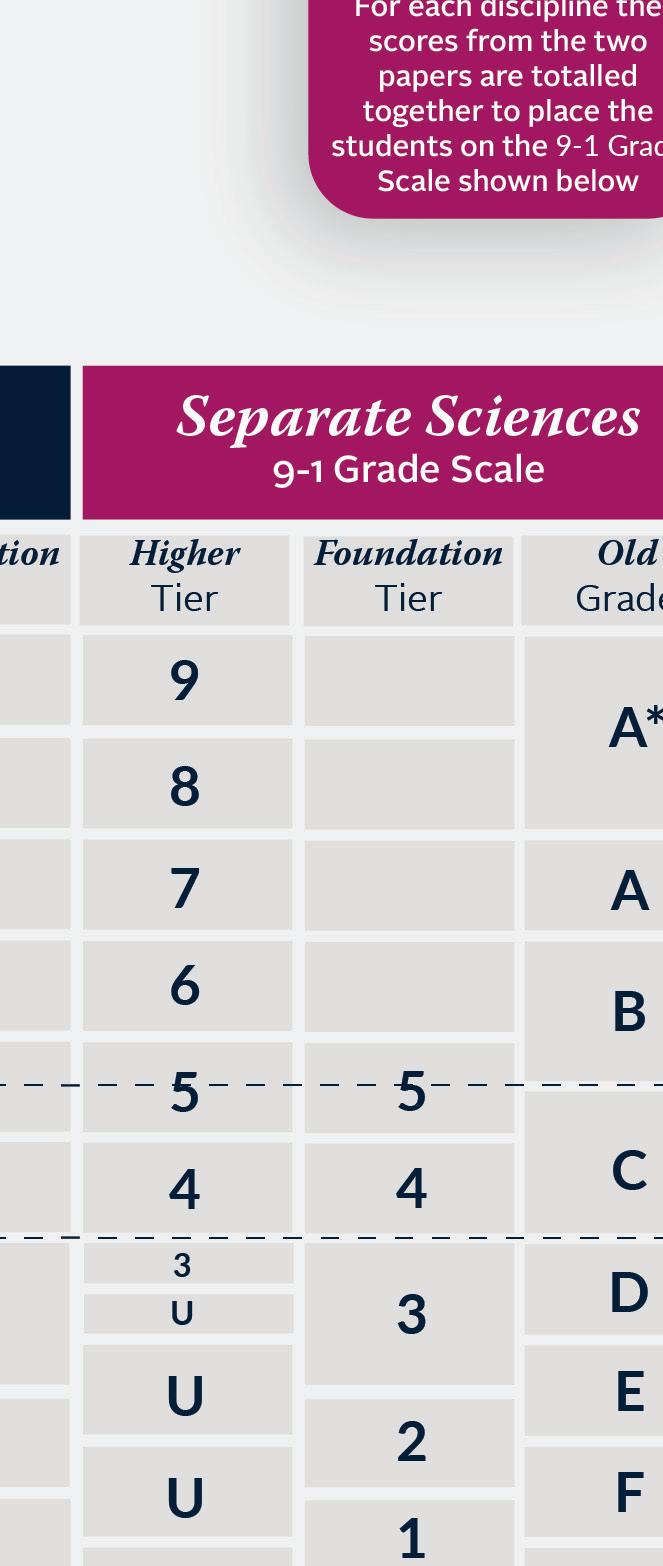

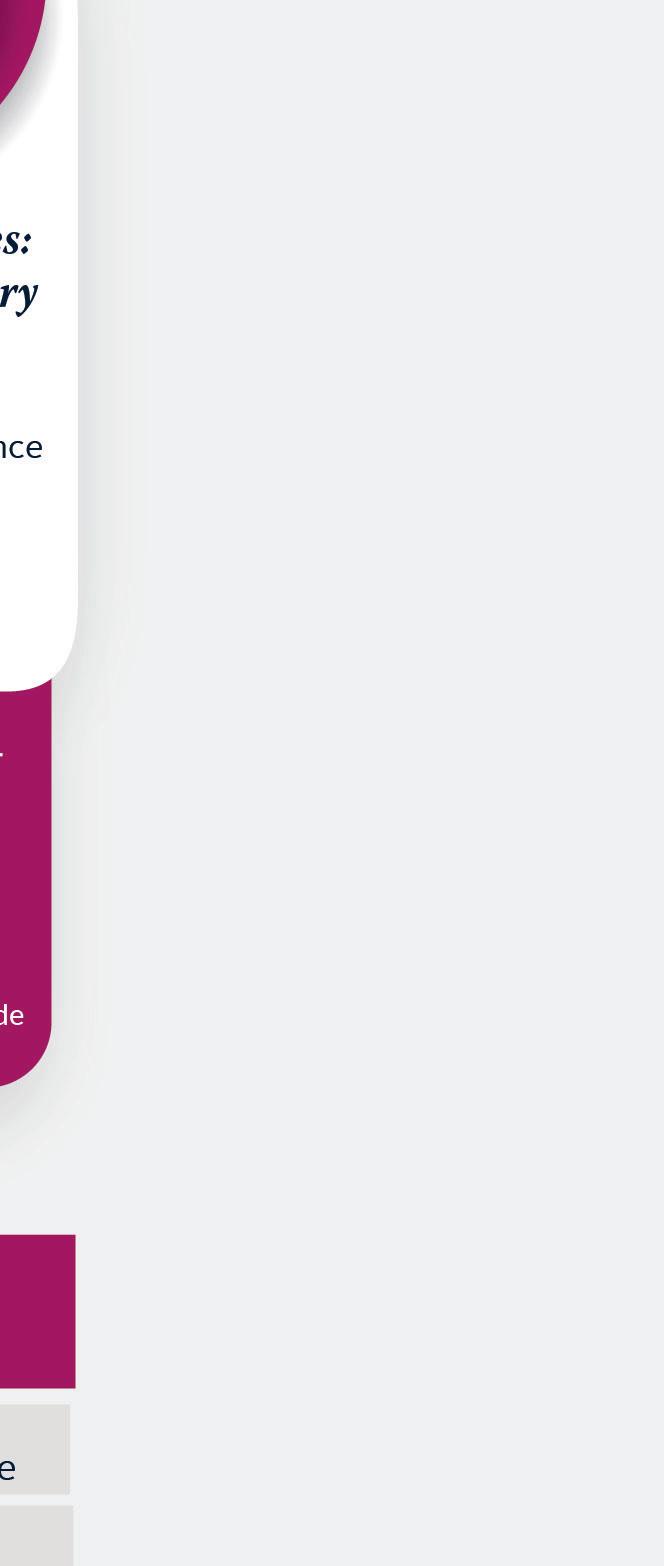
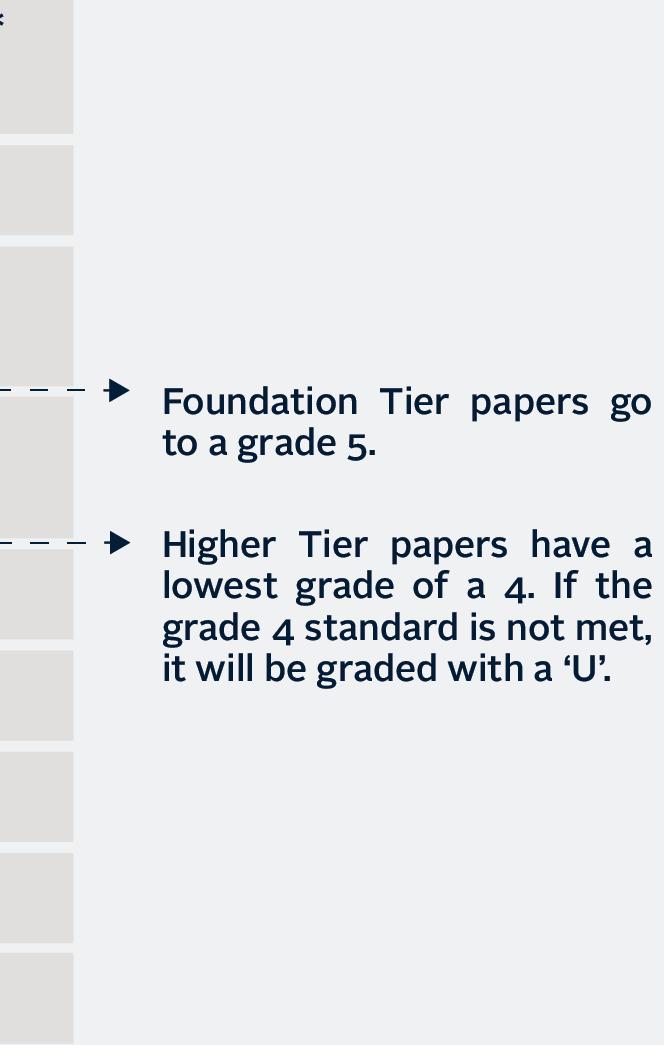
Assessment:
• Biology: 2 Papers (1 hour 15 mins each) 33.3% of final mark
• Chemistry: 2 Papers (1 hour 15 mins each) 33.3% of final mark
• Physics: 2 Papers (1 hour 15 mins each) 33.3% of final mark
Entries at GCSE are at two levels; Higher Tier or Foundation Tier, and are assessed externally at the end of Year 11.
Pupils will also complete a range of required practicals during the course. An understanding of the principles of these required practicals will be assessed in the written papers B1, B2, C1, C2, P1 & P2.
Biology: 2 Papers comprising of the following units:
• B1 (AQA units 1 – 4): Cell Biology; Organisation; Infection and response; and Bioenergetics
• B2 (AQA units 5 – 7): Homeostasis and response; Inheritance, variation and evolution; and Ecology
Chemistry : 2 Papers comprising of the following units:
• C1 (AQA units 8 – 12): Atomic structure and the periodic table; Bonding, structure, and the properties of matter; Quantitative chemistry; Chemical changes; and Energy changes
• C2 (AQA units 13 – 17): The rate and extent of chemical change; Organic chemistry; Chemical analysis; Chemistry of the atmosphere; and Using resources
Physics : 2 Papers comprising of the following units:
• P1 (AQA units 18 – 21): Energy; Electricity; Particle model of matter and Atomic structure
• P2 (AQA units 22-24): Forces; Waves; and Magnetism and electromagnetism
Course specification:
At Ballard, pupils are taught by specialist teachers in the three recognised disciplines; Biology, Chemistry and
QUALIFICATION: GCSE 9-1
CODE: 8464
EXAMINATION BOARD: AQA
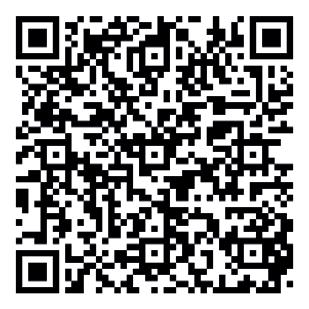
Physics. Science forms part of the compulsory ‘core’ curriculum. There is significant factual content in all the courses but in addition to teaching the basics of the syllabus, we endeavour to make our pupils think like scientists. The Sciences at GCSE encourage pupils to question, debate and evaluate decision making. Pupils will be expected to design experiments, to observe, record and present data. They will also be expected to understand the importance of using data to draw valid conclusions and to understand societal aspects of scientific data and the limitations of scientific data.
Pupils also have the opportunity to visit the Winchester Science Museum to interact with the exhibition and experience the Planetarium there. There are also opportunities to visit Bournemouth Oceanarium, conduct field work at one of our local coastal sites and in the New Forest or visit the Big Bang Exhibition at the NEC.
• Understanding of the effects of Science on society
• Knowledge of the material, physical and living worlds How to use hypothesis and evidence to understand Science
• Observational, enquiry and problem-solving skills
• Skills in communication, mathematics and technology
• Develop judgement by learning how to critically evaluate the trustworthiness of information sources
• Medicine
• Biomedical sciences
• Physiotherapy
• Sports science
• Ecologist/Botanist
• Pharmacist
• Engineering (mechanical, genetics, chemical)
• Veterinary care
Mr Aaron Markar Head of Science aaron.markar@ballardschool.co.uk

QUALIFICATION: GCSE 9-1
EXAMINATION BOARD: AQA

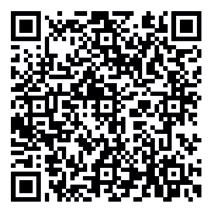
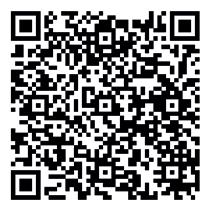
Assessment:
• Paper 1: Written Exam (1 hour 45 mins) 50% of final mark
• Paper 2: Written Exam (1 hour 45 mins) 50% of final mark
Key information:
Biology:
Paper 1 :
• Cell Biology
• Organisation
• Infection and response
• Bioenergetics
Paper 2 :
• Homeostasis and response
• Inheritance
• Variation and evolution
• Ecology
Chemistry:
Paper 1 :
• Atomic structure and the periodic table
• Bonding, structure, and the properties of matter
• Quantitative chemistry
• Chemical changes
• Energy changes
Paper 2 :
• Chemical change
• Organic chemistry
• Chemical analysis
• The atmosphere
• Using resources
Physics:
Paper 1 :
• Energy
• Electricity
• Particle model of matter
• Atomic structure
Paper 2 :
• Forces
• Waves
• Magnetism and electromagnetism
• Space physics
Who this course is for:
Pupils may consider studying towards three separate GCSEs in Biology, Chemistry and Physics. Studying separate sciences at GCSE provides a comprehensive understanding of Biology, Chemistry, and Physics individually, offering in-depth knowledge and practical skills. This specialised approach not only lays a solid foundation for future STEM studies and careers but also fosters a nuanced appreciation of each scientific discipline, enhancing the breadth and depth of each Science discipline ahead of A-Level Science study.
Skills gained:
• Investigative skills
• Critical thinking
• Research / quantitative skills
• Problem solving
• Analytical skills
• Increase decision making
Linked careers:
• Medicine
• Biomedical sciences
• Physiotherapy
• Sports science
• Ecologist/Botanist
• Pharmacist
• Pathologist
• Veterinary care
Mr Aaron Markar Head of Science aaron.markar@ballardschool.co.uk
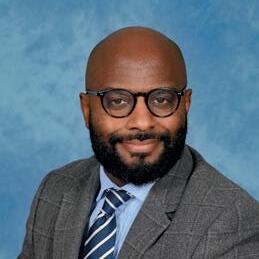

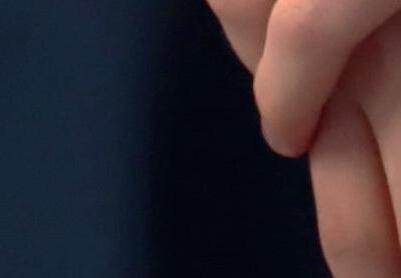

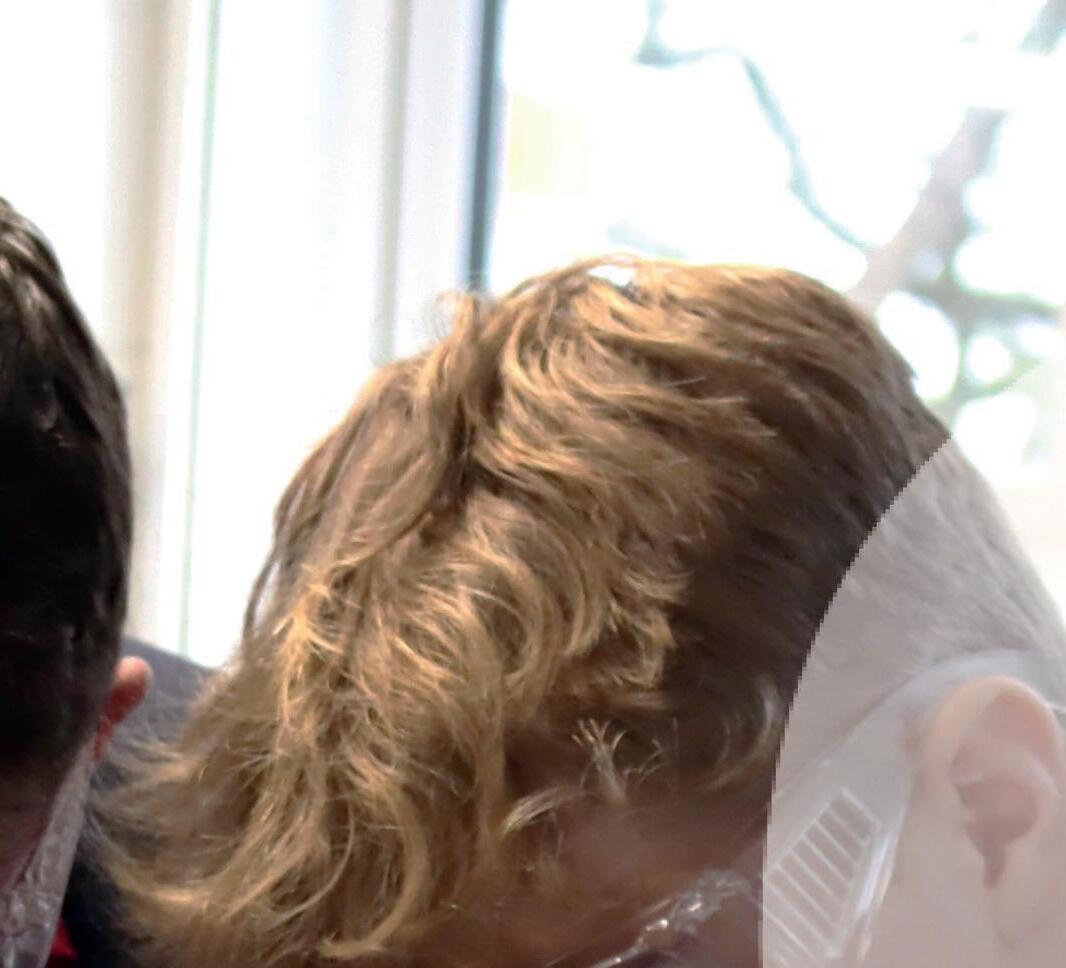


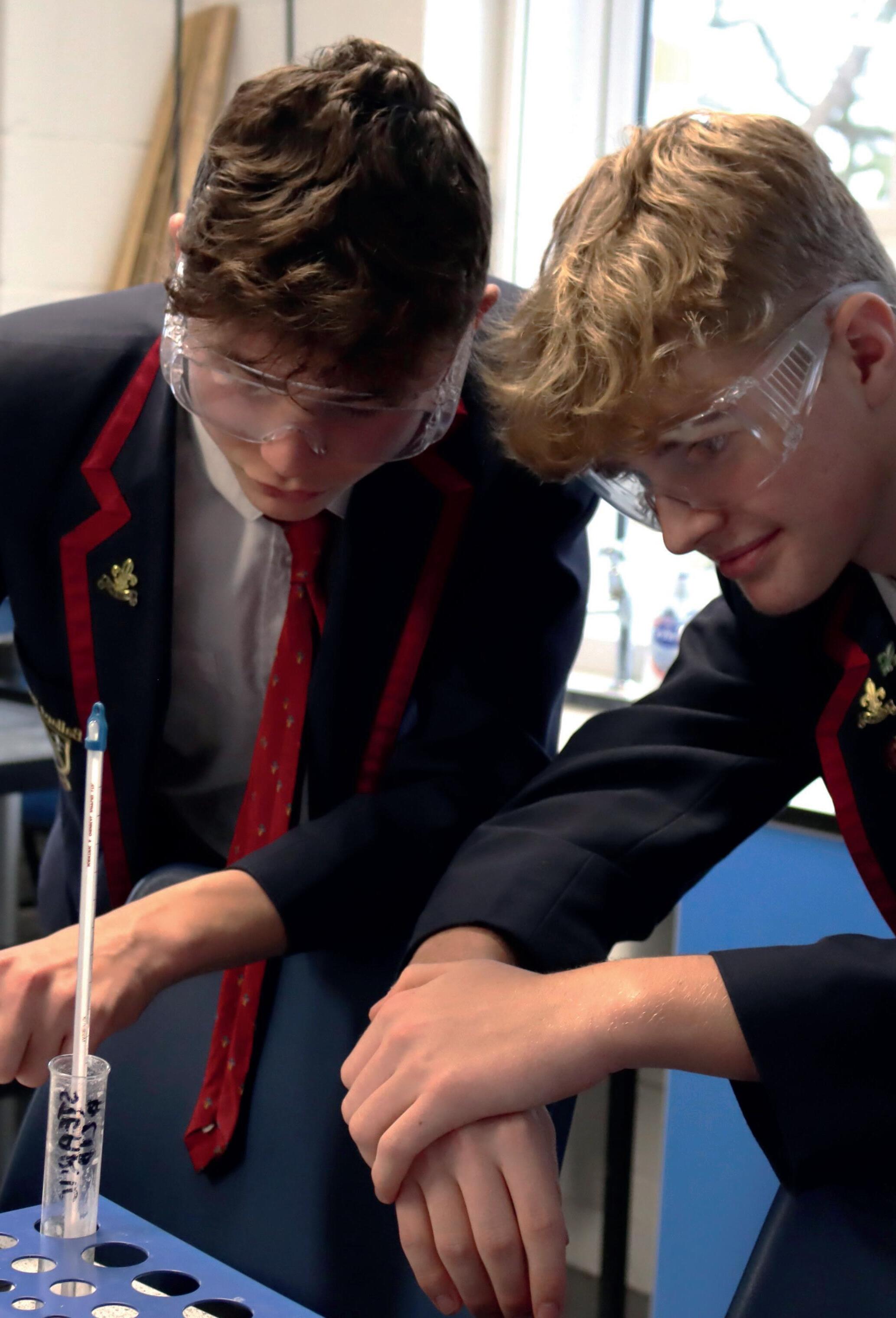
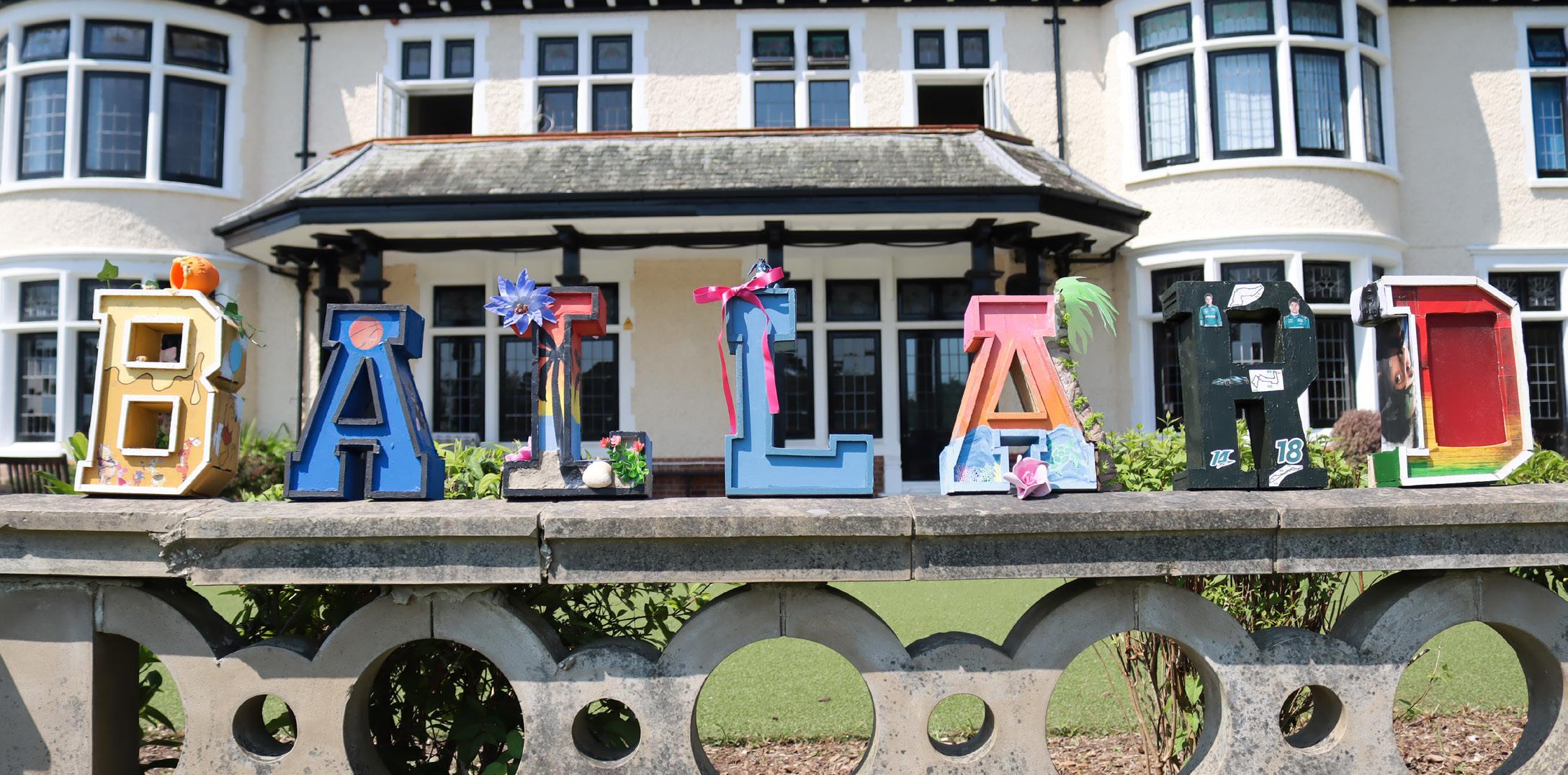
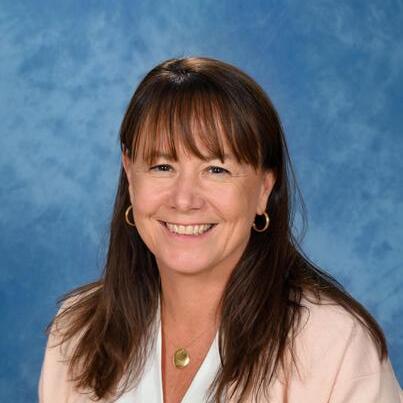
As part of our proactive approach to pupils’ pastoral care at Ballard, all pupils are taught Personal, Social, Health and Economic (PSHE) education in a dedicated 50 minute lesson each week.
The Senior PSHE curriculum at Ballard reflects the school’s aims and ethos.
PSHE is key part of our curriculum through which the 5 pillars of Wellbeing are provided for our pupils in line with the Children Act 2004 as relating to:
• Pupils’ physical and mental health and emotional wellbeing
• Protection of pupils from harm and neglect
• Pupils’ education, training and recreation
• Pupils’ contribution to society
• Pupils’ social and economic wellbeing
Our PSHE curriculum encourages mutual trust and respect for others, particularly those with protected characteristics; underpins Fundamental British Values (FBV); develops Spiritual Moral Social and Cultural (SMSC) knowledge; and develops self-knowledge and self-esteem.
At Ballard, quality PSHE is taught through three key strands - Health, Relationships Education (RE) and Relationships and Sex Education (RSE) and Living in the Wider World (including Careers education)
The relevance of PSHE continues in the Senior School as we move onto Key Stage 4 PSHE. This is the culmination of our spiral PSHE curriculum at Ballard. PSHE is the glue that holds together so many different aspects of our pupils’ lives and promotes pupil wellbeing. Through PSHE, pupils gain a full understanding of our whole school values, which underpin our character education at Ballard.
Due to the statutory nature of PSHE, we publish our updated PSHE curriculum on our website at the start of each academic year, which explains the week by week PSHE lesson content from Year 1 to Year 11. The PSHE overviews also highlight our whole school reflections and theme weeks.
PSHE is taught by specialist PSHE teachers in the Senior School as a whole year group.
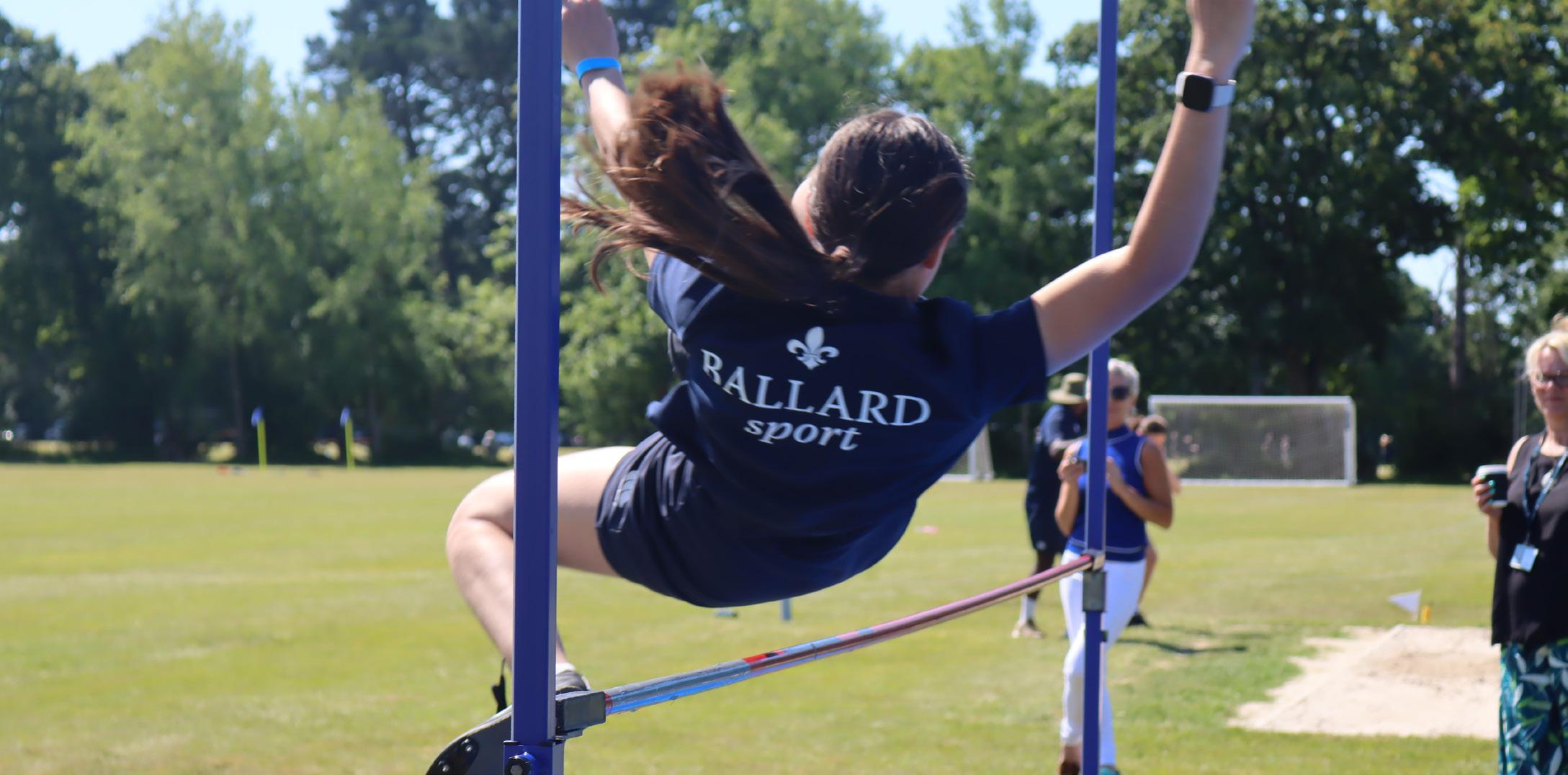
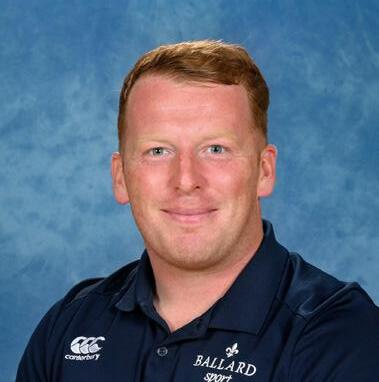
Mr Finlay Wood Director of Sport finlay.wood@ballardschool.co.uk
PE & Games continue to be a key pillar of Ballard life in Year 10 and 11 with frequent opportunities for fixtures and a chance to try new sports and activities both on-site and off-site in our beautiful local environment.
Sports fixtures & leisure pathway
Pupils can continue to opt in each half-term on games afternoons to represent the school in fixtures against maintained and independent schools or join our Leisure Pathway to stay active and reap the benefits of physical activity through a variety of sports and positive experiences.
PE GCSE
Year 9 is an exciting opportunity for those pupils considering GCSE PE to make a headstart, by upskilling their practical ability, as they will require both team and individual sports.
The Co-Curricular programme includes new sports such as badminton and volleyball, giving our pupils more depth to their sporting choices.
Interhouse competitions
Interhouse competitions and mixed sport will continue to be a highlight of our ‘sport for all’ ethos, teaching key life concepts that go beyond the sports pitch as well as an opportunity to crown the House sporting champions.
Engaging in Physical Education promotes physical fitness and cultivates a range of essential life skills. PE Core fosters resilience as pupils face physical challenges, promoting a positive mindset and perseverance. Decision-making skills are honed as individuals strategise and adapt during games, contributing to improved problem-solving capabilities. Additionally, PE instils discipline, time management and a sense of responsibility, all of which are transferable skills applicable beyond the sports field.




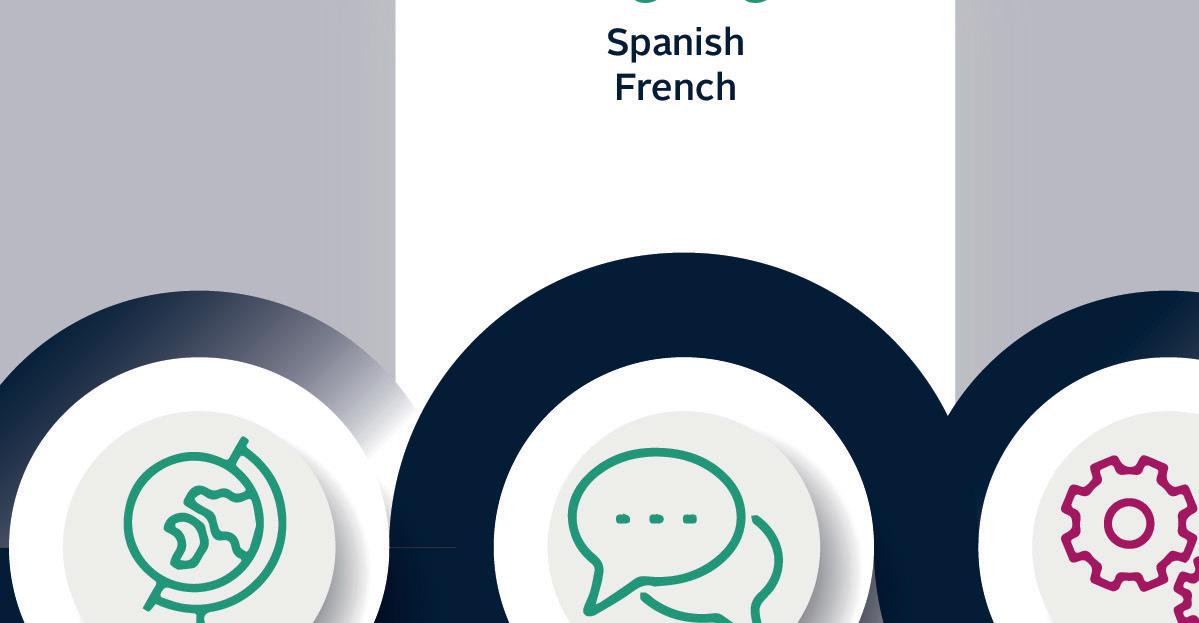
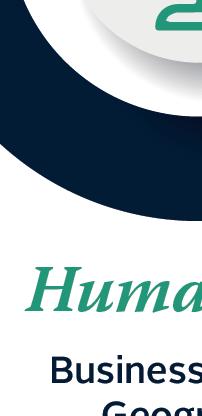
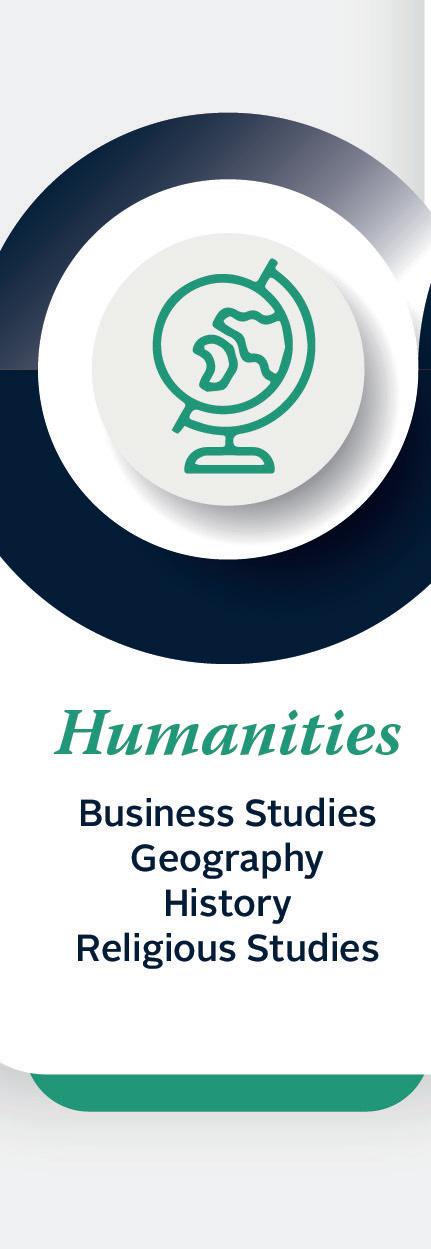

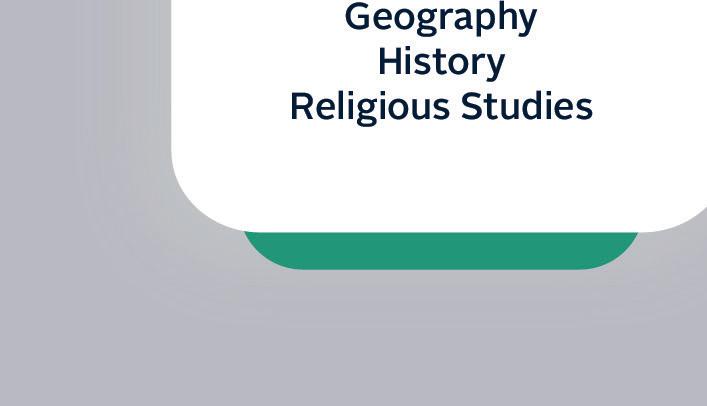
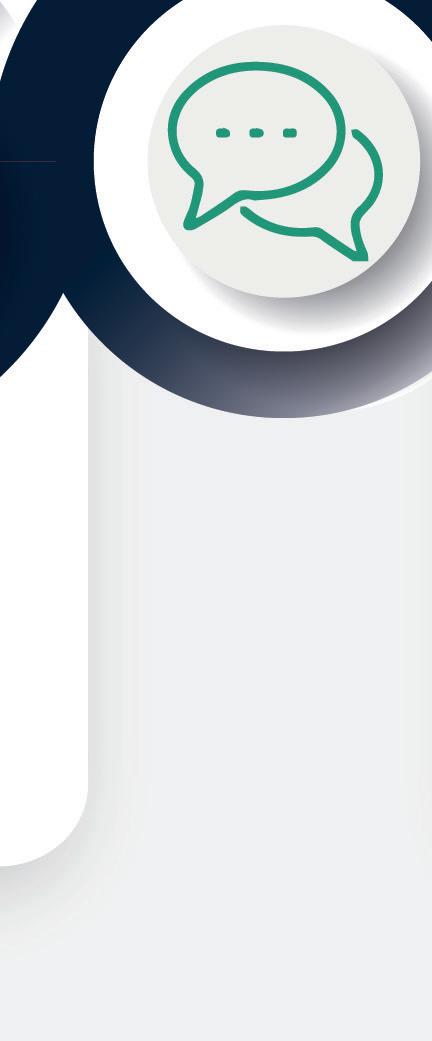

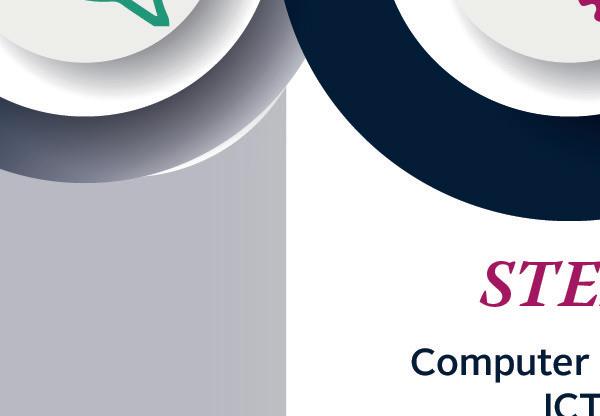
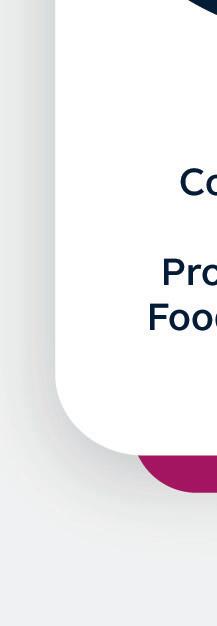
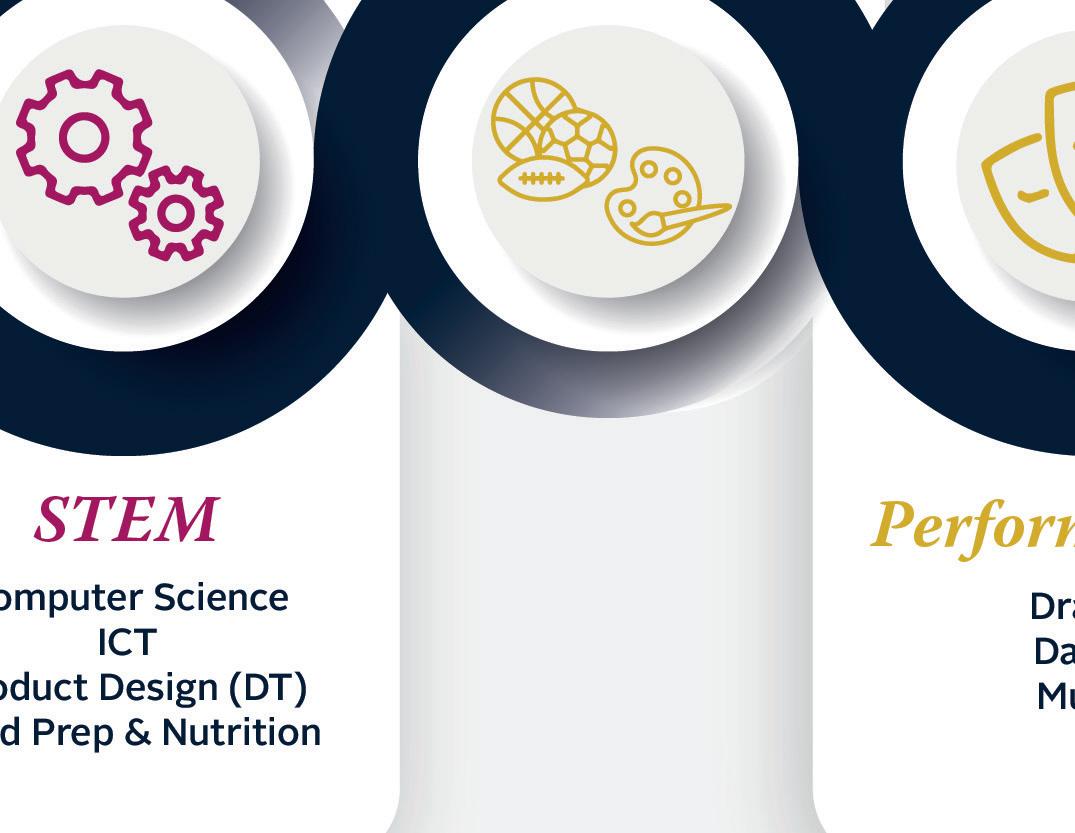

*The Separate Science pathway is classified as an option choice, leaving three other option choices to choose from.


• Theme 1: Investigating Small Business - Written examination (1 hour 45 mins) 50% of final mark
• Theme 2: Building a Business - Written examination (1 hour 45 mins) 50% of final mark
Theme 1: In Year 10, pupils will start by exploring the world of small businesses through the lens of an entrepreneur. How and why do business ideas come about? What makes a successful business? Pupils will learn how to develop an idea, spot an opportunity and turn it into a successful business.
Theme 2: In Year 11, pupils will move onto investigating business growth. How does a business develop beyond the start-up phase? Pupils will learn about key business concepts and issues and decisions you need to make when growing a business and working in a global business. Pupils will learn about meeting customer needs, making marketing, operational, financial and human resourcing decisions, whilst exploring how the wider world impacts on the business as it grows.

QUALIFICATION: GCSE 9-1
CODE: 1BS0
EXAMINATION BOARD: PEARSON EDEXCEL
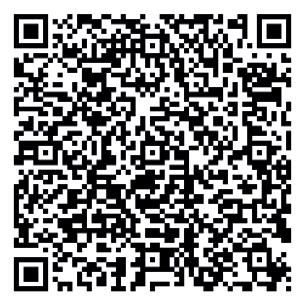
The Business Studies qualification is designed to inspire and engage students, offering insights into the modern, evolving world of business. It equips students with the skills to think like entrepreneurs and develop a strong commercial awareness.
The course is designed for pupils who:
• Are hard working and have an interest in Business
• Have an interest in pursuing an A-Level or degree in Business or Economics
• Are aspiring entrepreneurs with an interest in starting their own business
Year 10 visit a small business in the first year of the course and Chewton Glen Luxury Hotel and Spa in the Summer term.
• Decision making
• Problem solving
Mr Tim Haynes Head of Business Studies
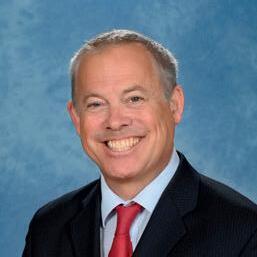
• Understanding finance
• Analysing data
• Presentation skills
• Business analyst
• Business development manager
• Business project manager
• Customer services manager
• Digital marketer
• Financial adviser
Assessment:
• Paper 1: Physical Geography (1 hour 30 mins) 35% of final mark
• Paper 2: Human Geography (1 hour 30 mins) 35% of final mark
• Paper 3: Geographical Applications (1 hour 30 mins) 30% of final mark
Living with the Physical Environment. Written exam: 1 hour 30 minutes; 88 marks (including 3 marks for spelling, punctuation, grammar and specialist terminology (SPaG) counts towards 35% of GCSE. Topics include:
• The challenge of natural hazards
• The living world
• Physical landscapes in the UK
• Geographical skills
Challenges in the Human Environment. Written exam: 1 hour 30 minutes 88 marks (including 3 marks for SPaG) counts towards 35% of GCSE. Topics include:
• Urban issues and challenges
• The changing economic world
• The challenge of resource management
• Geographical skills
Geographical applications. Written exam: 1 hour 30 minutes 76 marks (including 6 marks for SPaG) counts towards 30% of GCSE. A pre-release resources booklet made available 12 weeks before Paper 3 exam. Topics include:
• Issue evaluation
• Fieldwork
• Geographical skills
Who this course is for:
This exciting and relevant course studies GCSE Geography in a balanced framework of physical and human themes and investigates the link between them. Pupils will travel
QUALIFICATION: GCSE 9-1
CODE: 8035
EXAMINATION BOARD: AQA

the world from their classroom, exploring case studies in the United Kingdom (UK), higher income countries (HICs), newly emerging economies (NEEs) and lower income countries (LICs). Topics of study include climate change, poverty, deprivation, global shifts in economic power and the challenge of sustainable resource use. Pupils are also encouraged to understand their role in society by considering different viewpoints, values and attitudes.
The syllabus states two pieces of fieldwork have to be undertaken. This involves a trip to Southampton early in Year 10 to compare an area of suburb with an area of inner city. Our second piece of fieldwork is on coastal management at Milford on Sea. The pupils visit Milford on Sea in the Summer term of Year 10.
• Develop numerical and statistical skills
• Gain cartographic skills
• Formulate enquiries and arguments
• Increase literacy skills
Identified as a very desirable subject for employers because of the wide variety of skills it offers, numerous A-Level and vocational courses are available at college. Careers in:
• Tourism
• Research
• Media
• Armed Forces
• Education
Mr Jim Harrowven Head of Geography
jim.harrowven@ballardschool.co.uk
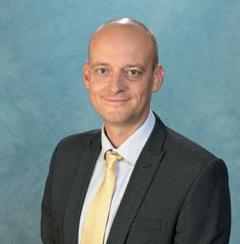
Assessment:
• Paper 1: Thematic study and historic environment (1 hour and 20 minutes) 30% of the final mark
• Paper 2: Period study and British depth study (1 hour and 50 minutes) 40% of the final mark
• Paper 3: Modern depth study (1 hour and 30 minutes) and is worth 30% of the final mark
Key information:
• Paper 1 Thematic and historic environment study: Crime and punishment in Britain, c1000–present and Historic environment: Whitechapel, c1870-c1900: crime, policing and the inner city
• Paper 2 Period study and British depth study: British depth study - Early Elizabethan England, 1558–88 and Period depth study - Superpower relations and the Cold War, 1941–91
• Paper 3 Modern depth study: Weimar and Nazi Germany, 1918–39
Who this course is for:
This exciting GCSE History course is perfect for pupils with a passion for this subject. It aims to develop pupils' understanding of human activity in the past based on historical evidence.
Pupils will learn about the nature of cause and consequence, continuity and change, and similarity and difference. Through studying this course, pupils will develop an understanding of the present and how it is influenced by past events.
In Year 10, we take pupils on a day trip to London to tour the sites of Whitechapel associated with the Ripper mur-
QUALIFICATION: GCSE 9-1
CODE: 1HIO
EXAMINATION BOARD: PEARSON EDEXCEL
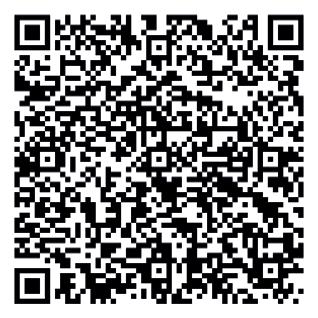
ders. We have an expert guide throughout the day and pupils have lunch at Spitalfields Market.
We also take Year 10 to Christchurch to explore how a local town has connections to aspects of our GCSE course.
In the coming years, we hope to develop a residential trip to Berlin to compliment the studies of Nazi Germany and the Cold War.
• Develop independent learning
• Teamwork
• Meaningful writing
• Critical thinking
• Inference
• Evidence analysis and evaluation
• Oral communication
• Engage in historical enquiry
• Formulate enquiries and construct arguments
• Increase literacy skills
History GCSE has been identified as a very desirable subject for employers because of the wide variety of skills it develops. History GCSE can be the foundation for careers in:
• Law
• Archaeology
• Archivist
• Museum curator
• Historian
• Politics
• Research
• Public sector
• Journalism
• Social research
• Education
Miss Elisabeth Crook Head of History elisabeth.crook@ballardschool.co.uk
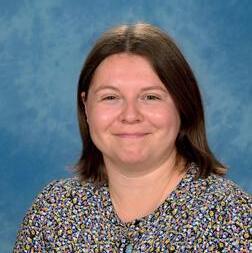
• Paper 1: The study of religions: beliefs, teachings and practices (1 hour and 45 minutes) 50% of the final mark.
• Paper 2: Thematic studies (1 hour and 45 minutes) 50% of the final mark.
• Paper 1 The Study of Religions: Beliefs, Teachings and Practices: Candidates will be assessed on the beliefs, teachings and practices of two religions from:
• Buddhism
• Christianity
• Catholic Christianity
• Hinduism
• Islam
• Judaism
• Sikhism
• Paper 2 Thematic Studies: Candidates will be assessed on either four religious, philosophical and ethical studies themes or two religious, philosophical and ethical studies themes and two textual studies themes.
Religious, Philosophical and Ethical Studies Themes:
• Theme A: Relationships and families
• Theme B: Religion and life
• Theme C: The existence of God and revelation
• Theme D: Religion, peace and conflict
• Theme E: Religion, crime and punishment.
• Theme F: Religion, human rights and social justice
Textual Studies Themes:
• Theme G: St Mark’s Gospel – the life of Jesus
• Theme H: St Mark’s Gospel as a source of religious, moral and spiritual truths
QUALIFICATION: GCSE 9-1
CODE: 8062
EXAMINATION BOARD: AQA

The aim of the syllabus is to enable the pupils to develop a sound knowledge and understanding of various religions, including the Christian faith and its relevance in today’s world.
Religious Studies isn’t like other subjects where you’re expected to know the answers; instead, you are expected to ask the questions. Pupils will be invited to wrestle with questions about the meaning, value and purpose of life, calling upon them not only to justify their opinions with wisdom and clarity, but to appreciate and value the differences and perspectives of others as they grow up in multi-cultural Britain.
• Research, analysis and presentation skills
• Critical thinking skills
• Formulate questions and solve problems
• Organisational and time management skills
• Descriptive writing and argumentative skills
• Cultivate skills to foster greater tolerance for diverse religious and world views
Trips:
Jewish synagogue in Bournemouth and Moorlands College.
Faithworks, Spear or other Bournemouth-based Christian charities that work with the homeless and unemployed.
• Teaching
• Youth work
• Community and social work
• Pastoral jobs
• Priesthood
• Counselling careers
• Sociology & Psychology
• Law
Mr Jeff Whalen
Head of Religious Studies
jeff.whalen@ballardschool.co.uk
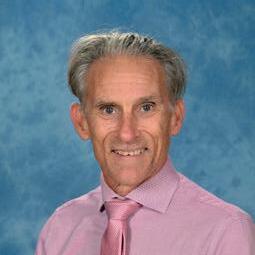
Assessment:
GCSE French has a Foundation tier (grades 5–1) and a Higher tier (grades 9–4). Pupils must take all four question papers at the same tier. The four papers each represent 25% of the final mark:
• Paper 1: Listening
• Paper 2: Speaking
• Paper 3: Reading
• Paper 4: Writing
This is a two-year course, assessed externally at the end of Year 11. The course covers three themes:
• People and lifestyle
• Popular culture
• Communication and the world around us
Who this course is for:
French is widely spoken across the world, far beyond Europe. Universities and employers are increasingly looking for pupils with language skills. Being bilingual or multilingual requires and builds patience, perseverance, adaptability, and resilience.
Learning another language requires thinking outside the box and improves problem solving and creativity. The intercultural understanding developed through the study of a new language opens doors to enjoying a wealth of music, art, film, cuisine and much more.
This course is for pupils who wish to become wellrounded individuals, confident communicators, effective listeners, skilled leaders and informed and engaged global citizens.
QUALIFICATION: GCSE 9-1
CODE: 8652
EXAMINATION BOARD: AQA
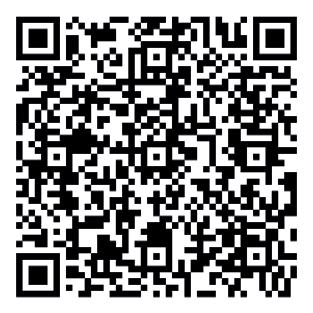
Local trips to experience the cultural aspects of the language studied, alongside our in-house Co-Curricular activities (e.g. crêpe making, French Institute pop video competition).
• Enriches vocabulary in first language
• Improves literacy and oracy
• Promotes communication and presentation skills
• Enhances world views
• Builds resilience
• Develops mental agility
• Enhances soft skills: listening and empathy
• Facilitates travel
• Fosters appreciation and respect for diversity
• International business
• Government careers (e.g: GCHQ, Foreign affairs and diplomacy)
• Tourism
• Translation
• Education
• Journalism
• Social media management
Mrs Liz Thomas Head of French liz.thomas@ballardschool.co.uk
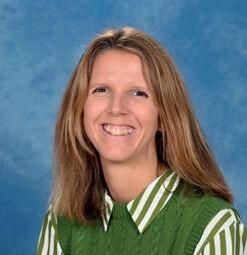
Assessment:
GCSE Spanish has a Foundation tier (grades 5–1) and a Higher tier (grades 9–4). Pupils must take all four question papers at the same tier. The four papers each represent 25% of the final mark:
• Paper 1: Listening
• Paper 2: Speaking
• Paper 3: Reading
• Paper 4: Writing
This is a two-year course, assessed externally at the end of Year 11. The course covers three themes:
• People and lifestyle
• Popular culture
• Communication and the world around us
Who this course is for:
Spanish is widely spoken across the world, far beyond Europe. Universities and employers are increasingly looking for pupils with language skills. Being bilingual or multilingual requires and builds patience, perseverance, adaptability, and resilience.
Learning another language requires thinking outside the box and improves problem solving and creativity. The intercultural understanding developed through the study of a new language opens doors to enjoying a wealth of music, art, film, cuisine and much more.
This course is for pupils who wish to become well-rounded individuals, confident communicators, effective listeners, skilled leaders and informed and engaged global citizens.
QUALIFICATION: GCSE 9-1
CODE: 8692
EXAMINATION BOARD: AQA
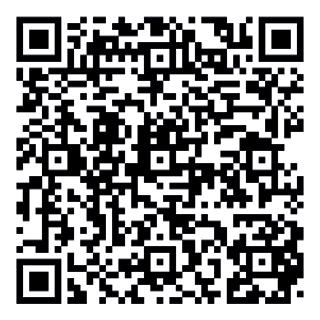
Local trips to experience the cultural aspects of the language studied (e.g. Tapas tasting) along side our inhouse Co-Curricular activities (Spanish Leaders Awards, salsa workshops etc...)
• Enriches vocabulary in first language
• Improves literacy and oracy
• Promotes communication and presentation skills
• Enhances world views
• Builds resilience
• Develops mental agility
• Enhances soft skills: listening and empathy
• Facilitates travel
• Fosters appreciation and respect for diversity
• International business
• Government careers (e.g: GCHQ, Foreign Affairs and Diplomacy)
• Tourism
• Translation
• Education
• Journalism
• Social media management
Mrs Angela Guillén Head of Spanish angela.guillen@ballardschool.co.uk
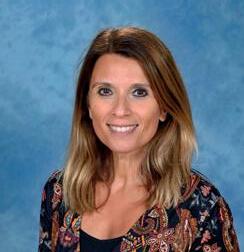
• Paper 1 - Computer systems: Written examination (1 hour 30 mins) 50% of final mark
• Paper 2 - Computational thinking, algorithms & programming: Written examination (1 hour 30 mins) 50% of final mark
Paper 1 - Computer Systems: The question paper will consist of short and medium answer questions. There will also be one 8-mark extended response question. This question will enable pupils to demonstrate the ability to construct and develop a sustained line of reasoning.
Paper 2 - Computational Thinking:
• Section A: Assesses pupils’ knowledge and understanding of concepts of Computer Science. Pupils then apply these to problems in computational terms, where they may use an algorithmic approach.
• Section B: Assesses pupils’ Practical Programming skills and their ability to design, write, test and refine programs.
Pupils are not permitted to use a calculator in the examination.
The aim of this course is to give learners a real, in-depth understanding of how computer technology works. Pupils will acquire and apply creative and technical skills, knowledge and understanding of IT in a range of contexts to develop computer programs to solve problems. They will develop the skills to work collaboratively, evaluate the effectiveness of computer programs/solutions and the impact of, and issues related to, the use of computer technology in society. It provides excellent preparation for higher study and employment in Computer Science as well as developing critical thinking, analysis and problem-solving skills.
QUALIFICATION: GCSE 9-1
CODE: J277
EXAMINATION BOARD: OCR
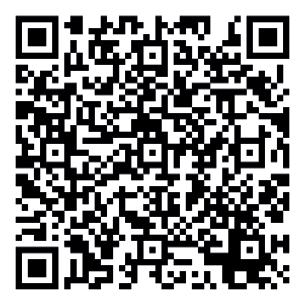
We aim to run one trip in the summer of Year 10.
• Critical thinking
• High level of reasoning
• Analysis and problem solving
• Coding skills
• Cyber security analyst
• Data analyst
• Software engineer
• Systems analysts
• UX designer
• Web developer
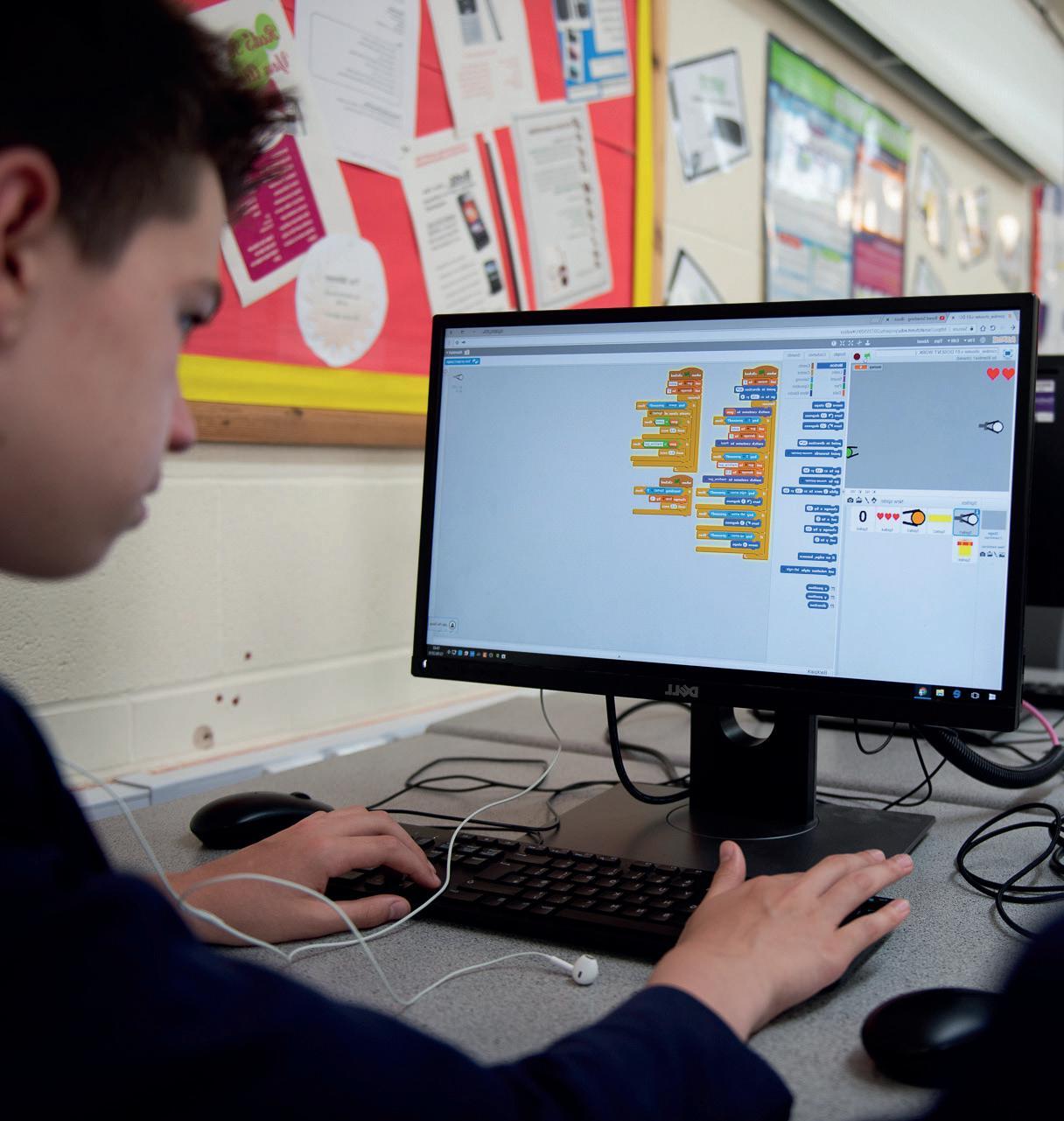
Mr James Blake Head of ICT & Computer Science
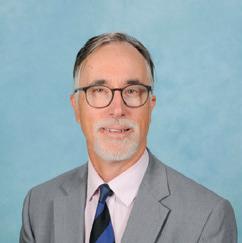
Assessment:
• Paper 1 - Written Paper: Written examination (1 hour 30 mins) 50% of final mark
• Paper 2 - Practical Paper: Written and Practical examination (3 hours) 50% of final mark
Paper 1: The examination comprises a mixture of multiple-choice, short and long answer questions. Candidates must study all of the following topics:
• Topic 1: Digital Devices
• Topic 2: Connectivity
• Topic 3: Operating Online
• Topic 4: Online Goods and Services
Paper 2: Candidates are assessed through a three-hour practical examination (including printing time), set and marked by Pearson. They must study both of the following topics:
• Topic 5: Applying Information and Communication Technology
• Topic 6: Software Skills
Who this course is for:
This qualification provides pupils with the opportunity of operating confidently in today’s digital world. It is a useful, practical qualification which will provide skills needed in further education and work.
Pupils will learn about topics ranging from digital devices and connectivity, safe and responsible practice, and understand the impact of internet on the way that organisations do business. They will also be encouraged to practise using software applications effectively.
QUALIFICATION: iGCSE 9-1
CODE: 4IT1
EXAMINATION BOARD: PEARSON EDEXCEL
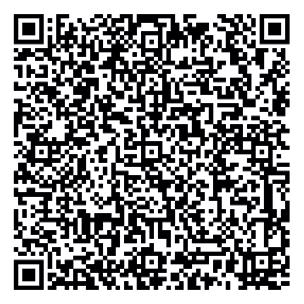
We aim to run one trip in the summer of Year 10.
• Apply knowledge and understanding to produce ICT based solutions
• Develop skills of analysis and evaluation, making reasoned judgements and presenting conclusions
• Reflect critically on their own and others’ use of Information and Communication Technology
• Adopt safe, secure and responsible practices in ICT
• Technical writing
• Cyber security analyst
• Data analyst
• Software engineer
• Systems analysts
• UX designer
• Web developer
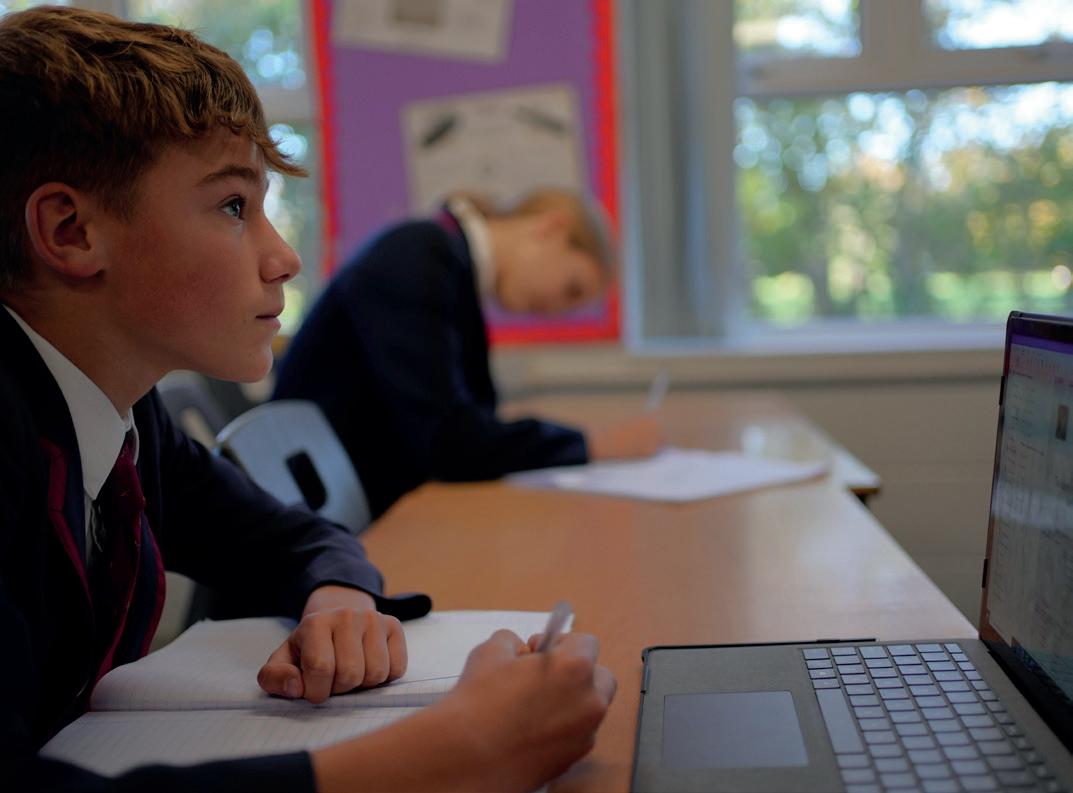
Mr James Blake Head of ICT & Computer Science james.blake@ballardschool.co.uk

Assessment:
• Summer Project (Year 9)
• Supporting Project (Year 10)
• Portfolio: No time limit 60% of final mark. Internally assessed, externally moderated
• Externally Set Assignment: 10 hours of supervised time 40% of final mark
Component 1: Portfolio. Year 10 Summer Term + Year 11 Autumn Term – April to December. Design portfolio - product construction. This is a design and make project based on a product designer/artist theme of choice. Pupils learn practical skills, whilst developing design knowledge and understanding. This lasts for two terms until December of Year 11. The portfolio must include both:
• A sustained project – developed in response to a subject, theme, task or brief evidencing the journey from initial engagement with an idea(s) to the realisation of intentions
• A selection of further work – resulting from activities such as trials, experiments and skills-based workshops
Component 2: Externally set assignment. Year 11 Spring Term - 10 hour practical – March. 3D Art & Product Design has an early release paper in January from which students choose a starting point to develop a response using their skills, knowledge and understanding gained through the course of study
Who this course is for:
The course is designed to give pupils with a creative and practical flair a stimulating and enjoyable experience as designer-makers. By developing their design skills, problem solving abilities and working knowledge of materials,
QUALIFICATION: GCSE 9-1
CODE: 8205
EXAMINATION BOARD: AQA

pupils create their own satisfying project outcomes to a range of teacher led and examination board themes. The qualification is not aimed solely at pupils following a design or technical career as abilities in research, design and problem solving are highly useful life skills.
• Develop creative, technical and practical expertise
• Gain the skills in order to design and make high-quality prototypes
• Build and apply a repertoire of technical knowledge
• Critique, evaluate and test their ideas and products
• Engineering
• Electrical
• Construction
• Product/Industrial designer
• Architect
• Naval architect
• Engineering
• Science
• Technical
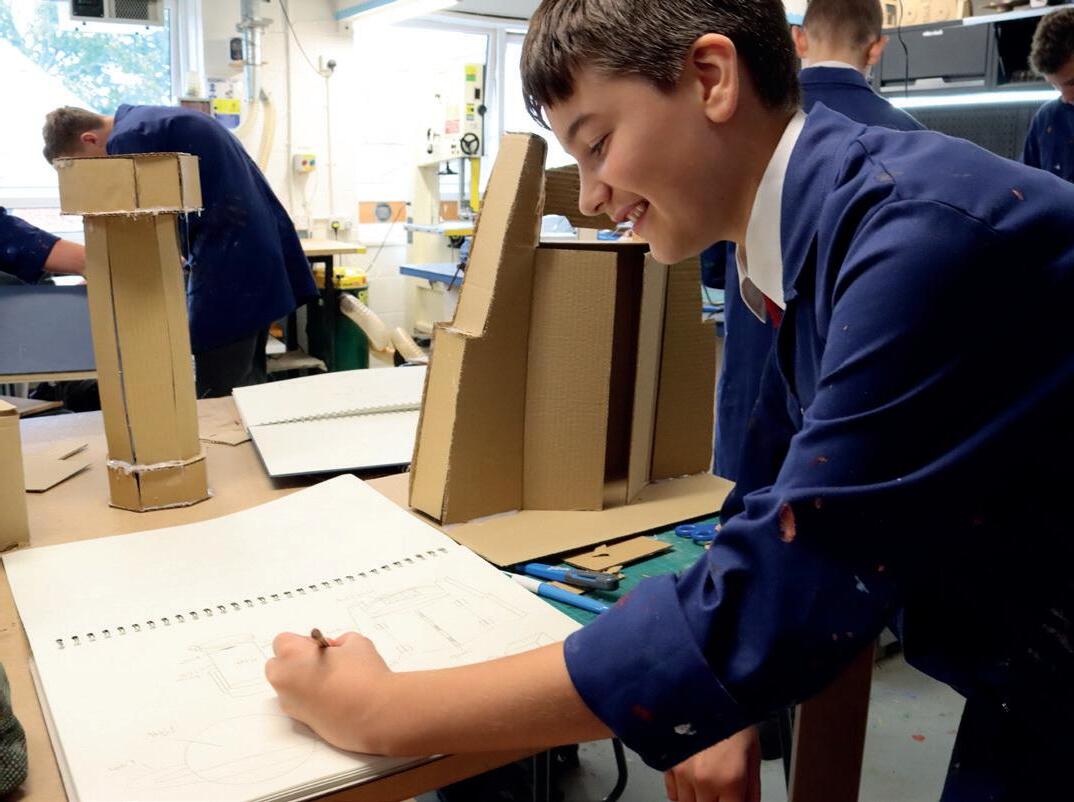
Mr Andrew Cornwell Head of DT and STEM andrew.cornwell@ballardschool.co.uk
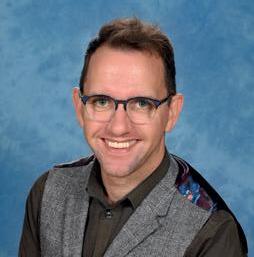
Assessment:
• Examination: Theoretical knowledge (1 hour 45 mins) 50% of final mark
• Non Exam Assessment (NEA): Task 1: Food Investigation; Task 2: Food preparation assessment 50% of final mark
QUALIFICATION: GCSE 9-1
CODE: 8585
EXAMINATION BOARD: AQA
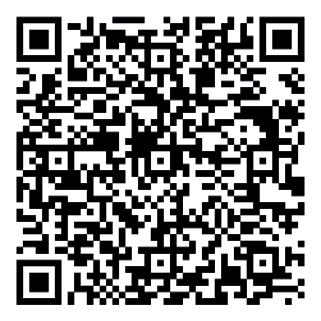
Who this course is for:
The GCSE specification in Food Preparation and Nutrition is an exciting and creative course which focuses on practical cooking skills. It will prepare candidates to make more informed decisions about further learning opportunities and career choices.
At its heart, this qualification focuses on nurturing students’ practical cookery skills to give them a strong understanding of nutrition, food provenance and the working characteristics of food materials. Examination: Food Preparation and Nutrition is externally assessed. Questions will cover all aspects of the specification content: Food Nutrition and Health, Food Science, Food Safety, Food Choice and Food Provenance. This will be taken in the June of Year 11.
Non Exam Assessment (NEA): Candidates submit two tasks chosen from a list of themes provided by AQA. Candidates must be entered for both units. The Food Investigation task is set in Year 11, September 1st and the Food Preparation task is set on November 1st.
• Task 1 – The Food Investigations x 3 (15%), 10 hours (30 marks) - The task will assess the following skills: research, selecting and justifying choices, how ingredients work and why, practical investigations and conclusions.
• Task 2 – The Food Preparation Assessment (35%), 20 hours (70 marks). The task will assess the following skills: research, selecting and justifying choices, including different technical skills, menu planning and practical work, analysis and evaluation of the nutritional information, costs and sensory properties of the seven dishes made. They should demonstrate different practical skills and present three dishes within a single period of 3 hours.
• Develop safe cooking skills
• Develop knowledge, of functional properties and chemical processes as well as the nutritional content of food and drinks
• Understand the relationship between diet, nutrition and health
• Understand the economic, environmental, ethical, and socio-cultural influences on food availability
• Explore a range of ingredients and processes from different culinary traditions
• Food technologist
• Nutritionist
• Food marketing
• Chef
• Confectioner
• Dietician
• Consumer adviser
• Food retailing
• Health promotion
• Food journalist/stylist
Mrs Anna Clarke
Head of Food Technology
anna.clarke@ballardschool.co.uk

• Portfolio: No time limit 60% of final mark. Internally assessed, externally moderated
• Externally Set Assignment: 10 hours of supervised time 40% of final mark
Component 1: Portfolio: Initially pupils will develop, explore and record their ideas from a given starting point. They will learn skills whilst developing their knowledge and understanding. Later in the course, they will have the opportunity to create a personal response to a variety of starting points and they will work across a range of media and processes. Completion is by Christmas of Year 11.
Component 2: Externally Set Task: Has an early release paper from which they will be able to choose a starting point to develop a response using the skills, knowledge and understanding from their Portfolio unit. They will be given a period of preparation, then a 10 hour period of sustained focused study in which to create their final response. Completion is by end of April in Year 11.
Assessment Format: Both components will be marked internally by the Art Department and moderated externally by OCR.
• AO1 Develop – Research of artist, movements: looking at and studying an artist/movement/culture. Develop their ideas through investigations demonstrating critical understanding of sources. (Portfolio: 30 marks plus Externally Set Tasks: 20 marks)
• AO2 Refine – (Development) Refine work by exploring ideas, selecting and experimenting with appropriate medias, materials, techniques and processes. (Portfolio: 30 marks plus Externally Set Tasks: 20 marks)
• AO3 Record – Research into chosen title. Record ideas, observations and insights relevant to their intentions as work progresses. Must incorporate observation drawings and sketches. (Portfolio: 30 marks plus externally set tasks: 20 marks)
QUALIFICATION:
CODE: J171
EXAMINATION BOARD: OCR
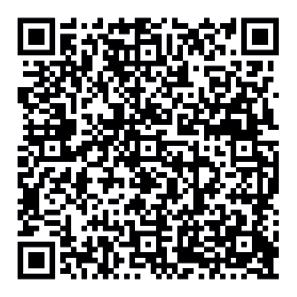
• AO4 Present – (Final response, painting) Present a personal and meaningful response that realises intentions and demonstrates understanding of visual language. (Portfolio: 30 marks plus externally set tasks: 20 marks)
This broad-based course offers the opportunity to develop the pupils' skills, knowledge and understanding using practical skills, whilst developing an understanding of the wide range of areas in art, craft and design. Pupils will have the opportunity to study from a range of options to suit their interest in Fine Art, for example: drawing, painting, installation, mixed media and digital media. This provides an excellent foundation for future creative study beyond GCSE level.
• Become confident in taking risks and learn from experience. Developed creativity and application of visual language
• Develop critical understanding through investigative, technical and expressive skills.
• Acquire and develop technical skills through working with a broad range of media
We run trips to galleries and seek out opportunities to visit places of interest that will support students with their sketchbook projects such as The Sealife Centre.
Mrs Davina Hitchens Head of Visual
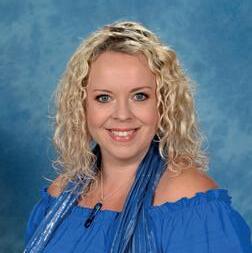
• Illustrator
• Animator
• Graphic designer/web designer
• Prop and set designer
• Arts heritage – conservation and restoration
• Spatial, interior or landscape designer
• Tattooist artist
Assessment:
• Portfolio: No time limit 60% of final mark. Internally assessed, externally moderated
• Externally Set Assignment: 10 hours of supervised time 40% of final mark
Component 1: Portfolio. Year 10 Summer Term + Year 11 Autumn Term – April to December. The portfolio must include:
• A sustained project – developed in response to a subject, theme, task or brief evidencing the journey from initial engagement with an idea(s) to the realisation of intentions.
Component 2: Externally Set Task. Year 11 Spring Term - 10 hour practical – March. Pupils are required to work in one or more area(s) of textile design, such as those listed below:
• Art textiles
• Fashion design and illustration
• Costume design
• Constructed textiles
• Printed and dyed textiles
• Surface pattern
• Stitched and/or embellished textiles
• Soft furnishings and/or textiles for interiors
• Digital textiles
• Installed textiles
They may explore overlapping areas and combinations of areas.
Who this course is for:
This broad-based course offers the opportunity to develop the pupil’s skills, knowledge and understanding using practical skills, whilst developing an understanding of the wide-ranging areas of art, craft and design. They will have the opportunity to study a range of techniques such as:
QUALIFICATION: GCSE 9-1
CODE: J174
EXAMINATION BOARD: OCR

screenprinting, heat press transfer, 3D and constructed textiles, machine and hand-stitch and digital textiles and are able to specialise in their chosen pathway to develop their final designs, based on their individual interests.
At the start of Year 10, students participate in site visits designed to stimulate creative exploration and support the development of visual research. These excursions involve photographing and gathering materials that serve as inspiration for practical sample work. This academic year, students visited a Sea Life Centre and Mudeford Quay to inform and enrich their understanding of marine themes within the 'Ocean' project.
Towards the end of Year 10, students attend a range of high-profile Art and Fashion exhibitions, including those held at the Victoria and Albert Museum, Tate Modern, and the Arts University Bournemouth (AUB) degree show. These experiences expose students to professional practice and contemporary creative industries. Additionally, the programme is enhanced by visiting artists who deliver specialist textile workshops, providing students with hands-on opportunities to expand their technical skills and artistic perspectives.
• Learn new skills such as surface pattern printmaking, weaving, felting, stitching, heat press printing, construction methods and CAD skills
• Understand the properties of different materials
• Use visual language critically as appropriate to their own intentions and chosen area of Textiles
• Textile and print designer
• Fashion designer
• Jewellery designer
• Illustrator
• Photography
• Buyer
• Interior design
Mrs Davina Hitchens
Head of Visual Arts davina.hitchens@ballardschool.co.uk
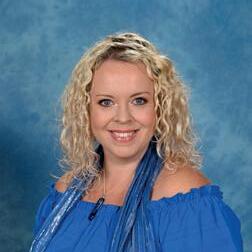
Assessment:
• Paper 1 - The human body and movement in physical activity and sport: Written examination (1 hour 15 mins) 30% of final mark.
• Paper 2 - Socio-cultural influences and well-being in physical activity and sport: Written examination (1 hour 15 mins) 30% of final mark.
• Non-exam assessment (NEA) - Practical performance in physical activity and sport: Assessed internally, externally moderated. 40% of final mark.
Written Papers: The exam paper includes multiple choice questions, short answer questions and extended questions. The following topics are assessed:
Paper 1:
• Applied anatomy and physiology
• Movement analysis
• Physical training
• Use of data
Paper 2:
• Sports psychology
• Socio-cultural influences
• Health, fitness and well-being
• Use of data
Practical Performance: Set in three different physical activities in the role of player/performer (one in a team activity, one in an individual activity and a third in either a team or in an individual activity). For each of their three activities, pupils will be assessed in skills in progressive drills (10 marks per activity) and in the full context (15 marks per activity).
All practical evidence is internally marked but moderated by an external visiting moderator.
Analysis and Evaluation Coursework (10% weighting): Students will be assessed on their analysis (15 marks)
QUALIFICATION: GCSE 9-1
CODE: 8582
EXAMINATION BOARD: AQA
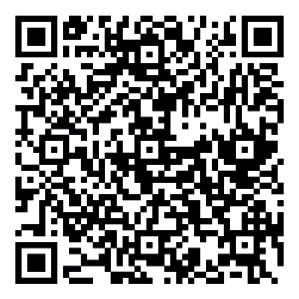
and evaluation (10 marks) of performance to bring about improvement in one activity.
Who this course is for:
The aim of this course is to develop knowledge, understanding, skills and values to develop and maintain pupil performance in physical activities whilst understanding the benefits to health, fitness and well-being. Pupils will have the opportunity to engage in team and individual sports.
Malta Sports Tour and Liddington Sports Tour.
• Develop skills, techniques, tactics, strategies and/or compositional ideas to enhance their practical performances
• Develop theoretical knowledge and understand how the physiological and psychological state affects performance in physical activity and sport
• Understand socio-cultural influences which can affect people’s involvement in physical activity and sport
• Teaching/coaching
• Physiotherapy
• Sports nutrition
• Sports massage
• Sports science
• Leisure management
Mr Dave Steadman
PE GCSE Co-Ordinator dave.steadman@ballardschool.co.uk
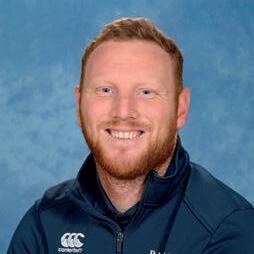
Assessment:
• Performance: Internally marked and externally moderated. 30% of final mark
• Choreography: Internally marked and externally moderated. 30% of final mark
• Paper 1 Dance appreciation: Written examination (1 hour 30 mins) 40% of final mark
Performance: Set phrases through a solo performance, approximately one minute in duration, as well as a duet/ trio performance, three to five minutes.
Choreography: Solo or group choreography – a solo (two to two and a half minutes) or a group dance for two to five dancers, three to three and a half minutes.
Written Assessment: Dance Appreciation: Pupils are assessed on their knowledge and understanding of choreographic processes and performing skills. Questions are based on pupils’ own practice in performance and choreography and the GCSE Dance anthology, where they must show critical appreciation of their own work and other professional works.
Pupils will study a range of dance styles and style fusions underpinned by the Dance Anthology, which includes six professional works. Pupils must study all six works, which include:
• Different dance styles and fusions of style
• A selection of established and emerging choreographers
• Different numbers and combinations of dancers
• A variety of choreographic approaches
• Different choreographic structures
• A variety of types of performance environment
• A variety of aural settings
• Inclusive dance
• Dance influenced by other cultures
QUALIFICATION: GCSE 9-1
CODE: 8236
EXAMINATION BOARD: AQA
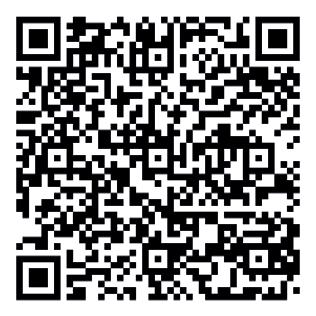
This specification focuses on the aesthetic and artistic qualities of dance and the symbolic use of movement to express and communicate ideas and concepts through the interrelated processes of performance, choreography and appreciation.
Dance is a powerful and empowering form of non-verbal communication, and it is both physical and expressive. This subject encourages pupils to develop their creative, physical, emotional and intellectual capacity, whatever their previous experience in the subject.
• Increase core body strength, flexibility, balance and coordination
• Develop expressive skills
• Improve through systematic repetition and response to feedback
• Ability to work in a group
• Presentation skills
• Creative awareness in the choreographic process
There are no essential trips as part of the GCSE course, however, from time to time trips to useful concerts and performances are offered.
• Choreographer
• Dance journalist
• Participatory dance artist
• Costume / Set designer
• Dance artist / performer
• Dance health practitioner
• Primary/Secondary school teacher
• Movement therapist
Miss Sophia Davis Head of Dance sophia.davis@ballardschool.co.uk
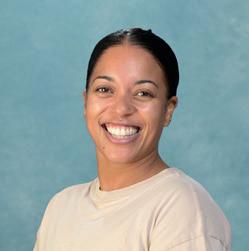
QUALIFICATION: GCSE 9-1
CODE: 8261
• Paper 1 - Understanding Drama: Written examination with open book (1 hour 45 mins) 40% of final mark
• Devising Drama: Internally marked and externally moderated, 40% of final mark
• Performance - Texts in practice: Externally marked, 20% of final mark
Understanding Drama: Written paper divided into three compulsory sections:
• Section A: Theatre roles and terminology
• Section B: Study of set text
• Section C: Live theatre production. Summer Term of Year 11 (1 hour 45 mins)
Devising Drama: A practical component in which students are assessed on their ability to create and develop original theatre as a designer or actor in a performance. Pupils also produce a portfolio demonstrating how they applied theatrical skills to realise artistic intentions in live performance and analyse and evaluate their own work. It is marked by the teacher and moderated by AQA and takes place in the Autumn Term in Year 11.
Texts in Practice: A practical component in which students are assessed on their ability to apply theatrical skills to a script of their choice, for a live performance. It is marked by an AQA visiting examiner and takes place in the Spring Term in Year 11.
GCSE Drama offers pupils the opportunity to explore drama as a practical art form in which ideas and meaning are communicated to an audience. The course engages pupils in both devised and scripted work from a broad range of genres. Drama encourages pupils to become
Mrs Nicci O'Connor White Head of Drama nicci.oconnorwhite@ballardschool.co.uk
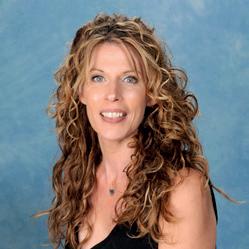
EXAMINATION BOARD: AQA
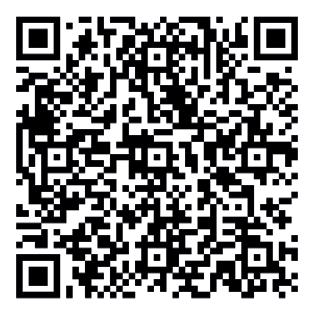
performers, to collaborate with others, think analytically and evaluate effectively. Drama pupils learn to pursue their own creativity and reflect on professional live theatre studied during the course.
• Performing
• Technical theatre
• Set and costume design
• Professional communication
• Self-evaluation
• Theatre analysis
• Teamwork and leadership
• Listening and responding
• Creative realisation
• Critical thinking and problem-solving
• Time management
• Research
Live theatre trips in the past have included: Frantic Assembly’s Metamorphosis, Stephen Mallatratt’s The Woman in Black and Willy Russell’s Blood Brothers.
• Actor
• Broadcast presenter
• Community arts worker
• Drama therapist
• Runner, broadcasting/film/video
• Theatre director
• Theatre stage manager
Assessment:
• Composing - Integrated Portfolio: Non Exam Assessment (NEA) 30% of final mark
• Practical Component - Performance: Non Exam Assessment (NEA) 30% of final mark
• Listening & Apprainsing: Written Examination (1 hour 30 mins) 40% of final mark
There are four areas of study: The Concerto Through Time, Rhythms of the World, Conventions of Pop, Film and Game Music. The practical elements include composing and performing in three forms of assessment.
Composing: Assessed through two compositions, one free choice and one to a brief set by the exam board. Internally marked and externally moderated by the end of the Year 11 Spring Term. An integrated portfolio comprising composition 1 and performance 1 to be completed by the end of the Year 10 Summer Term.
Performance: Assessed through two performances, one solo and one ensemble. Internally marked and externally moderated by the end of the Year 11 Spring Term.
Listening & Appraising: Year 10 ongoing preparations and assessments across all areas of study. Year 11 ongoing preparations across all areas of study for the mock exam and then the 90-minute exam in the Summer of Year 11, comprising a mixture of short answer questions and one long answer question on the four Areas of Study: The Concerto Through Time, Rhythms of the World, Conventions of Pop, Film and Game Music.
Who this course is for:
GCSE Music is about creating, performing and understanding music across a wide range of styles. Pupils' work will be largely practical, and they will be encouraged to perform on an instrument of their choice (including voice) as a soloist and member of an ensemble or band. They will develop and extend their composition skills, working to their own strengths and musical tastes whether classical, contemporary or commercial. Pupils will also listen
QUALIFICATION: GCSE 9-1
CODE: J536
EXAMINATION BOARD: OCR
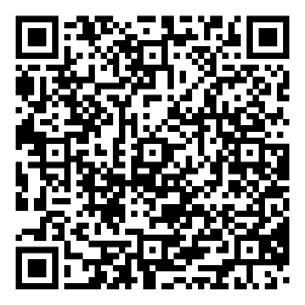
to and appraise music from a wide range of cultural and historical genres.
There are no essential trips as part of the GCSE course, however, trips to useful concerts and performances are offered, including Music for Youth Proms at the Royal Albert Hall.
Music is an academic subject but it benefits other subjects too. Studies have shown that music benefits learning by activating all areas of the brain: auditory (sound processing); motor (rhythm processing); and limbic (emotions).
• Independent learning: having to be disciplined about practising an instrument/voice
• Working as a team, broadening musical interests and experiences.
• Performance and presentation skills
• Listening, composing and developing analytical skills
• Problem solving skills and written skills
• Confidence and self-esteem: positively affecting all areas of life and learning
• Creativity and self-expression: helping pupils to think beyond the boundaries and harness the power of their imagination
• Increasingly, employers and universities are looking for young people who have skills that are learned through creative subjects: creative thinking, emotional intelligence, adaptability, communication, and tenacity for example. Music can open doors to a range of education and employment pathways. Being a musician, songwriter/composer are not the only careers in music – other options include:
• Sound technician/recording engineer/sound designer
• Artist manager
• Music therapist
• The arts/creative industries might include work in film, TV, theatre, radio, arts administration, or creative education.
Mr Barnaby Prangnell
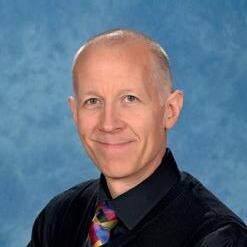
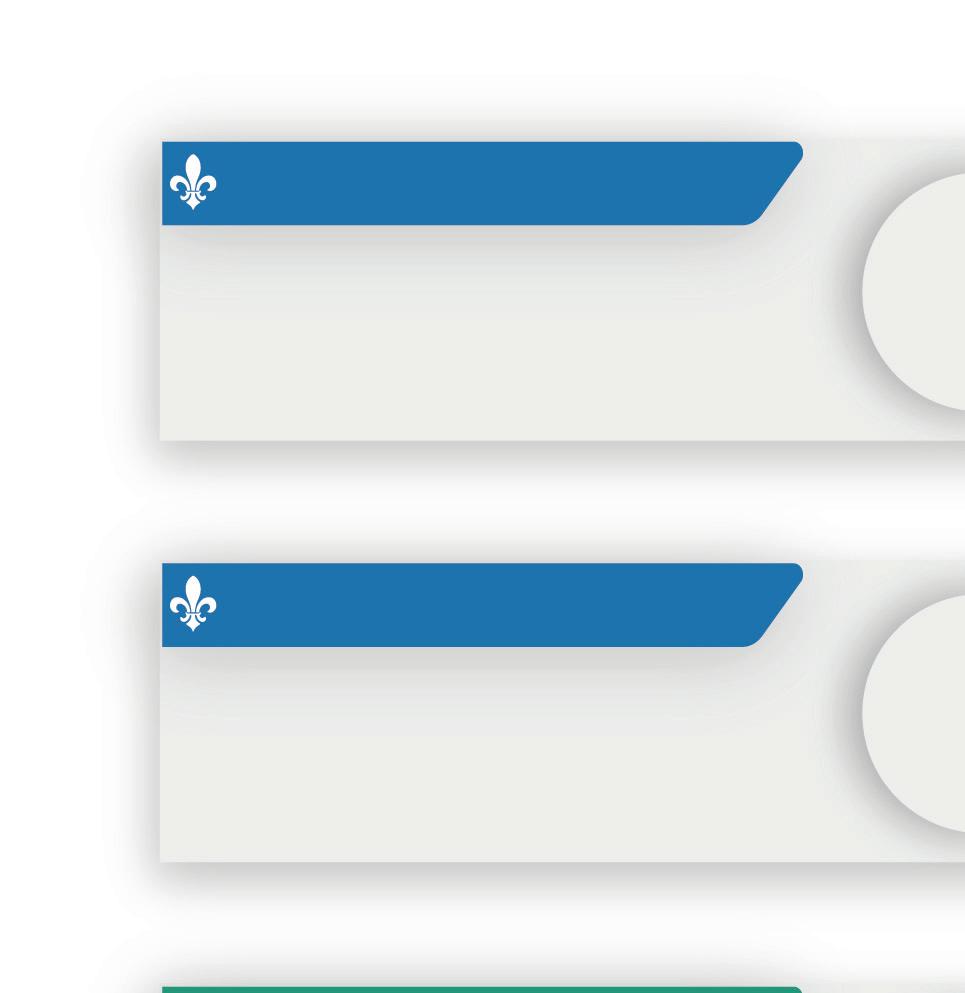
Headmaster
Andrew McCleave
headmaster@ballardschool.co.uk
Deputy Head-Pastoral
Chris Jackson
chris.jackson@ballardschool.co.uk
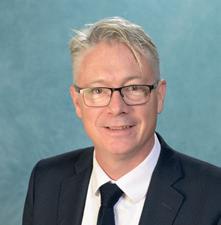

Director of Teaching & Learning
Oliver Rose
oliver.rose@ballardschool.co.uk
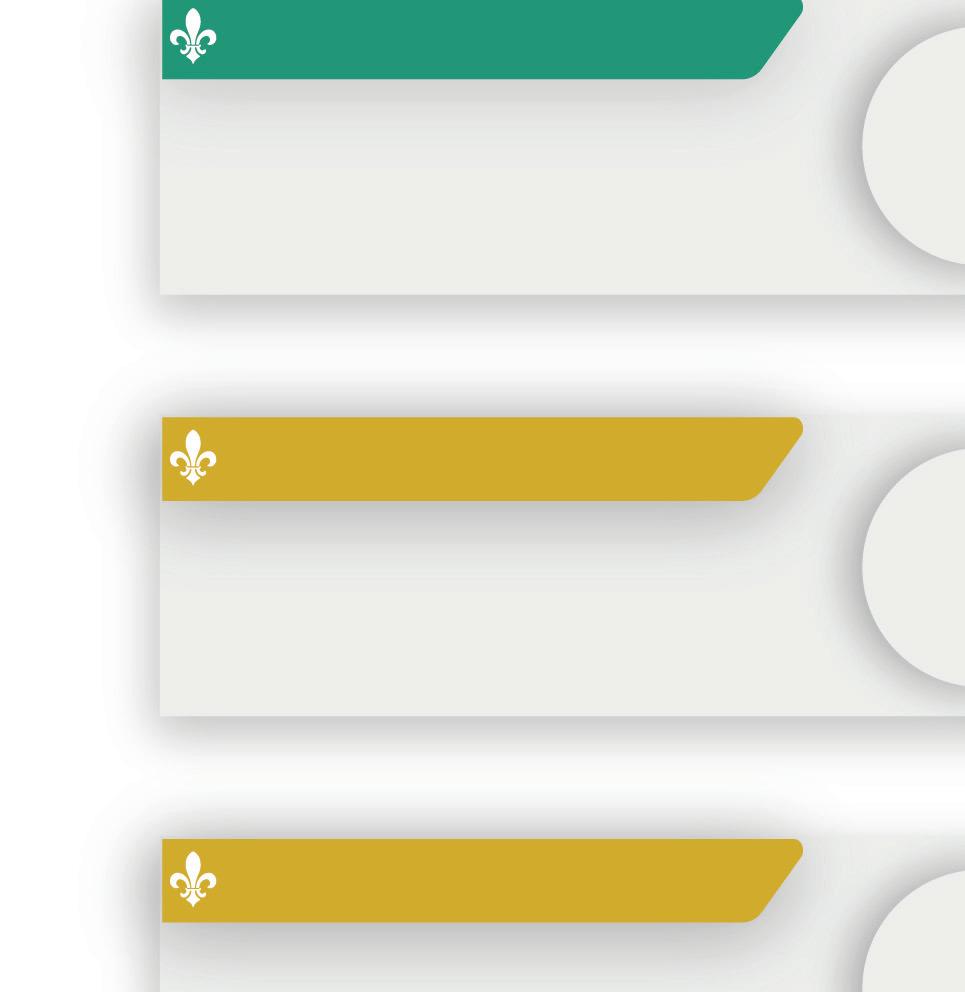
Head of Senior School
Angela Guillen
angela.guillen@ballardschool.co.uk
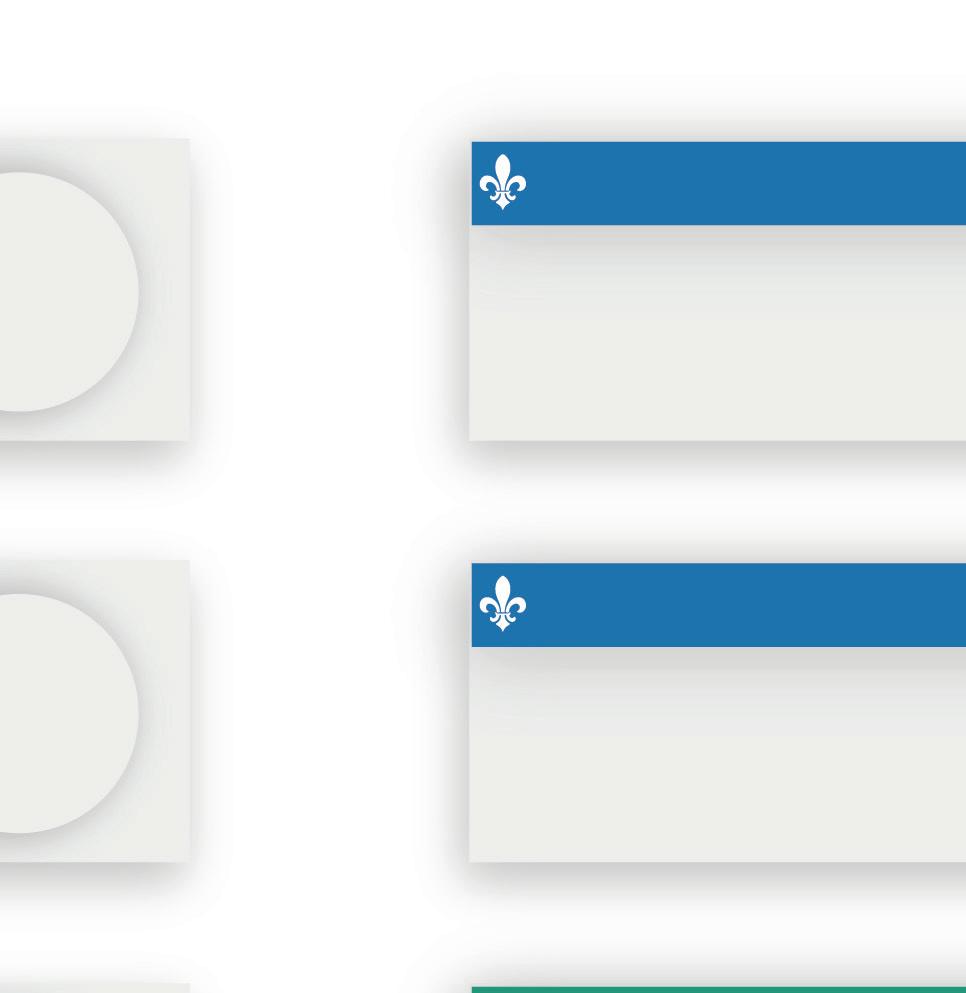
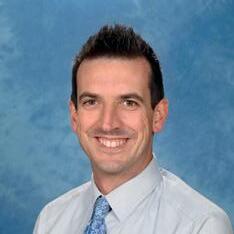
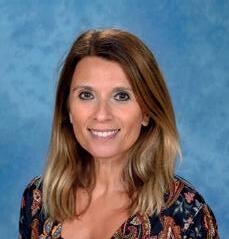
Head of PSHE
Catherine McCleave
catherine.mccleave@ballardschool.co.uk
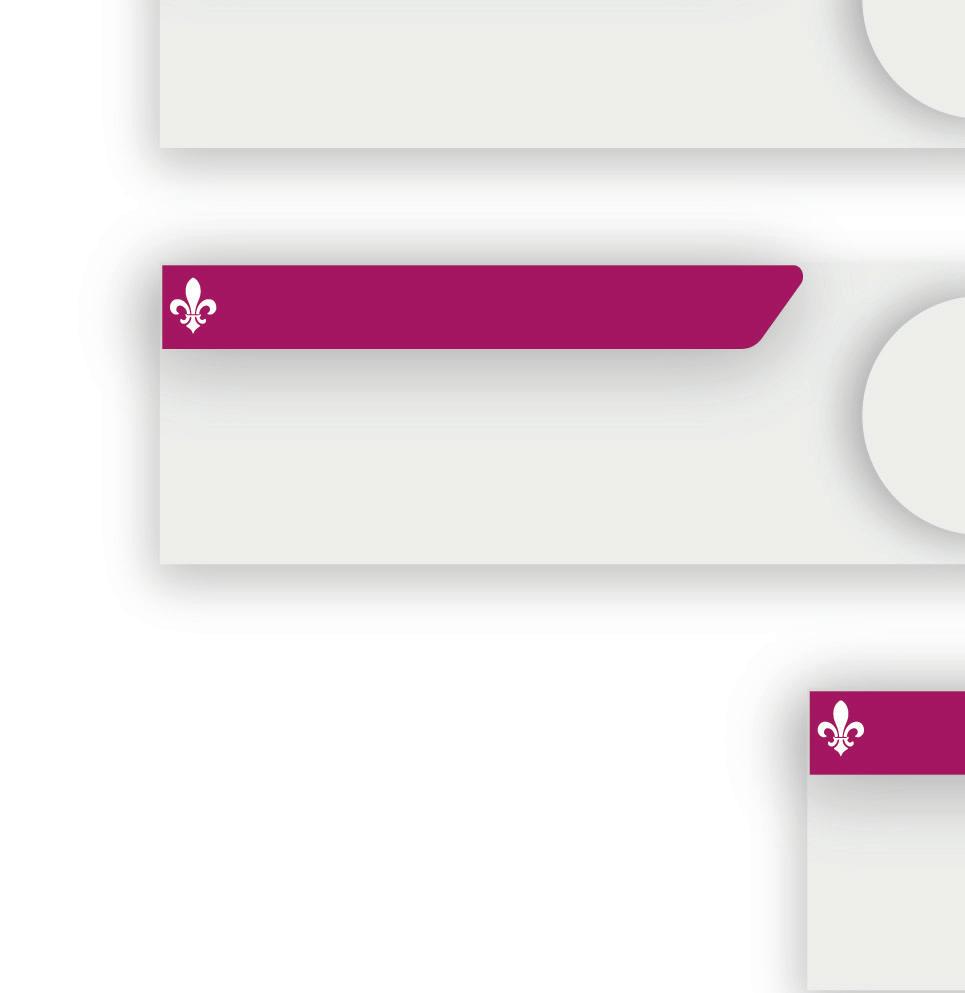

Deputy Head - Co-Curricular & Operations
victoria.gray@ballardschool.co.uk
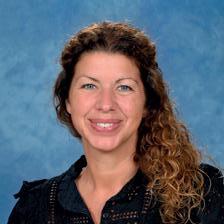
Bursar & Clerk to the Governors
rebecca.munro@ballardschool.co.uk
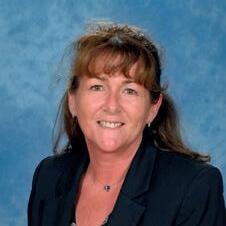
Director of Curriculum & Assessment
John Walter
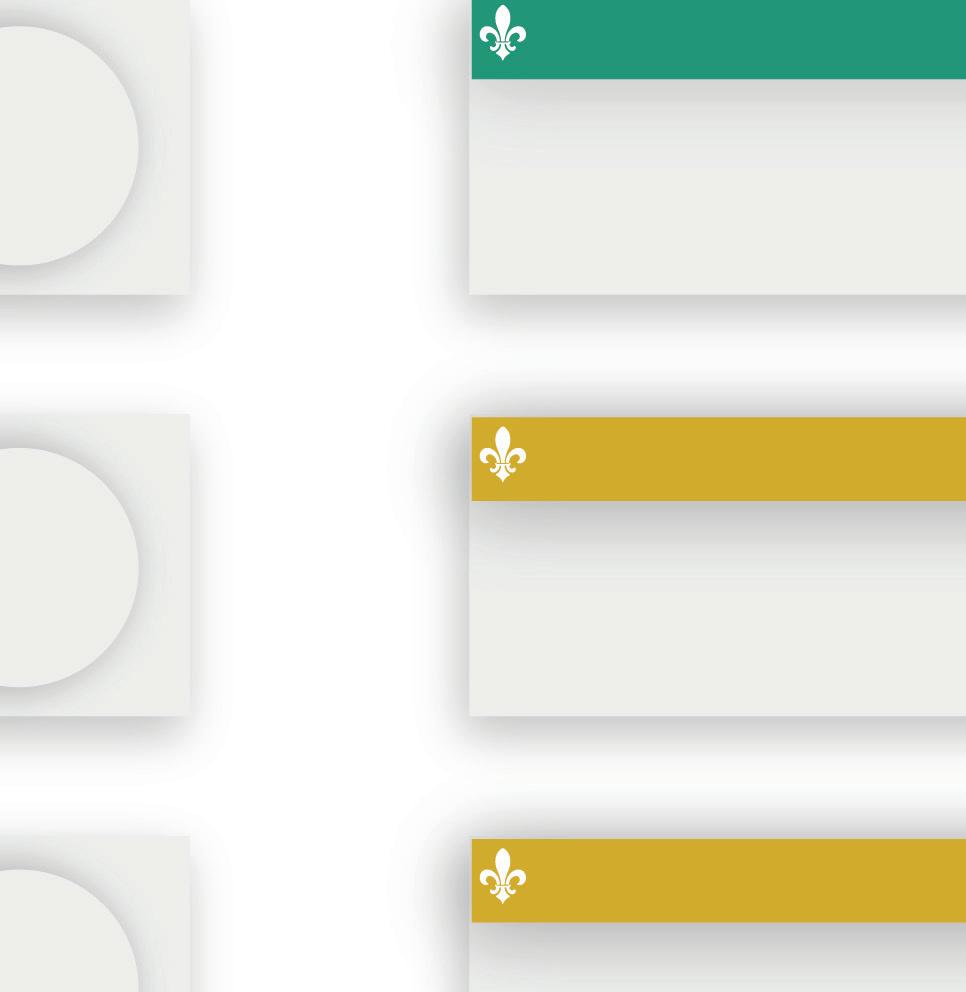
john.walter@ballardschool.co.uk
Deputy Head of Senior School Exams Officer
Brown
peter.brown@ballardschool.co.uk
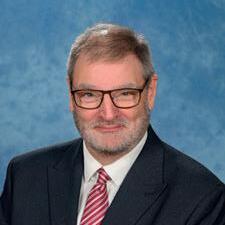
Careers Lead
nichole.hewison@ballardschool.co.uk
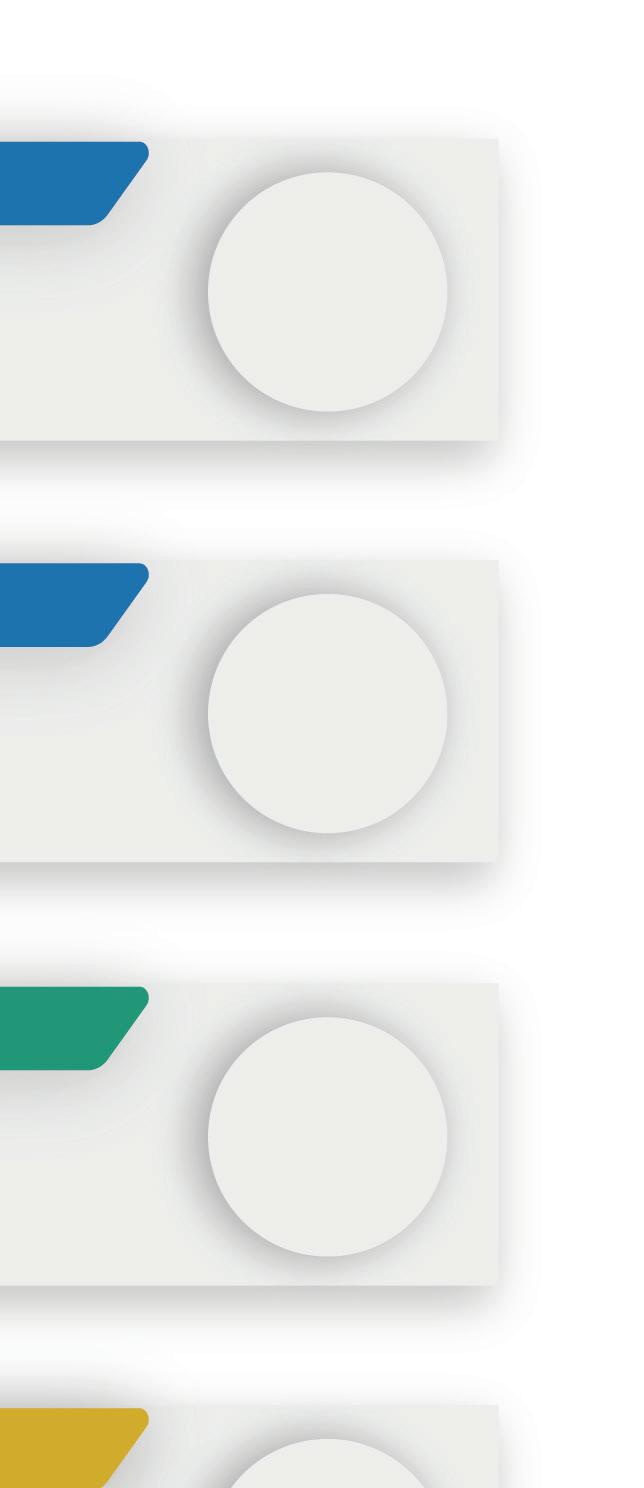
John Paul Fenton
johnpaul.fenton@ballardschool.co.uk
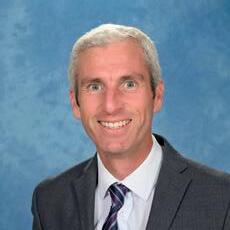
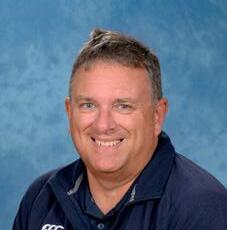
Director of Sport
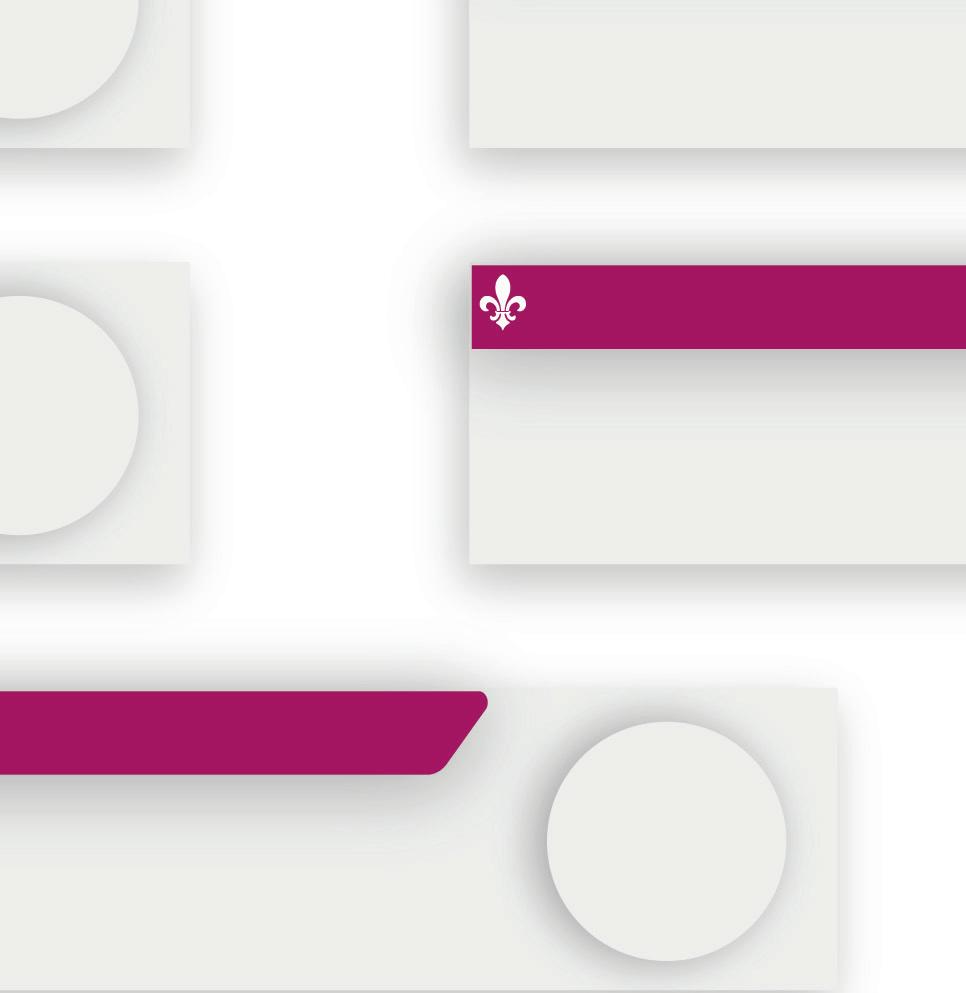
finlay.wood@ballardschool.co.uk
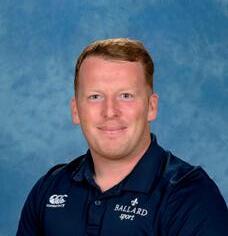
Head of Learning Support
jan.brook@ballardschool.co.uk
